Extended Library as rehearsal room
The series of discursive and artistic activations curated by Margarita Tsomou transforms the Extended Library into a space for movement and action. The potential to question the modes of conception and production of knowledge lies in the confrontation with this contrast.
In this cross-space, which invites visitors to read, write or think, but also to perform, train, dance or lie down, as equivalent offers of knowledge practices, codes and hierarchies of traditional knowledge systems can be challenged. The introduction of operations of the body into an institutionalized learning space such as a university library turns the Extended Library into a rehearsal space for questioning the basic conditions of modern epistemology: with artistic research experiments, performance lectures, rituals, dances, sounds and actions, the rehearsal space invites us to practice both critique and the unlearning of established forms of knowledge and to address the current epistemological crisis in the midst of planetary ruins by means of embodied knowledge production.
Considering that the modern sciences and their knowledge infrastructures and apparatuses were developed in the wake of violent divisions between a constructed "man-human", as a prototype of the human, and the colonized, racialized, feminized and naturalized "others", the series navigates between positions that propose epistemological paradigm shifts.
The program follows these traces of thought with contributions by Claire Cunningham, Jule Flier/Antonia Baehr, Isabell Spengler, Agata Siniarska, Martha Hincapié Charry, Lina Majdalanie or the Fundus Forschungstheater.
Prof. Dr. Margarita Tsomou is Curator for Theory and Discourse at Theater Hebbel am Ufer in Berlin and Professor of Contemporary Theatre Practice at Osnabrück University of Applied Sciences.
April 11, 2024: 4 Legs Good - Lecture Demonstration by Claire Cunningham
One of the UK’s most acclaimed and internationally renowned disabled artists, Claire Cunningham, presents a lecture demonstration exploring her artistic practice.
Claire will talk through the development of her career as her focus shifts from explorations about the connection between her crutches and her body, to how her crutches connect her to the world.
She will demonstrate her own unique movement style Quanimacy, illustrating how she is influenced by the use/misuse, study and distortion of her crutches; rejecting formal dance training and techniques created for non-disabled bodies. She will discuss how her work is also influenced by her lived experience of disability and its impact on the way society thinks about knowledge, value, connection and interdependence.
This is a relaxed, informal event where the audience is free to make themselves comfortable. There will be Sign Language Interpretation and a variety of seating options.
The evening will be introduced and hosted by Margarita Tsomou (Professor of Contemporary Theater Practice at Osnabrück University of Applied Sciences and Curator for Theory and Discourse at Hebbel am Ufer in Berlin).
January 12, 2024: TonTänze/Die Hörposaune/The Body is the Glitch
Performative film and lecture program with Isabell Spengler, Antonia Baehr, Jule Flierl and Margarita Tsomou
The program deals with musical scores in an extended sense and understands them as a method to reflect together with the audience in the Extended Library on the perception, reading and interpretation of the world.
To kick off the program, Antonia Baehr and Jule Flierl will perform the duet TonTänze live. Isabell Spengler, Antonia Baehr and Jule Flierl will then present their work Die Hörposaune - Film, which will be vocalized, commented on and further developed by the keynote speech The Body is the Glitch by Margarita Tsomou.
TonTänze (a selection) by and with Antonia Baehr and Jule Flierl
TonTanz (sound dance) is a conceptual invention by Valeska Gert. She uses the term to describe the movement of the voice in the body, thus moving away from the cliché of the mute female dancer. In this selection, Baehr and Flierl refer to the TonTanz genre, which opens up new forms of relationships between body, dance and voice.
Ore of Peace - 2018 - Jule Flierl
My Dog is my Piano - 2012 - Antonia Baehr
A wie Arsen - 1972 - Ruth Wolf-Rehfeldt
Dissociation Study - 2017 - Jule Flierl
HA HA HA - 2007 - Henry Wilt 2.
Die Hörposaune (The auditory trombone)
Film by Isabell Spengler, Antonia Baehr and Jule Flierl, staged in a visual installation by Nadia Lauro.
Using a floating camera, the film allows us to enter a world of membranes, liquefied boundaries and openings between inner and outer spaces. Here we encounter a reading session or voice performance in memory of the queer icon, Altus Klaus Nomi, one of the first public figures to die in the wake of the AIDS pandemic. The film delves daydream-like into the bowels of fantastical queer body imaginings, with spitting, panting, mouth space sounds, singing and vulva-like paper flower arrangements, reinterpreting anatomical representations.
OMITTED December 7, 2023: BITE. Research presentation as part of the Museum of the Anthropocene project
A performative intervention by Agata Siniarska followed by an open conversation
Introduction and moderation: Margarita Tsomou
Welcome to the Museum of the Anthropocene - among colonies of bacteria, taxidermic creatures, omnipresent ghosts, machine animals, bombs, leaking oil from the mouths of dying organisms - all performed by the human body. Ontological status: impossible but strenuously trying.
For the last centuries humans have strenuously tried to distinguish themselves from non-human organisms and non-human matter, despite the impossibility of this task. The performative research and practice of Agata Siniarska are proposals to relate to non-human entities and to share these attempts. They are no solutions at all, but efforts that clumsily litter the choreographic parameters of time, space, movement, bodies. These constant rehearsals, create knowledge that offers possibilities to expand the human sensorium, the bodily imagination, and thus to get closer to the non-self.
How can these experiments be archived? What if humans not conserve/freeze/record matter, but leave it to its own terms and allowed it to transform? Can we think of the archive as something mobile that follows movement instead of immobilizing it? How is the archive related with the world and how much do archives need humans?
Agata Siniarska works in the field of extended choreography. She places her practice between how we think about the world and how we move in it. It is a place where somatics and politics intersect - a place where body perception meets social engagement - between somatic and environmental landscapes, between human and non-human bodies. Agata’s present research explores the idea of a Museum of the Anthropocene, multi-species archives in the time of war and extinction, as well as various human and non-human alliances.
Unfortunately, this date had to be cancelled due to illness.
October 11, 2023: Opening
Opening of the Extended Library with a lecture by Anselm Franke on the significance of Sylvia Wynter's work and a performative-participative reading by Sarah Lewis-Cappellari, who will transform the Extended Library into a rehearsal space for non-knowledge in a Ceremony of Loss.
The content programme of the new Extended Library, curated by Margarita Tsomou, focuses on performative forms and formats of presentation. The 150 square metre anteroom of the library has been transformed into a transdisciplinary space for learning, work and discourse. The artistic-experimental studio creates links to multiple public spheres - both inside and outside the university.
The Extended Library also includes the new work Group Hug (2023) by Valentina Karga, Professor of Design at the HFBK Hamburg.
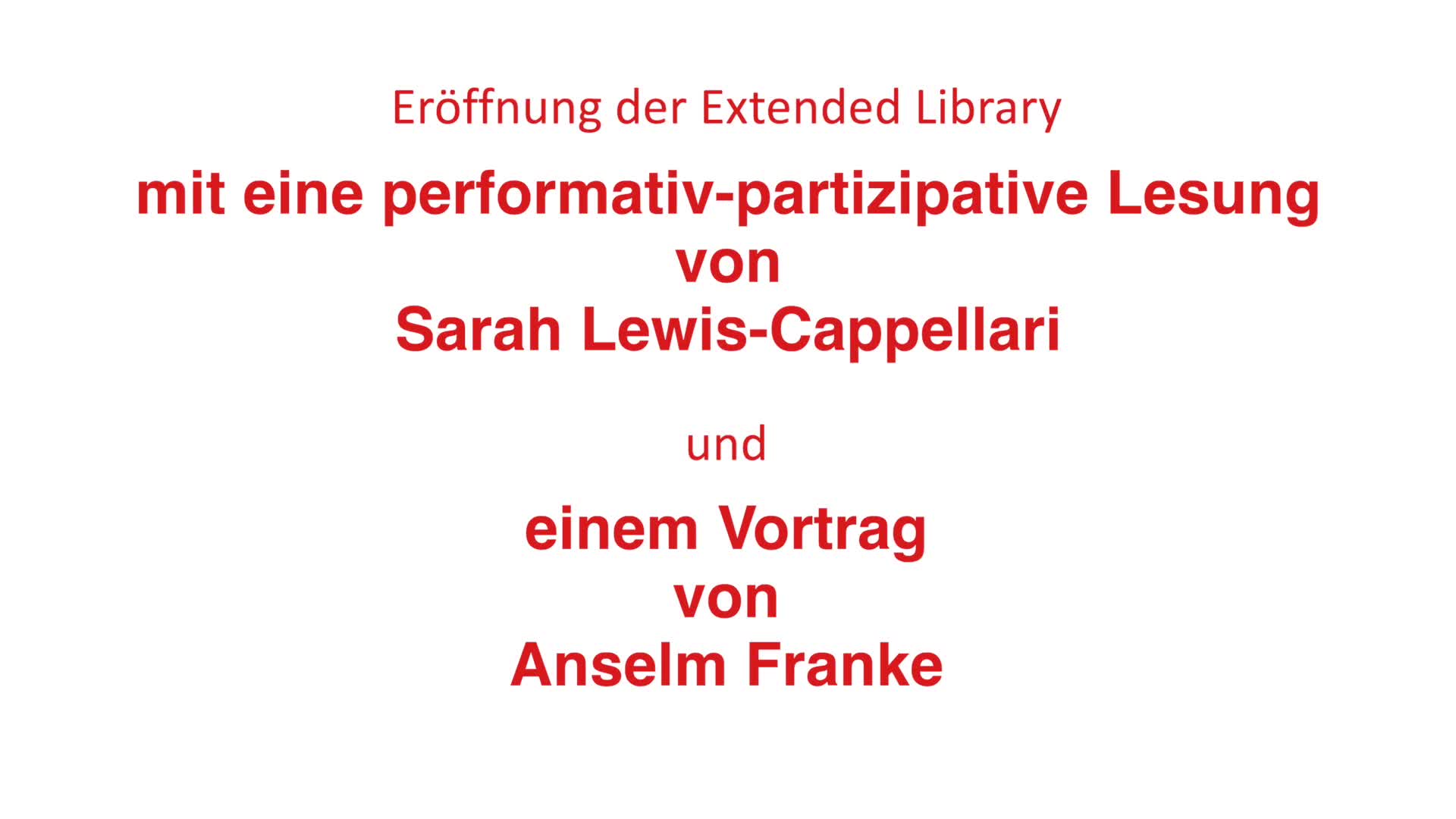
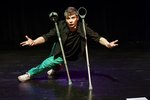
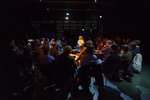
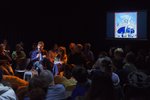

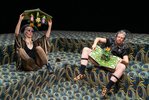

 Extended Library
Extended Library
 Library
Library
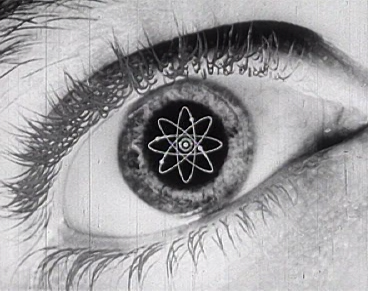
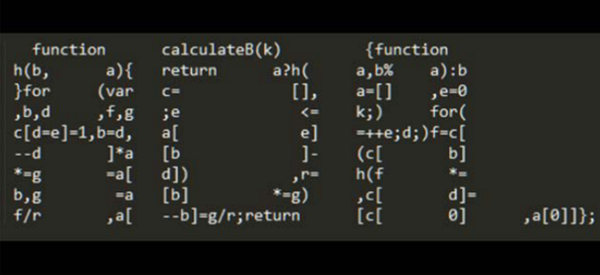
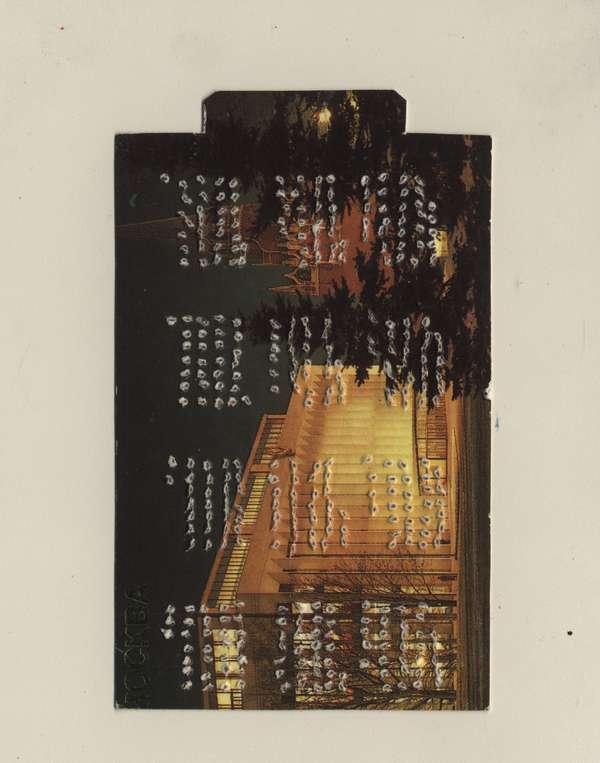
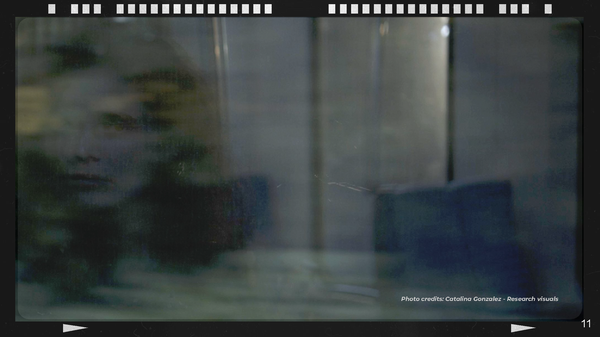
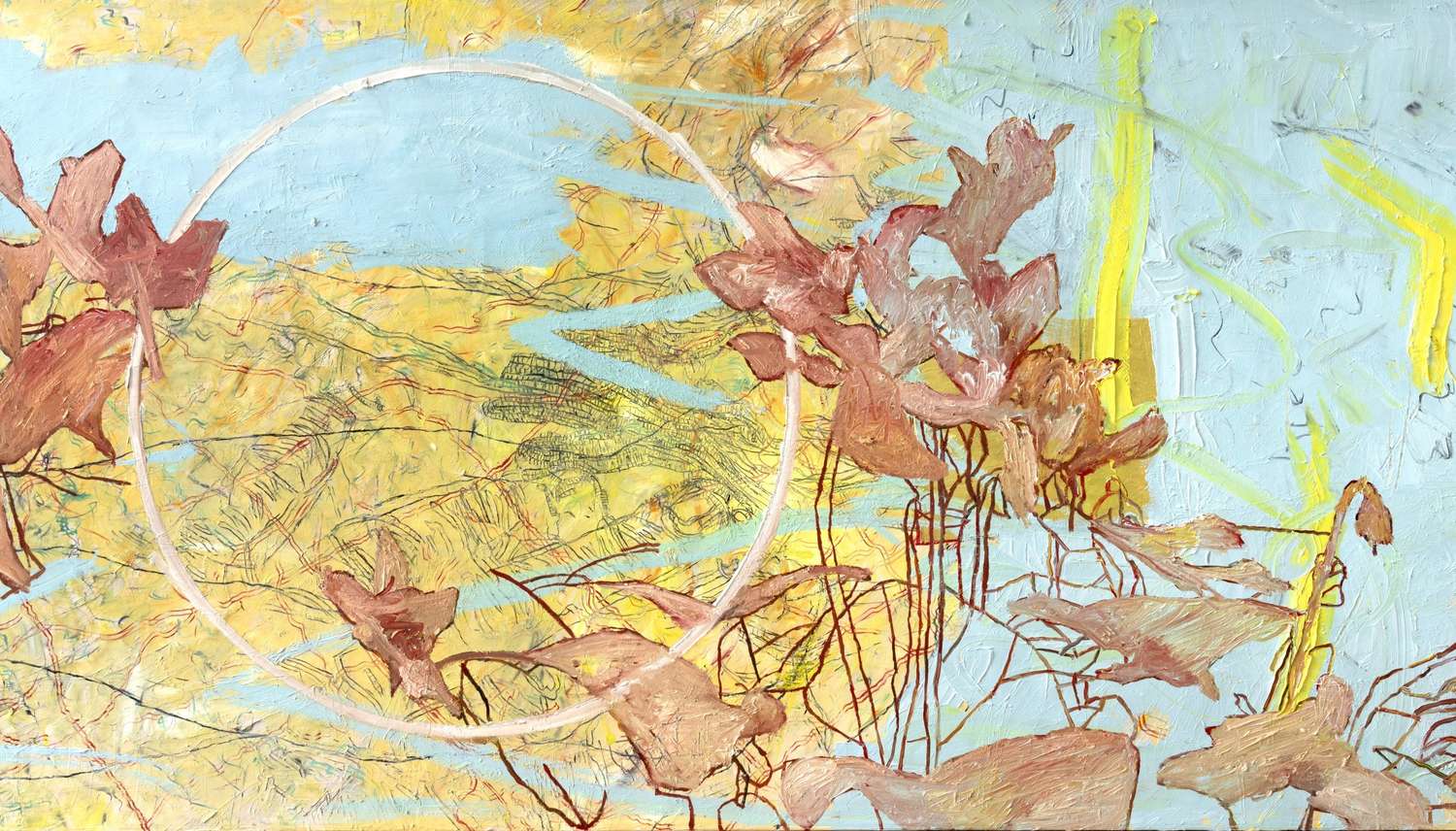
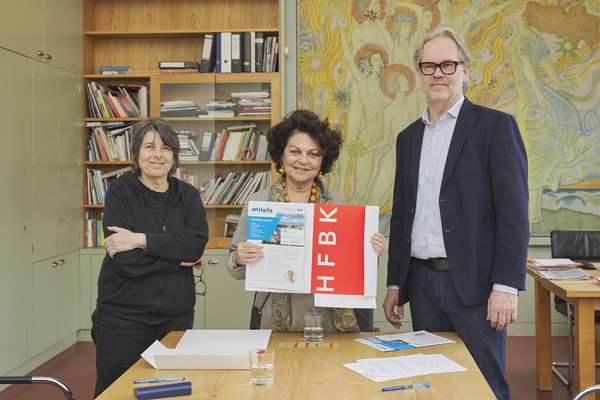
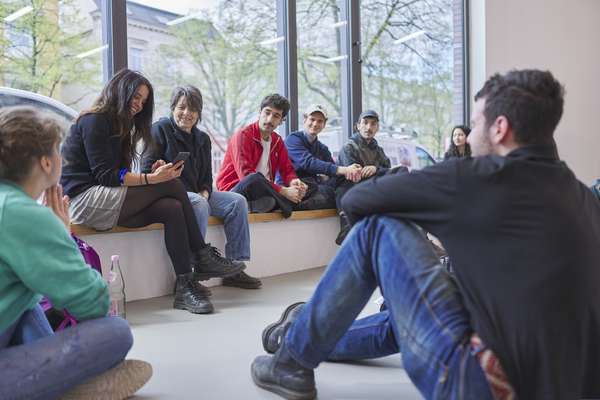
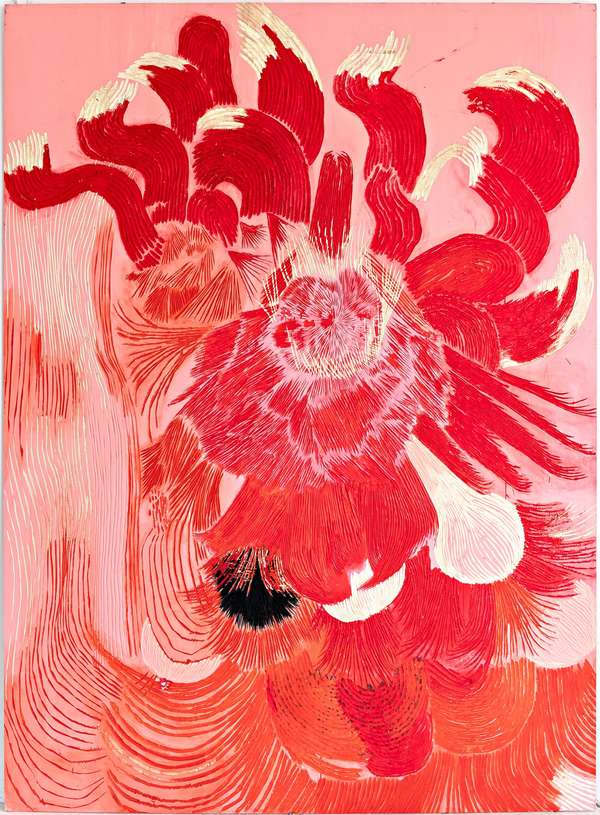
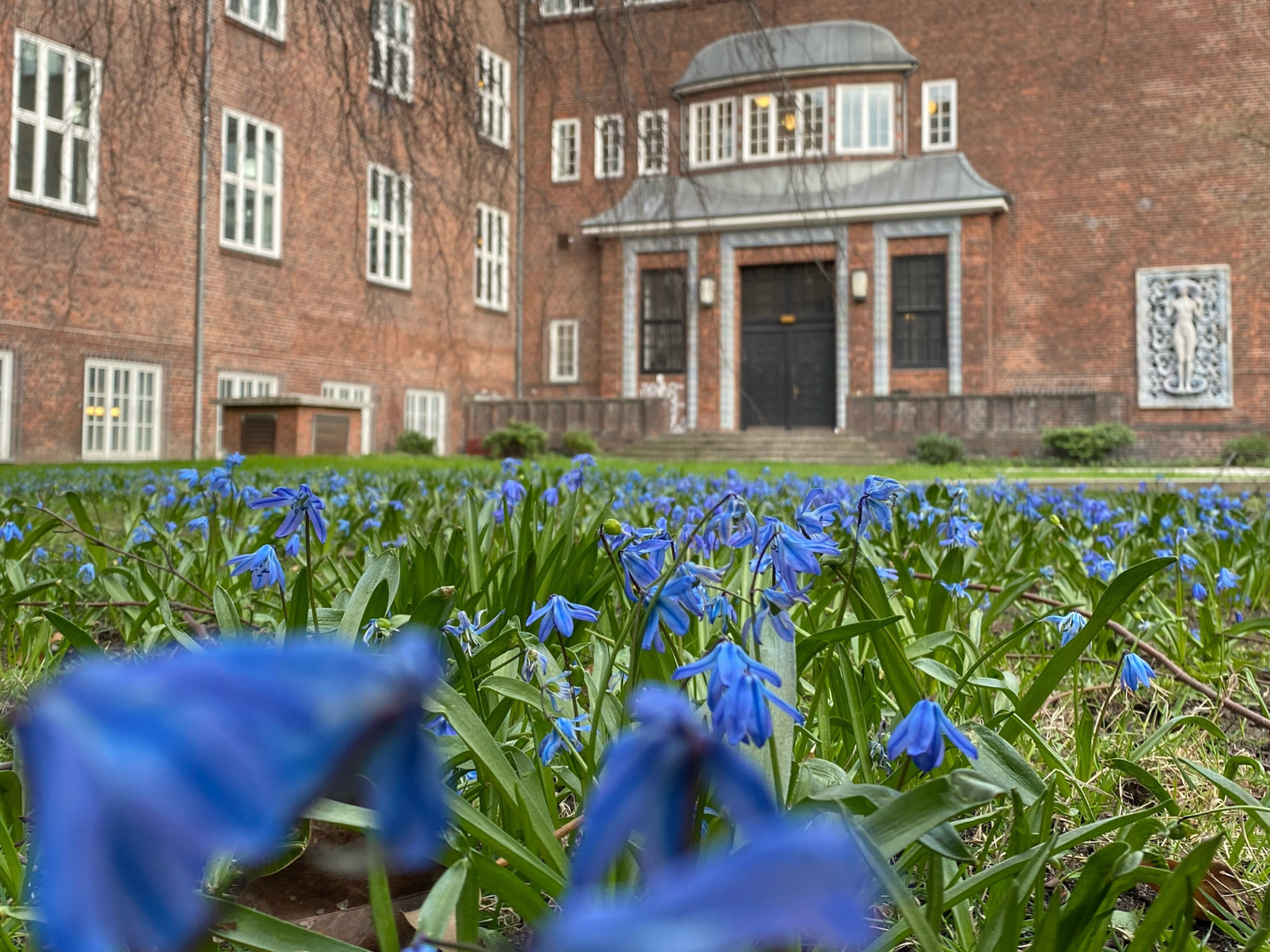
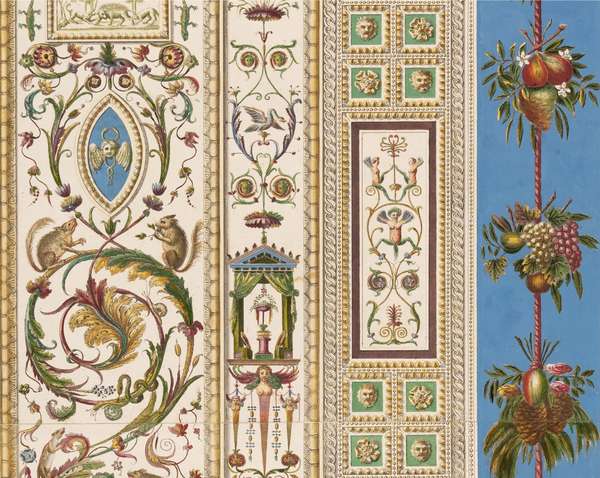
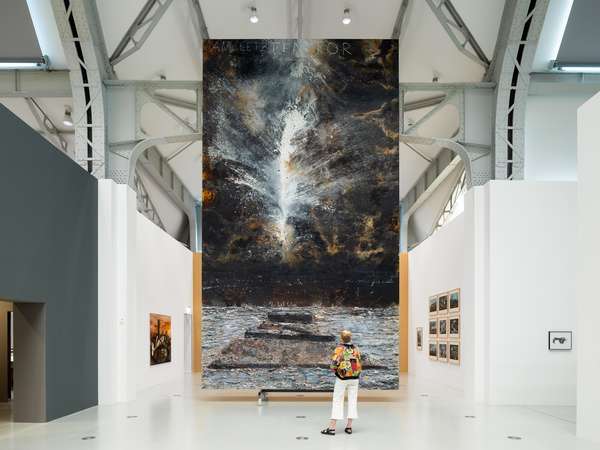
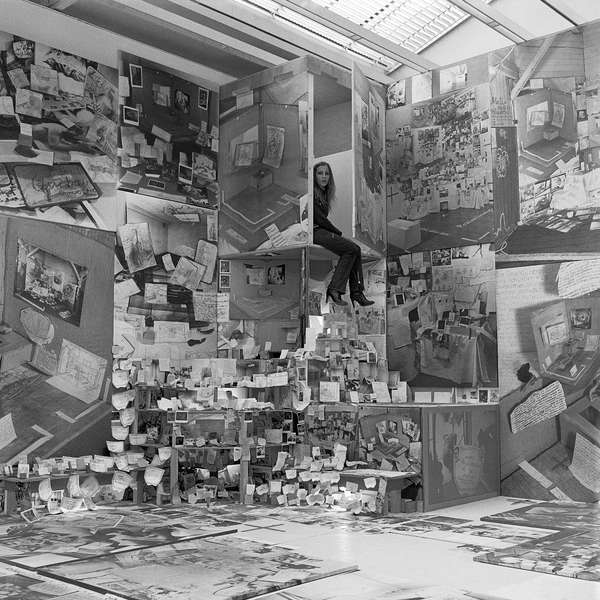
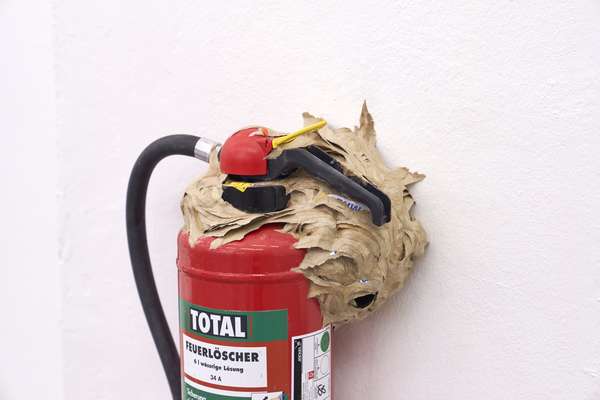
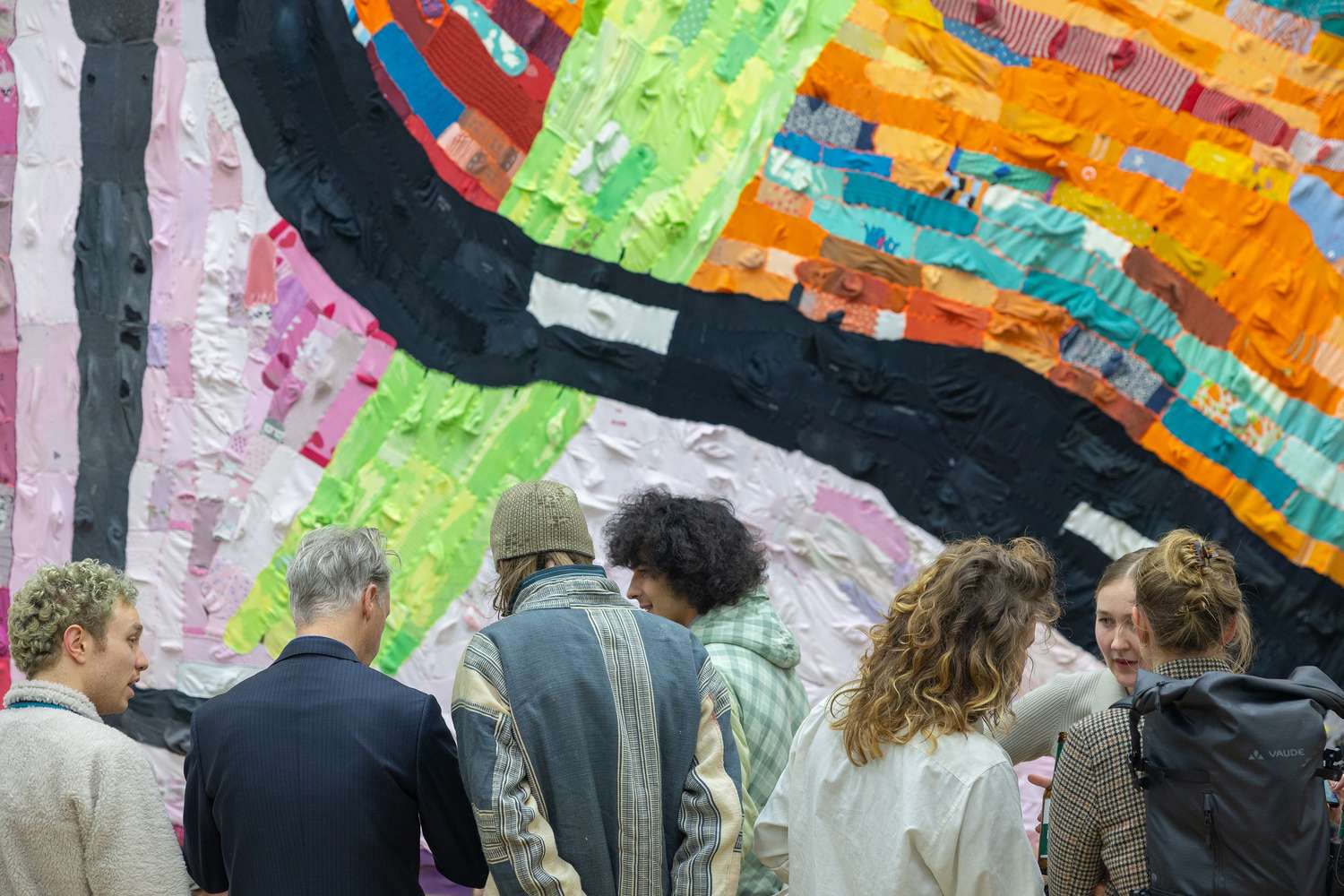
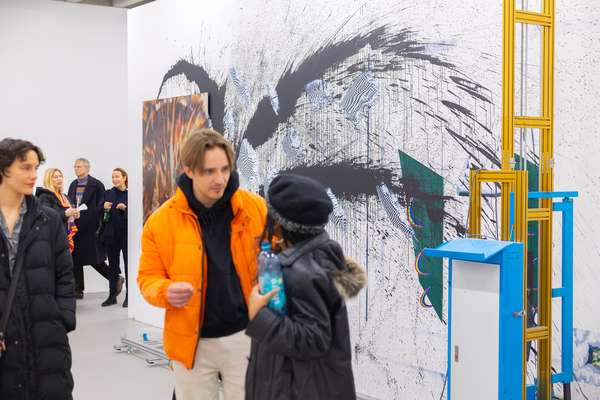
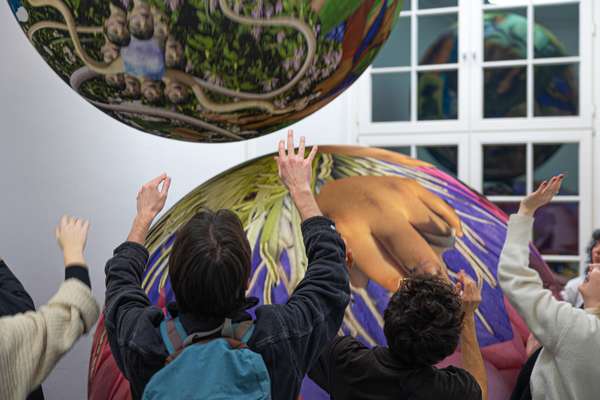
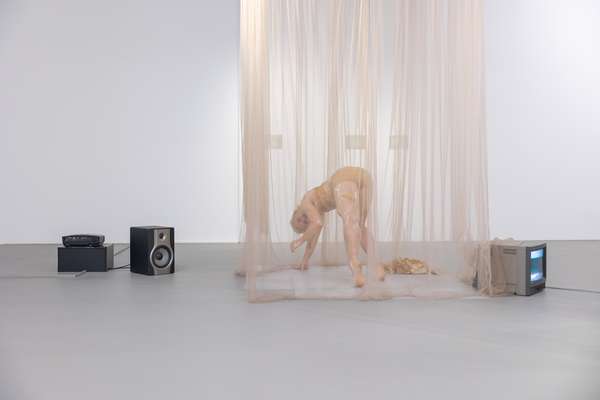
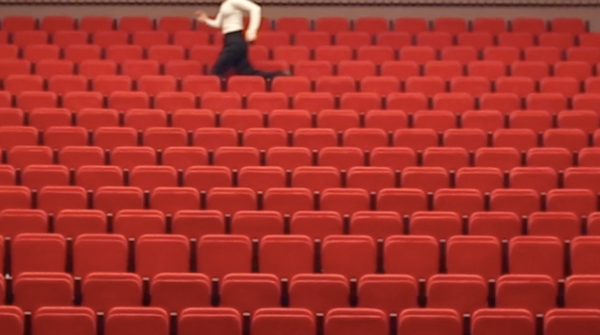
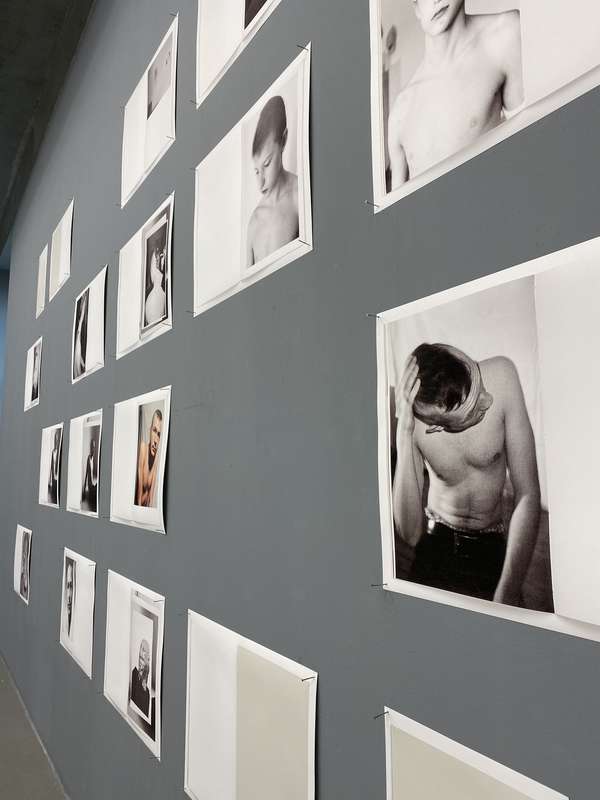
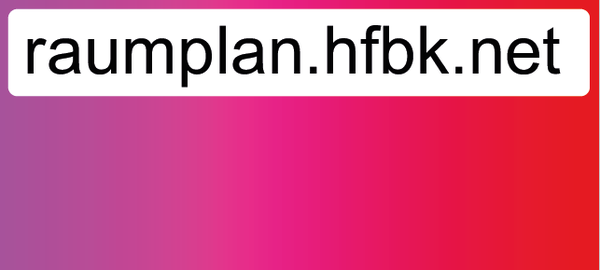
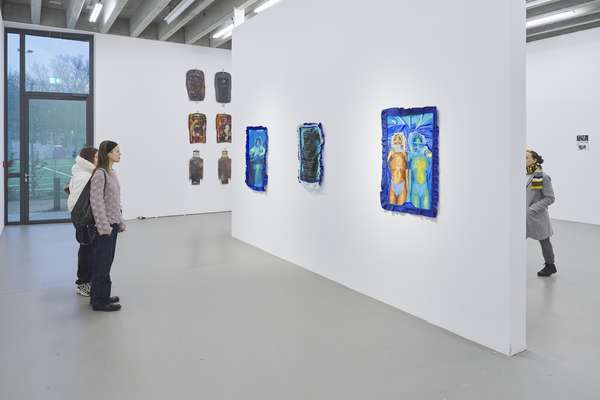
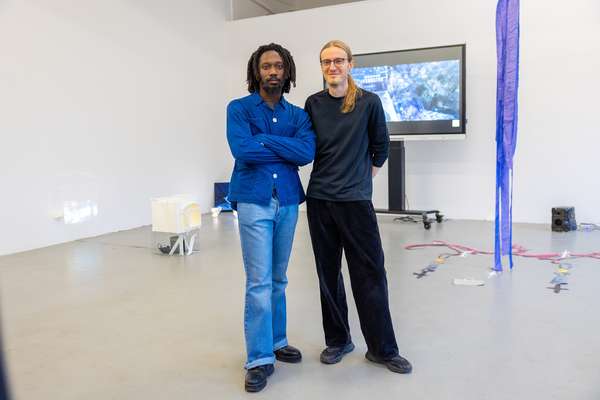
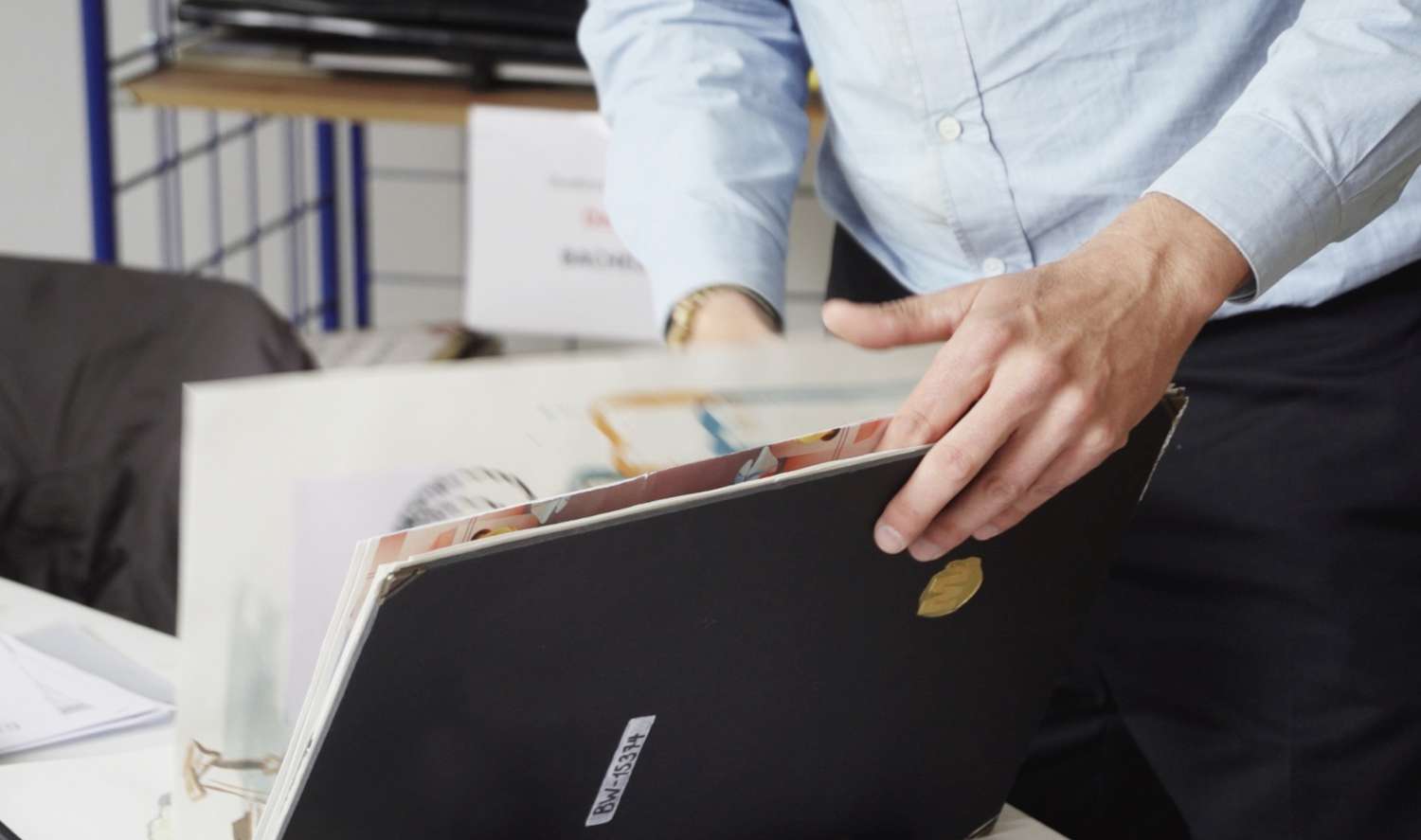
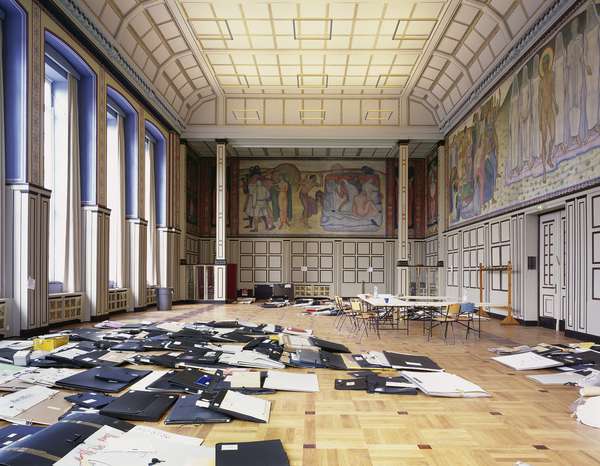
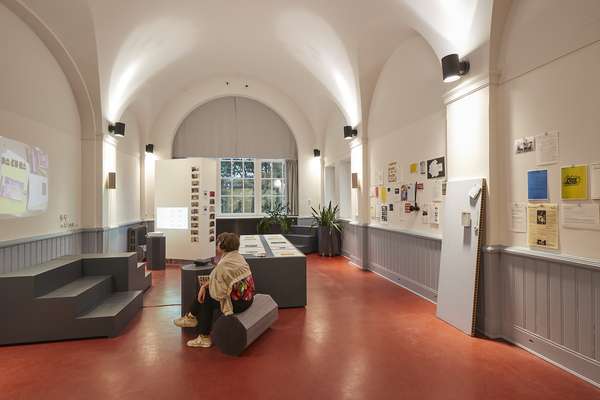

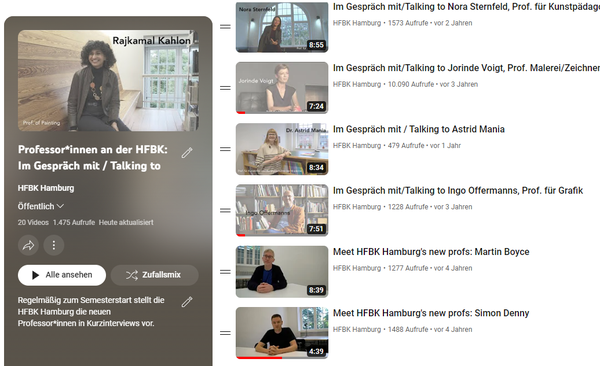
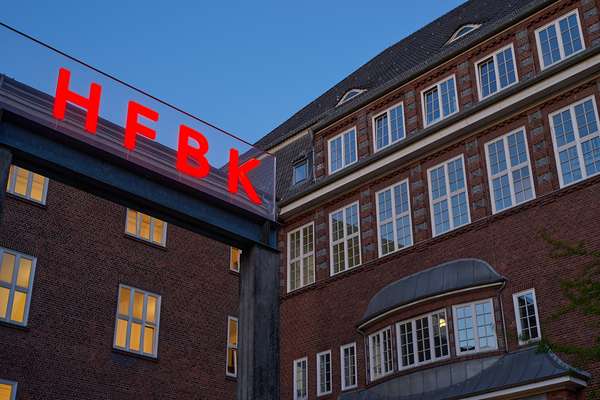
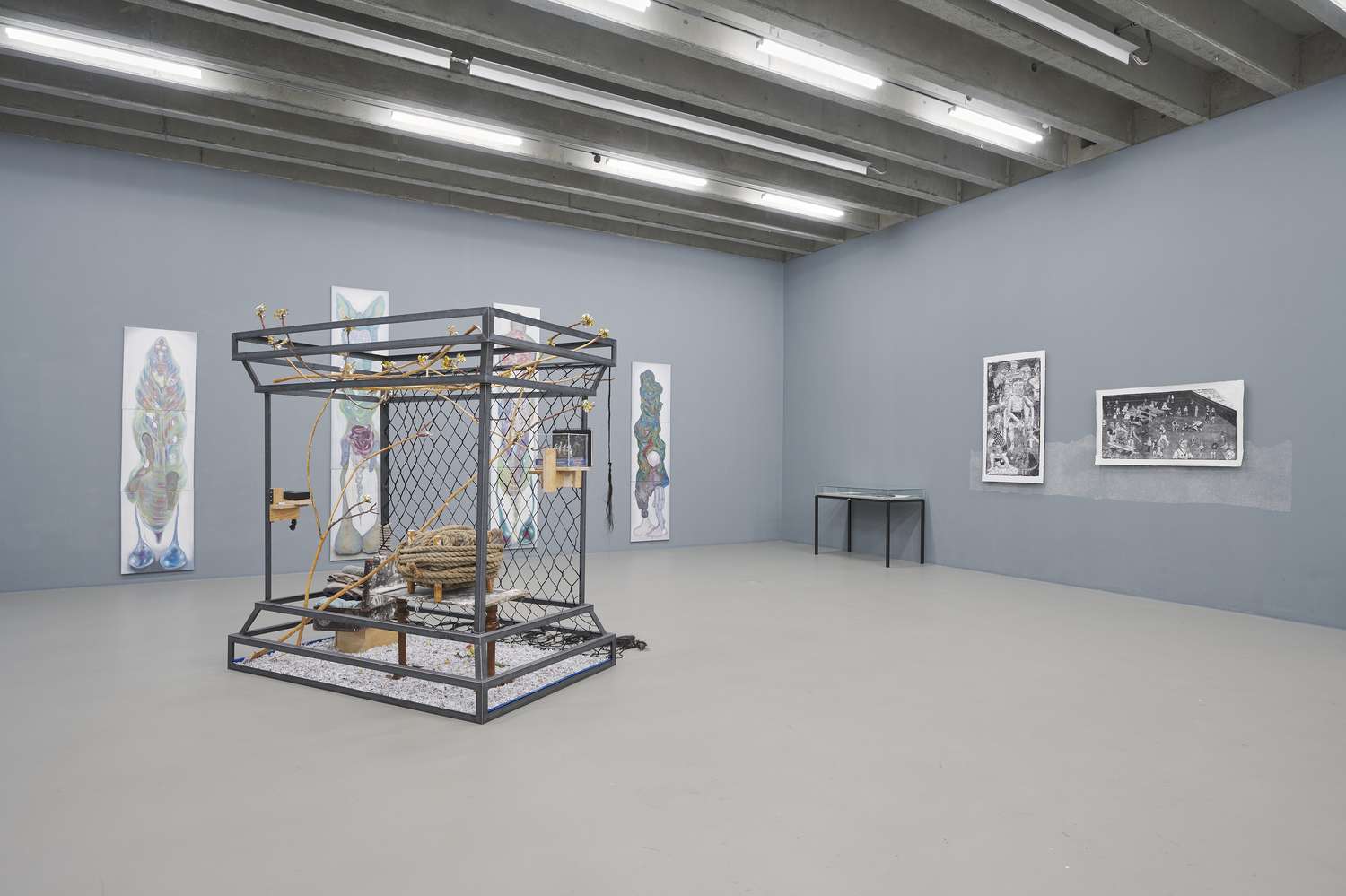
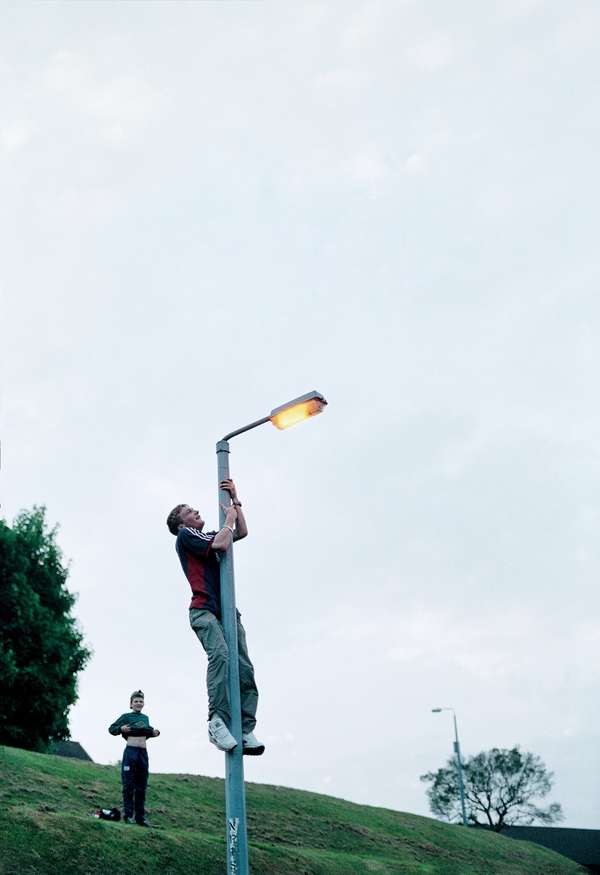
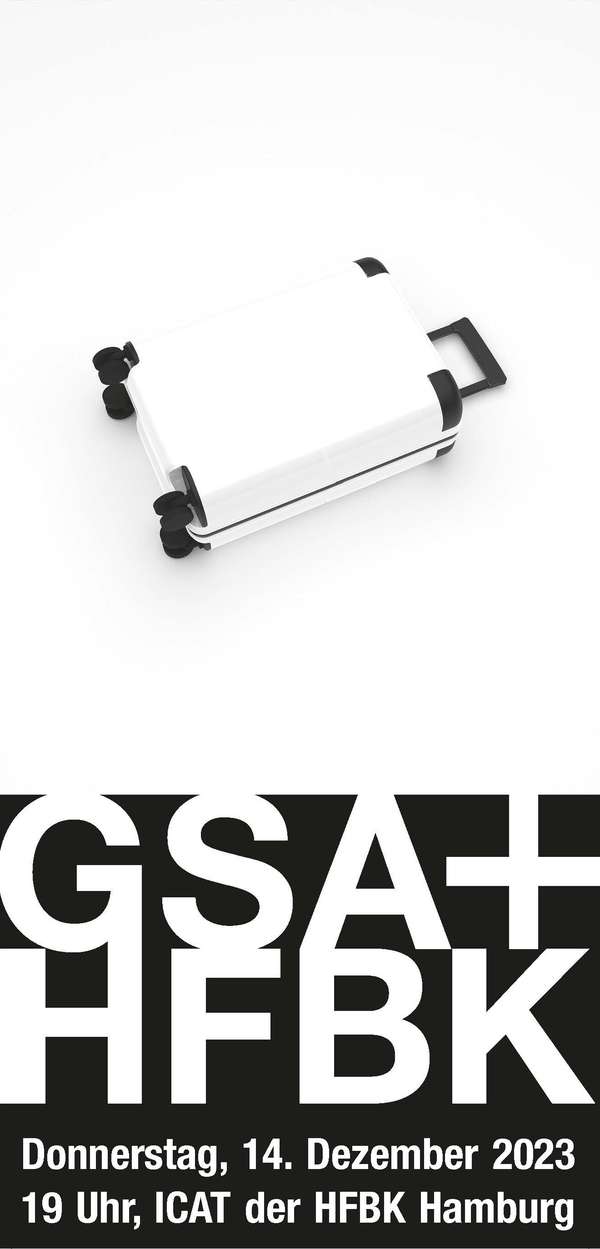
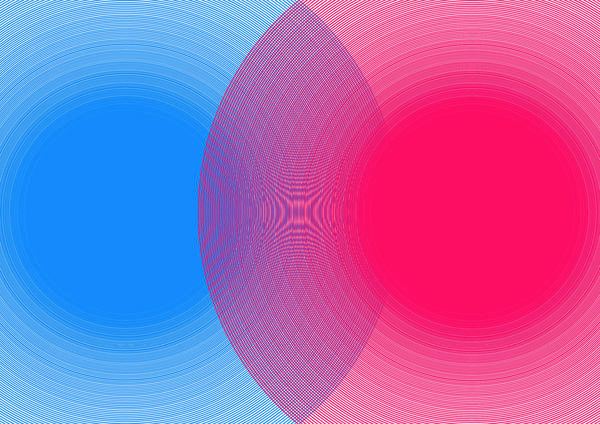
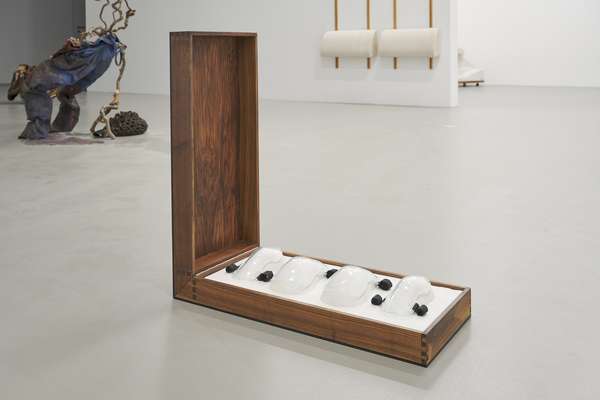
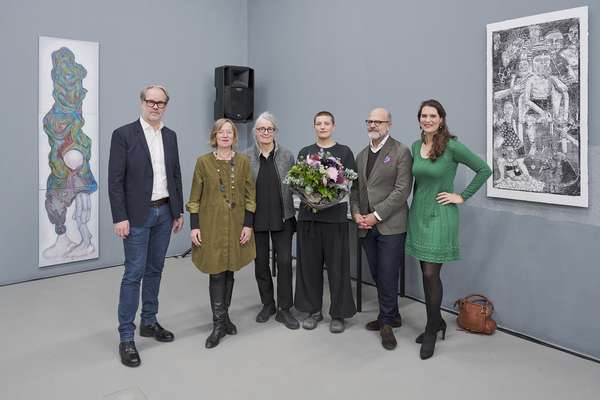
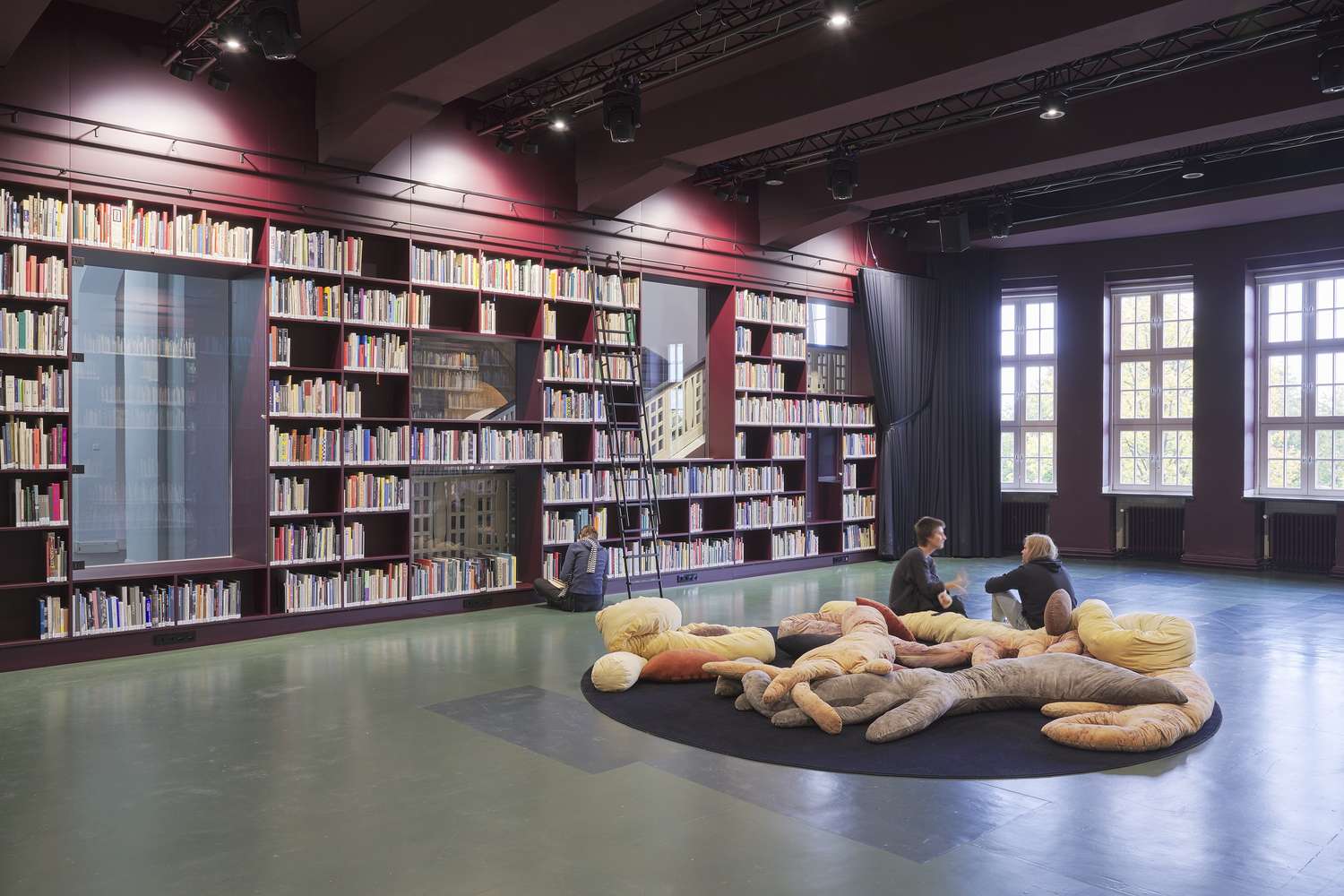
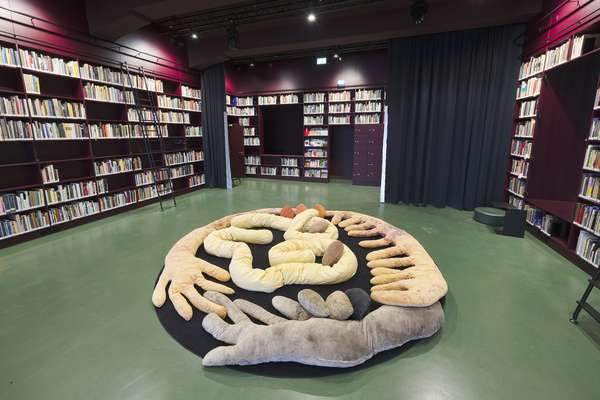
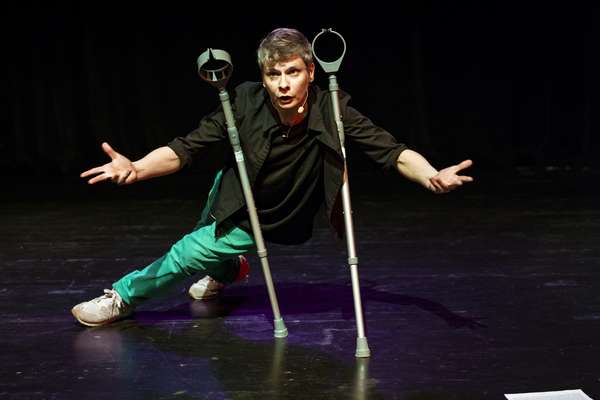
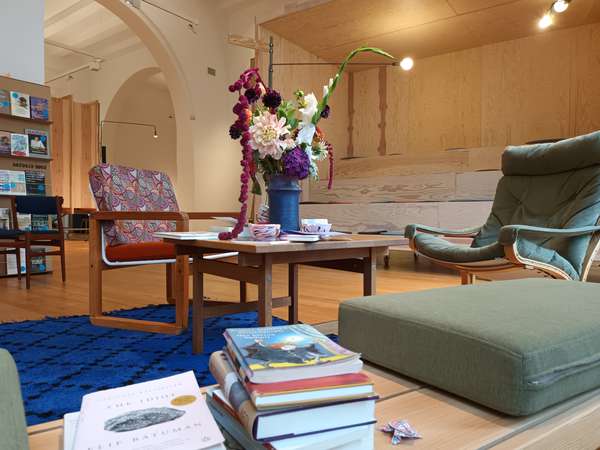
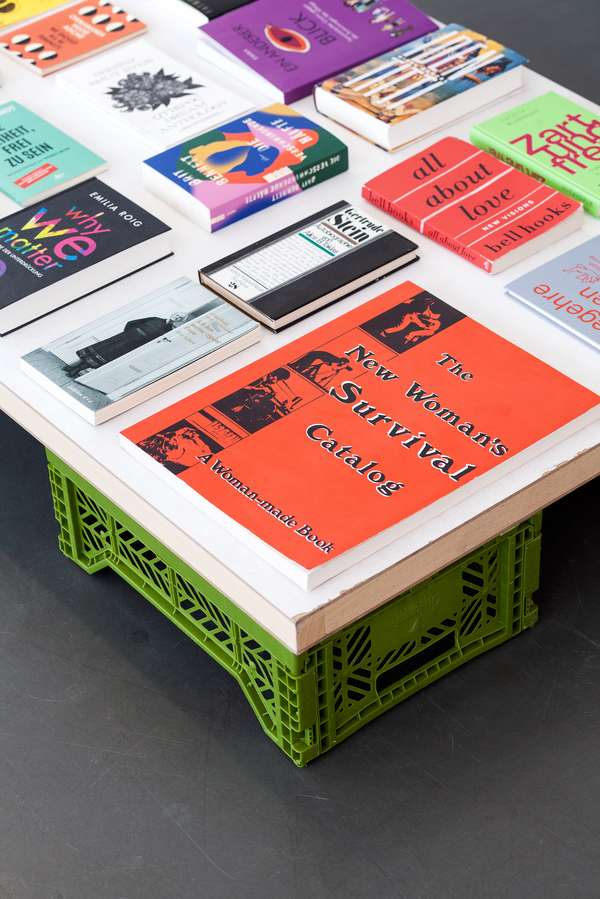
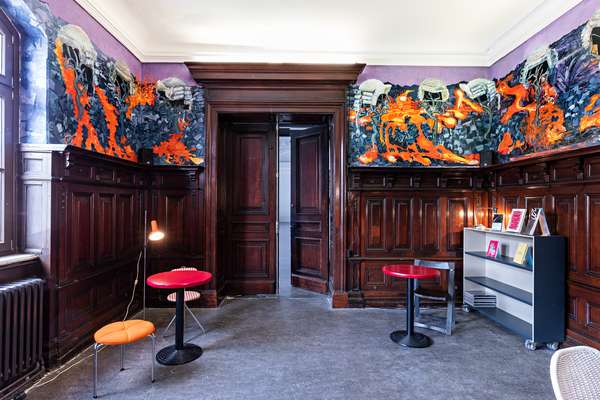
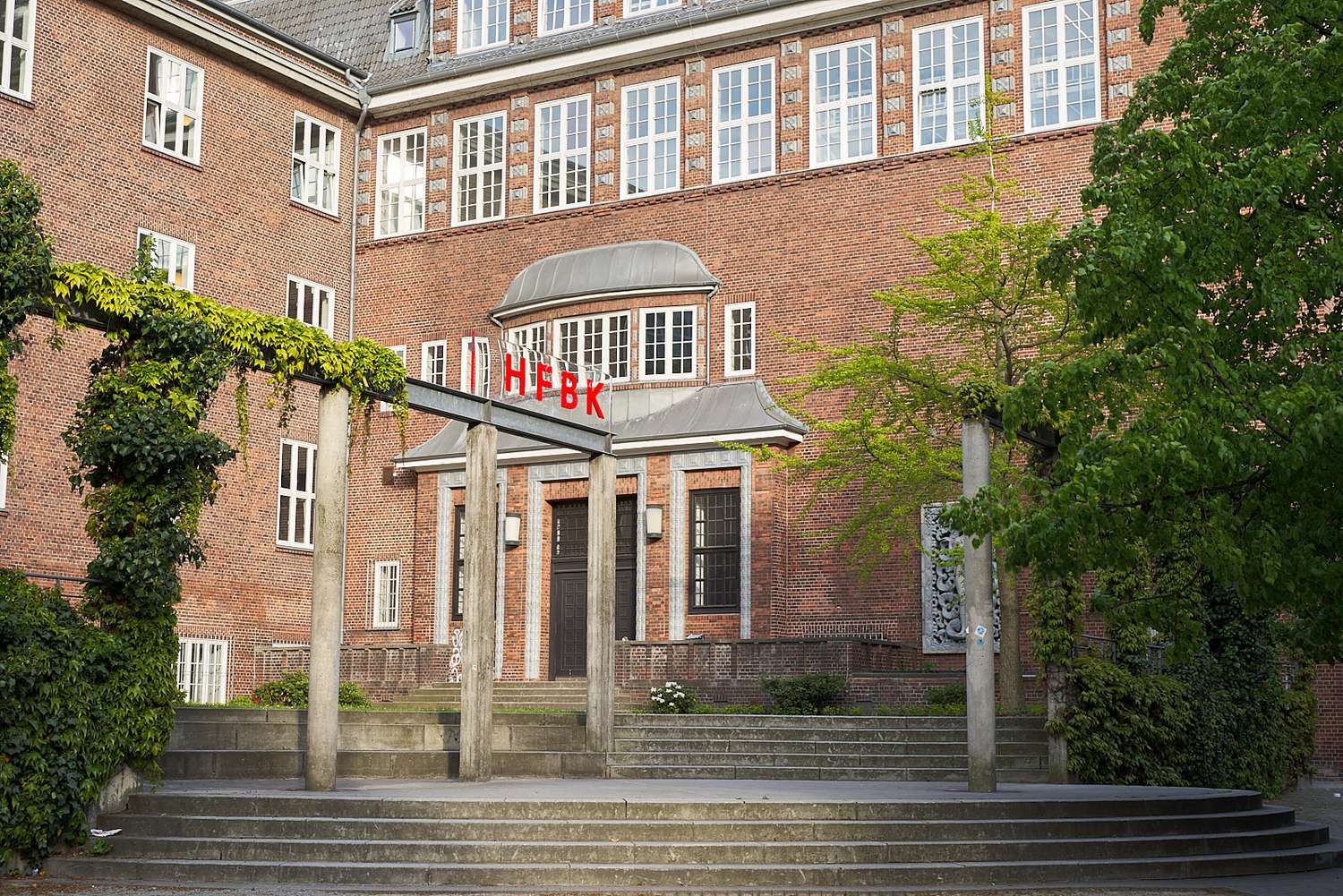
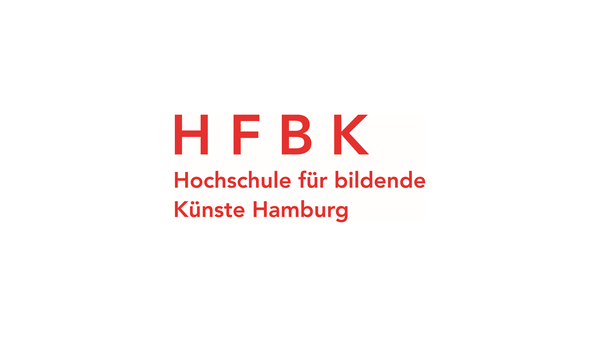
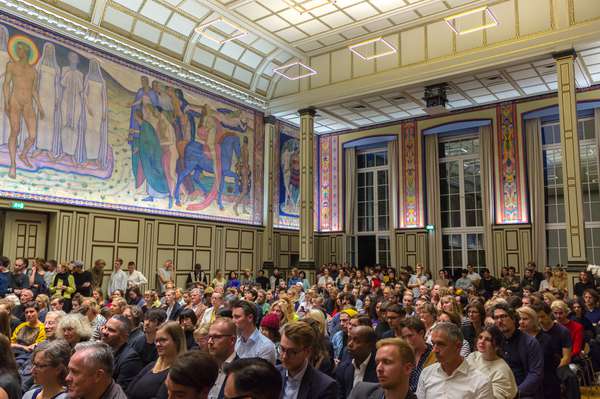
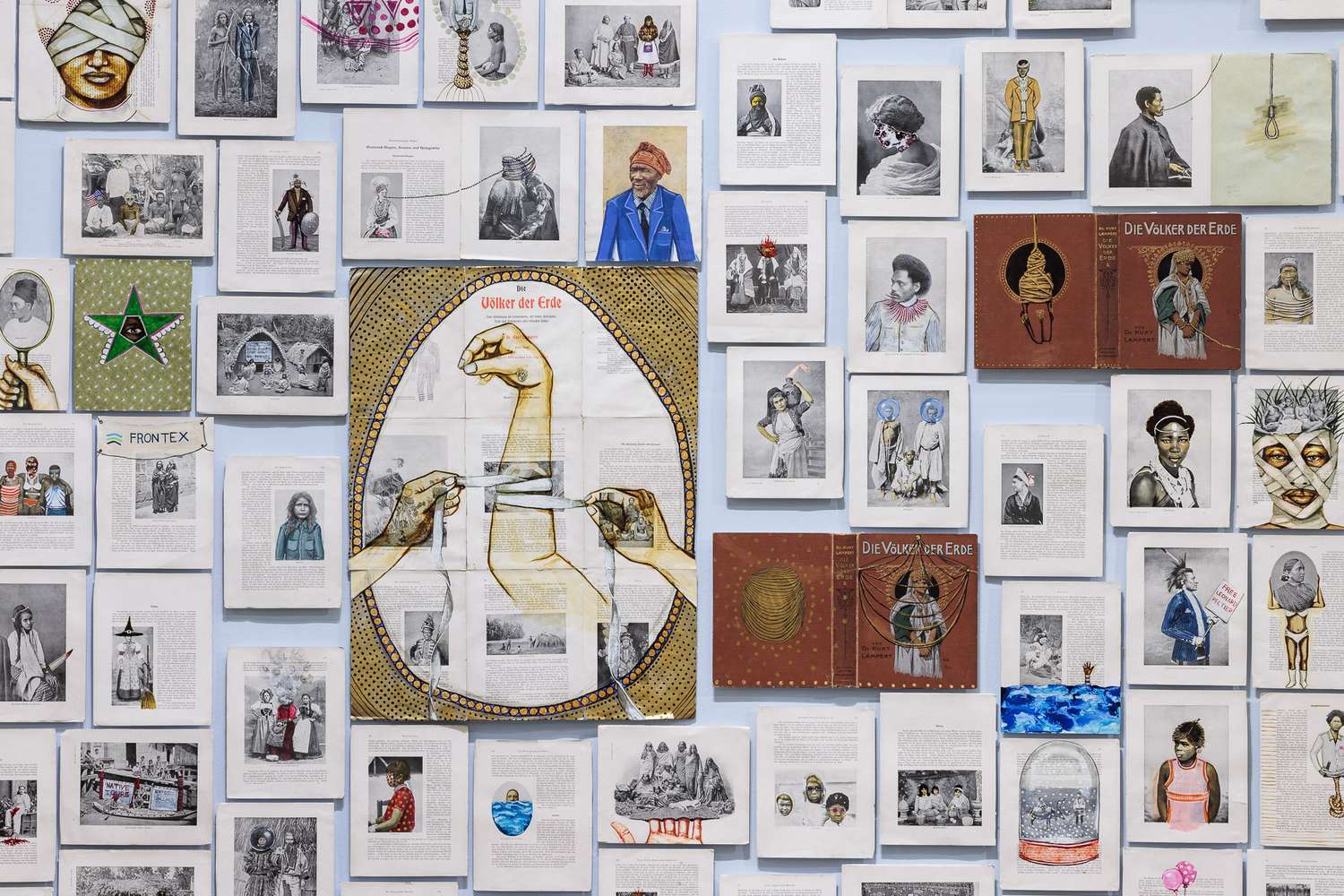
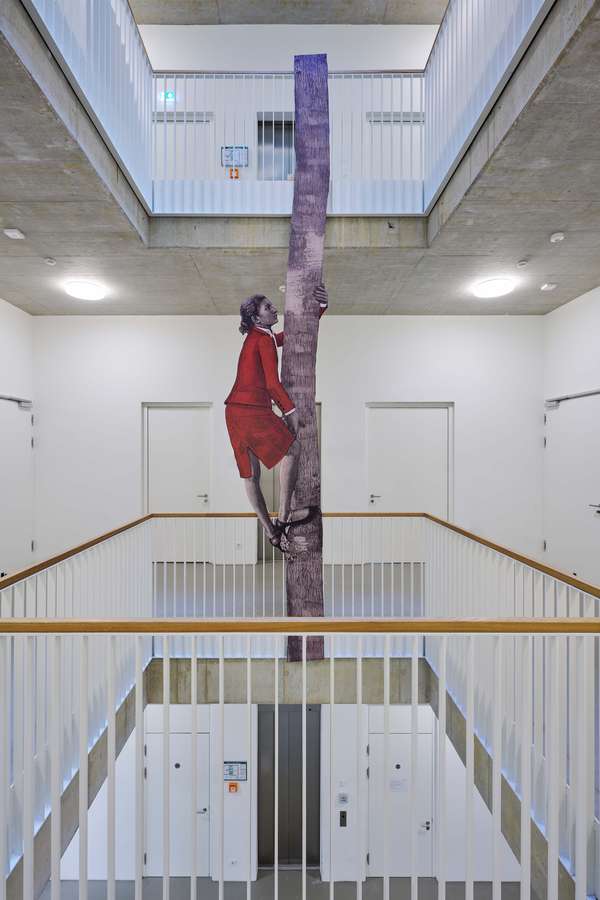

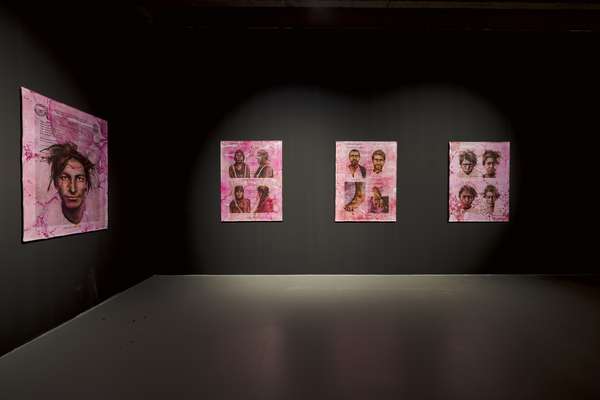
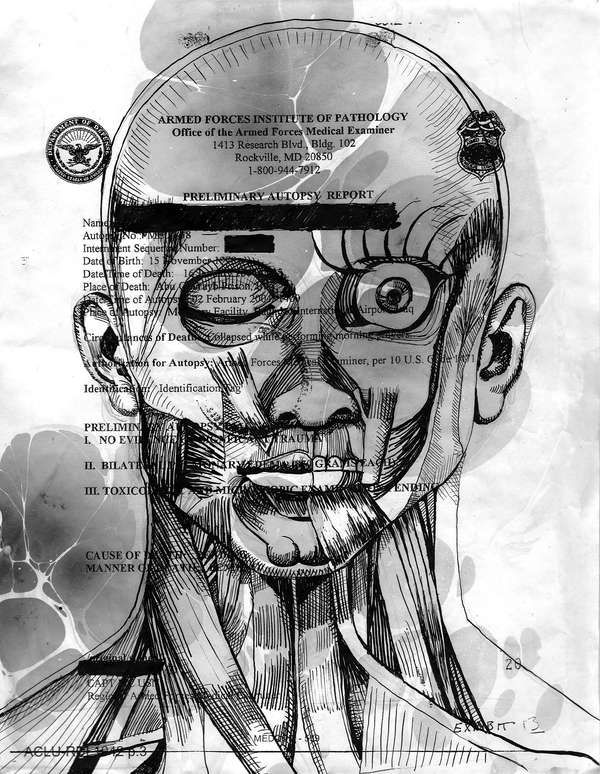
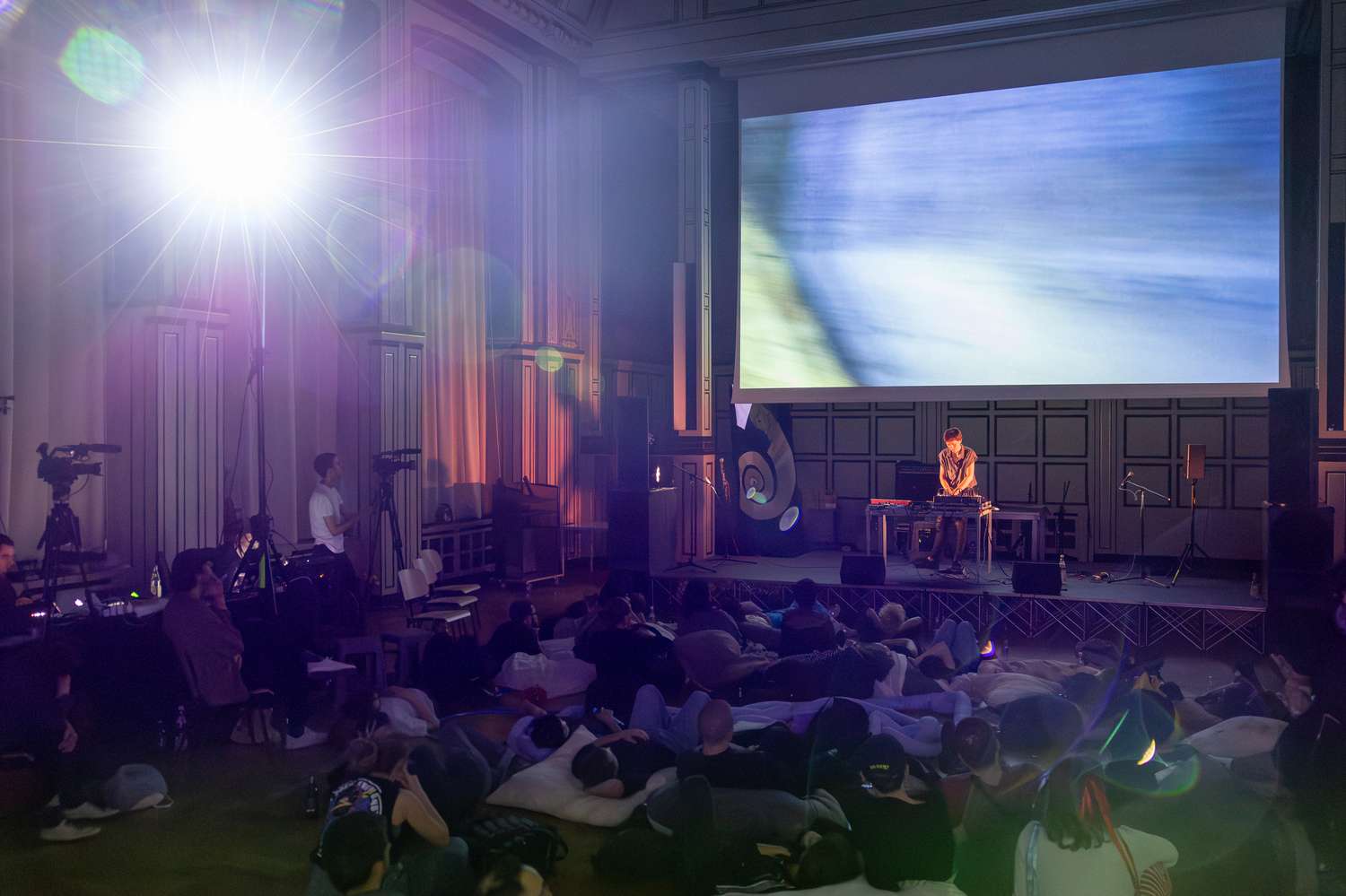
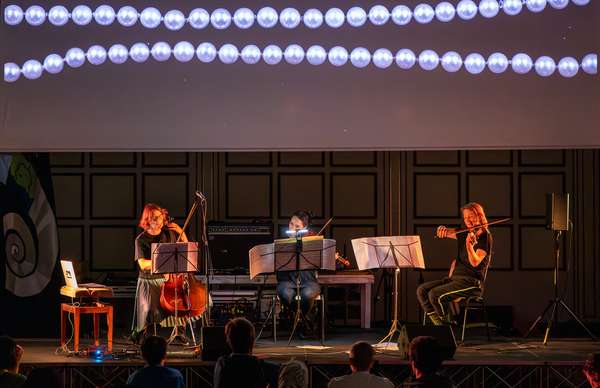
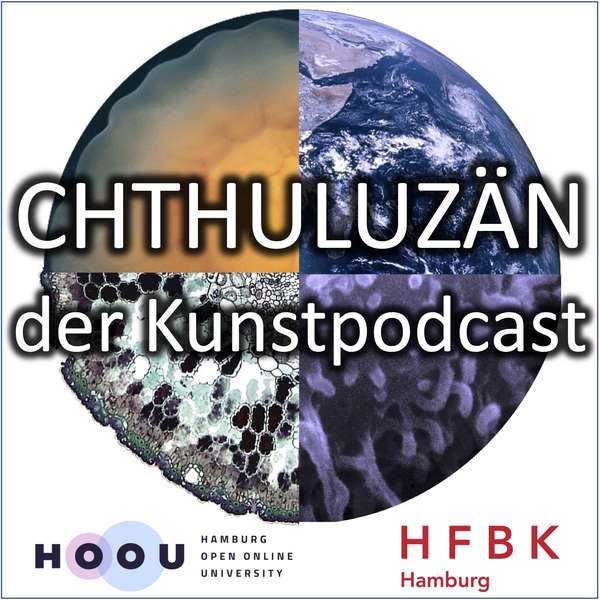
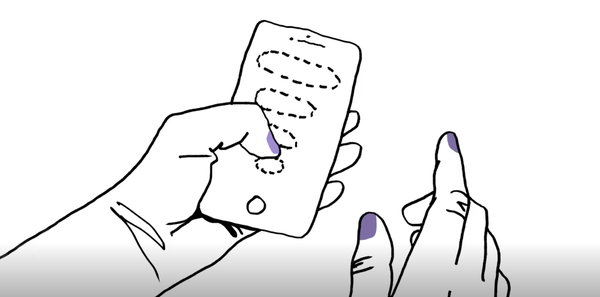
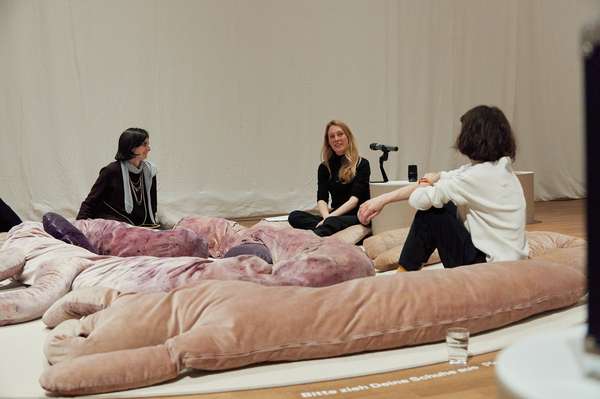
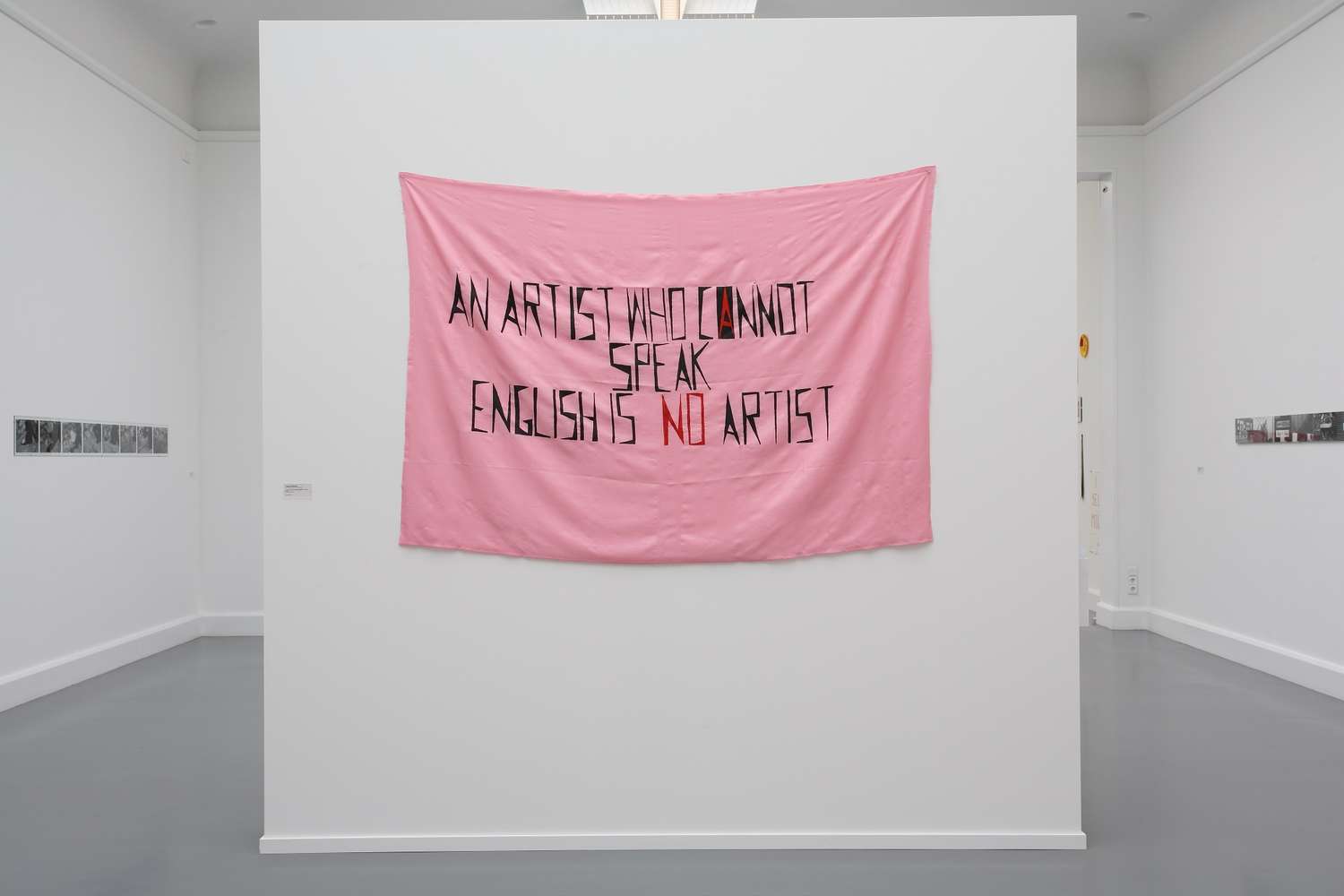

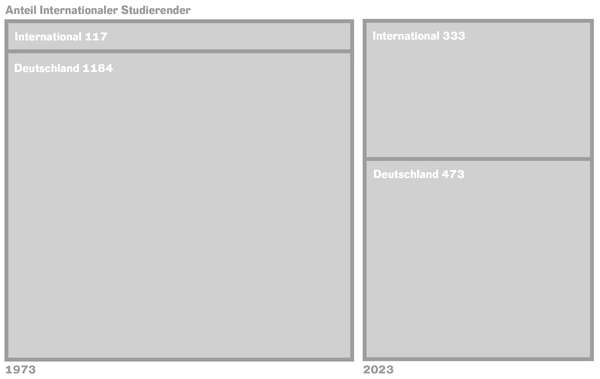
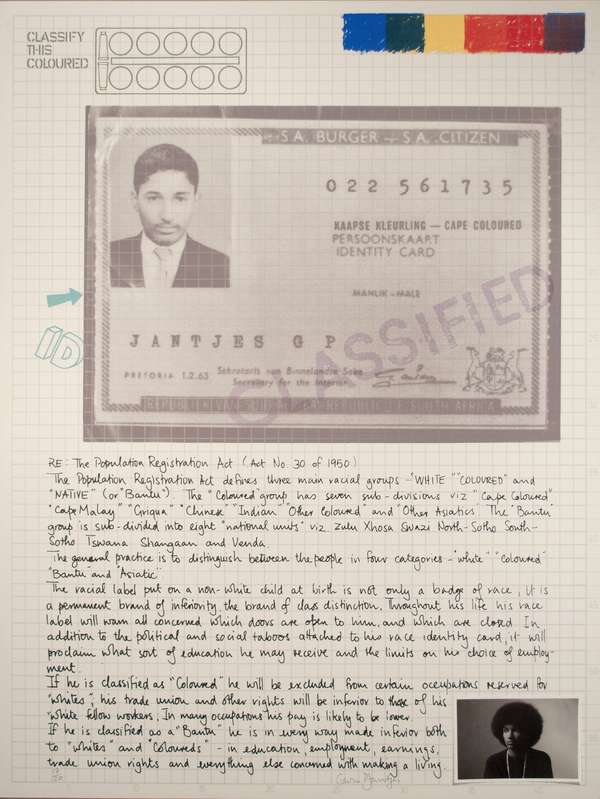
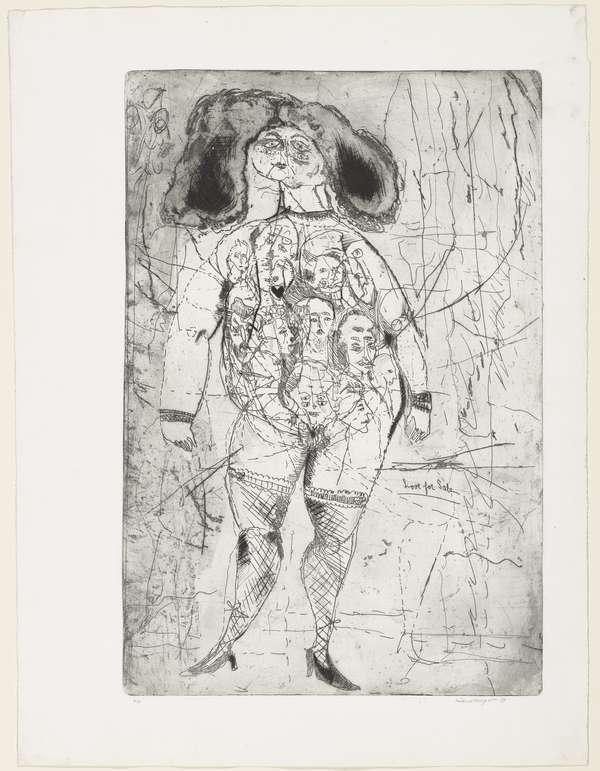
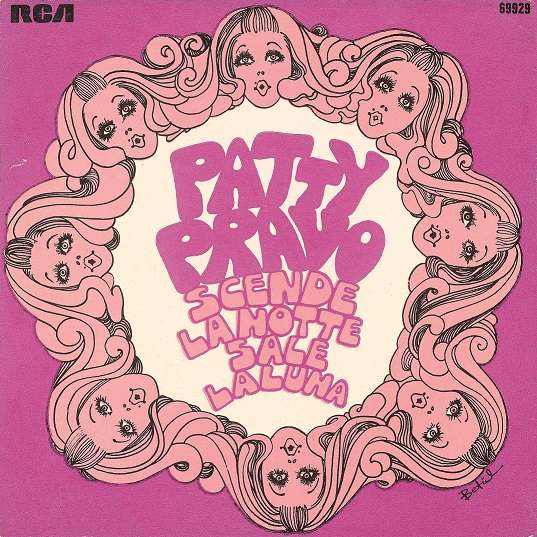
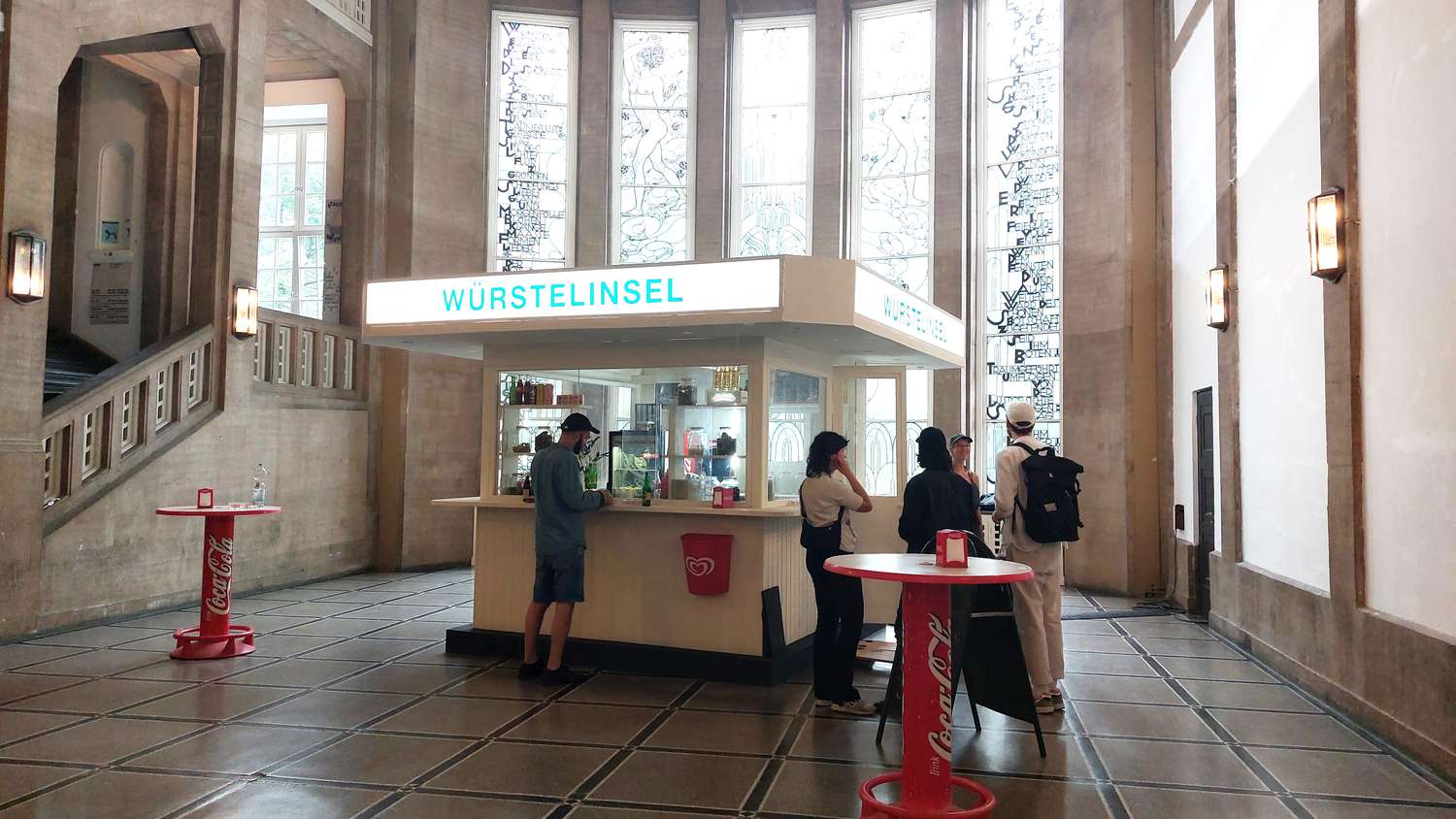
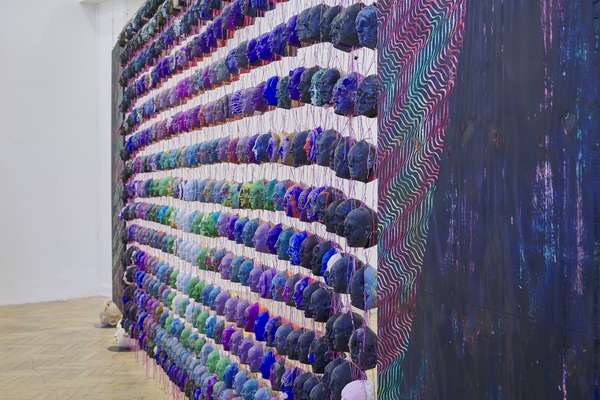
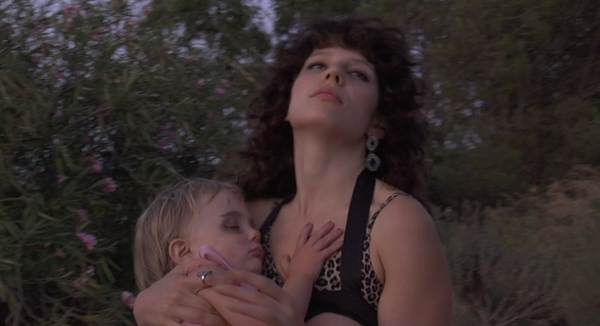
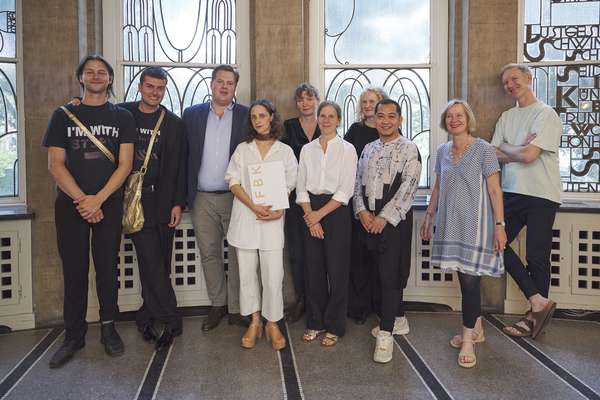
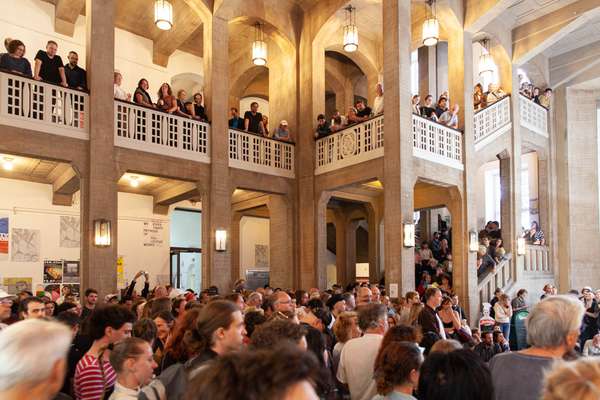
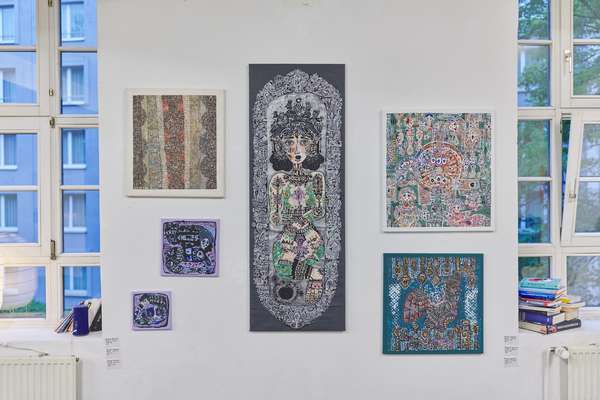
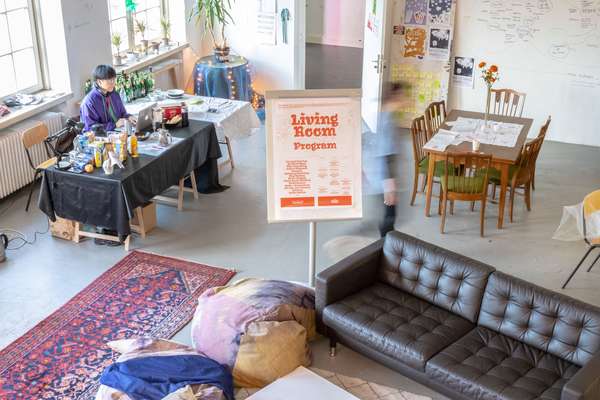
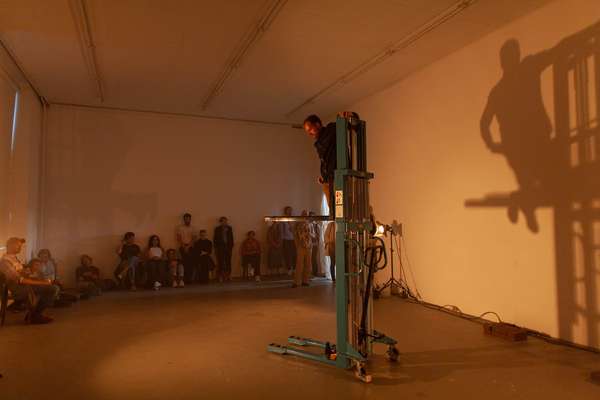
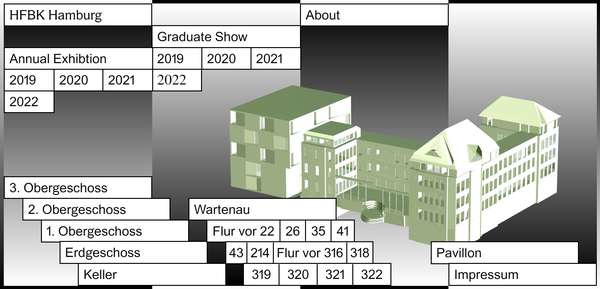
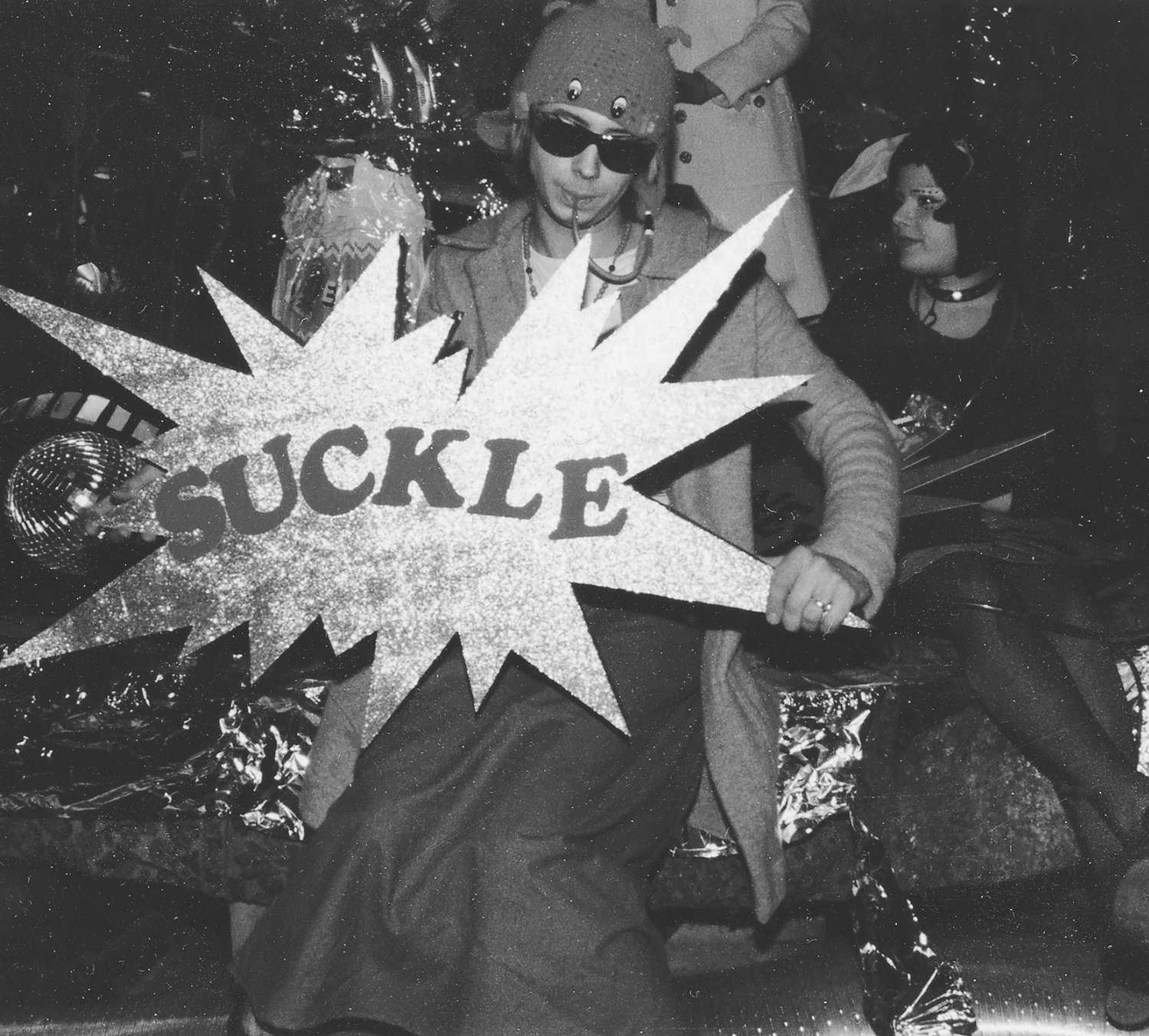
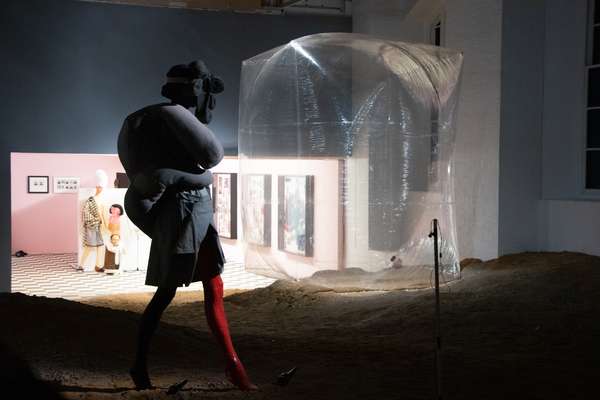
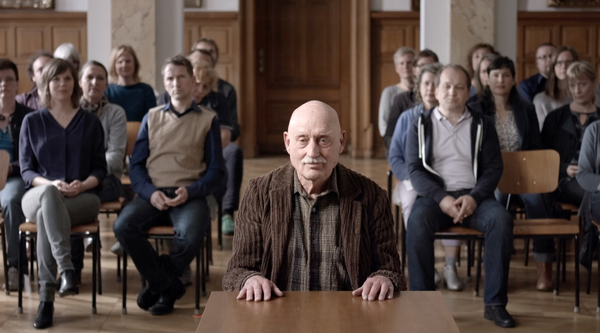
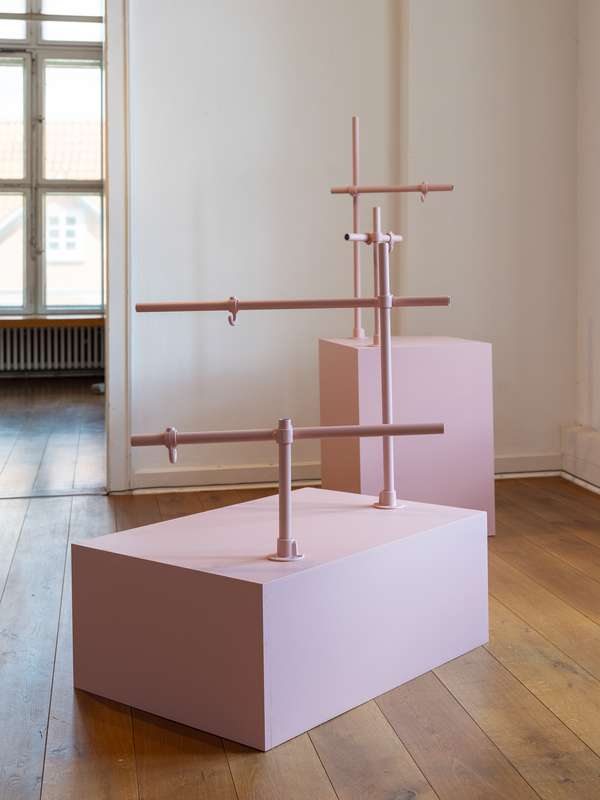
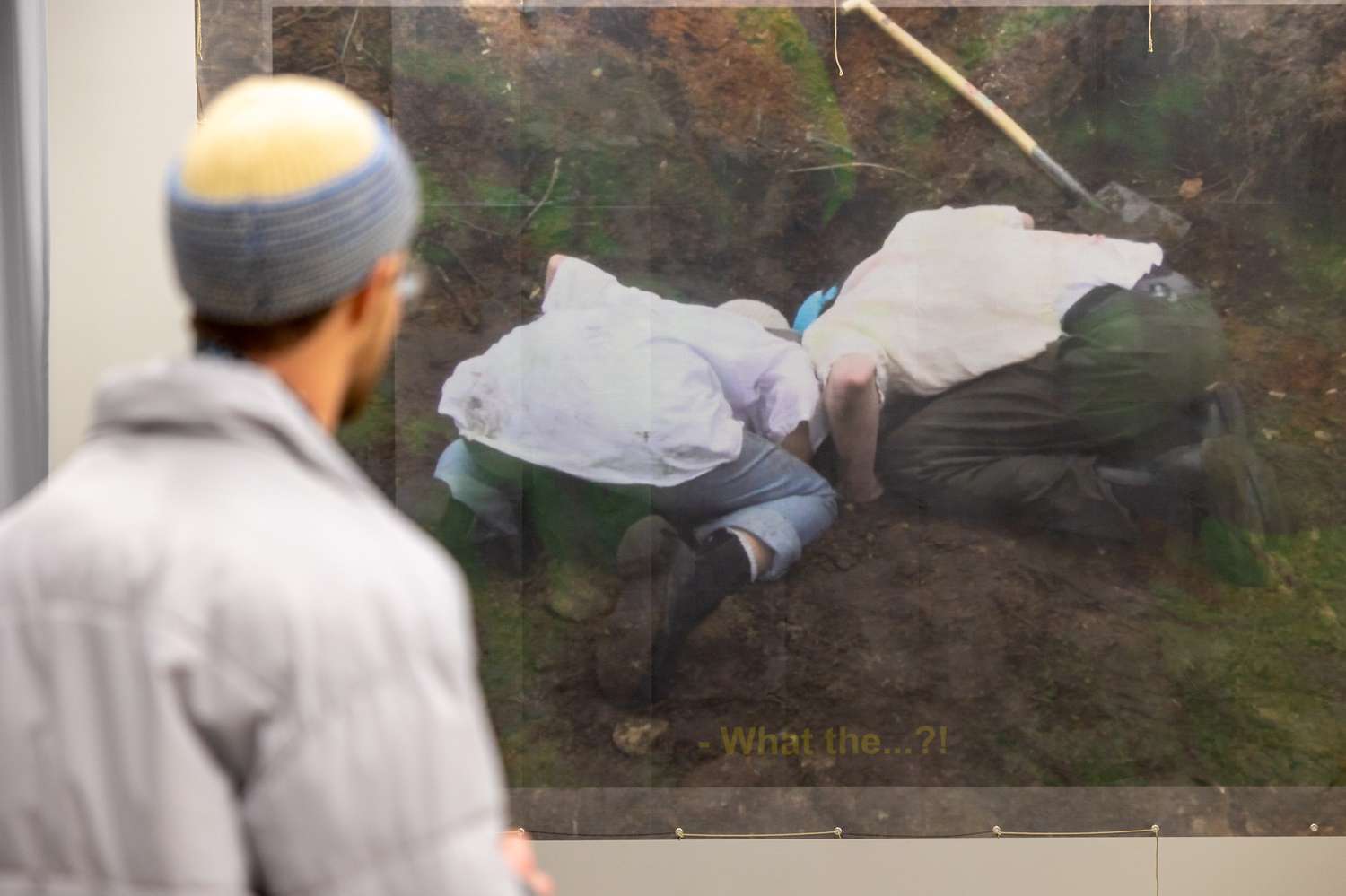
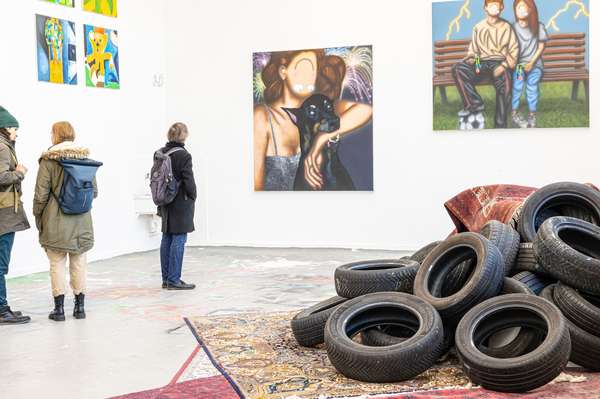
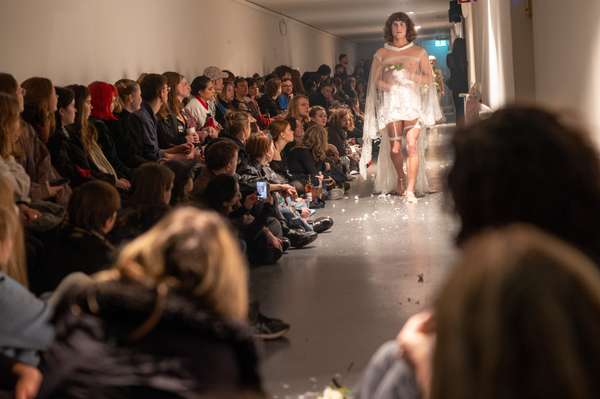
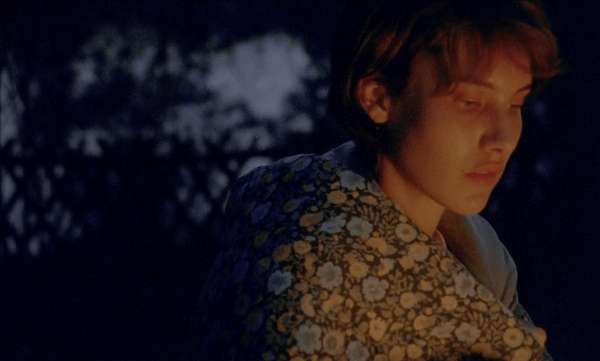
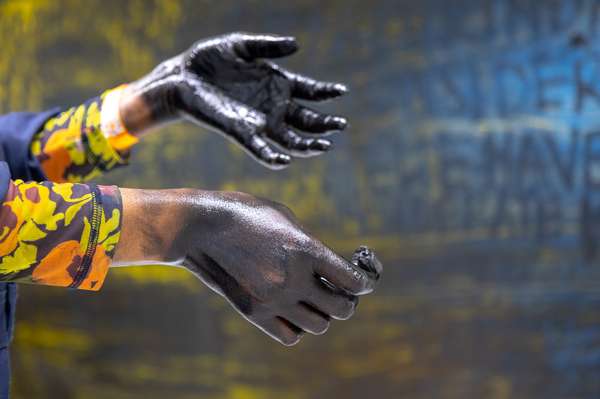
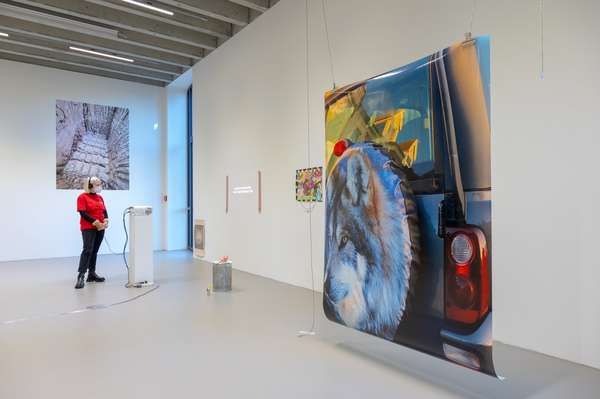
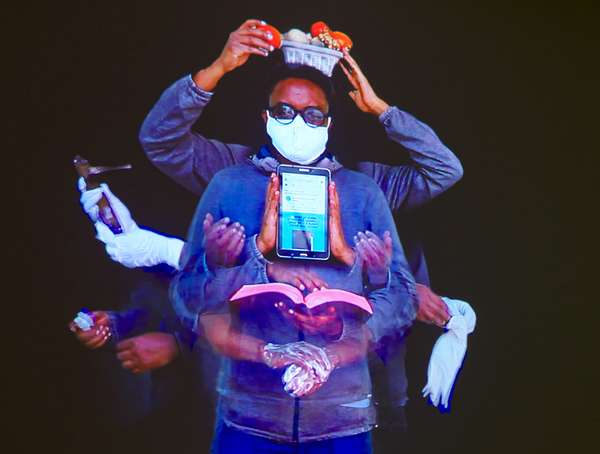
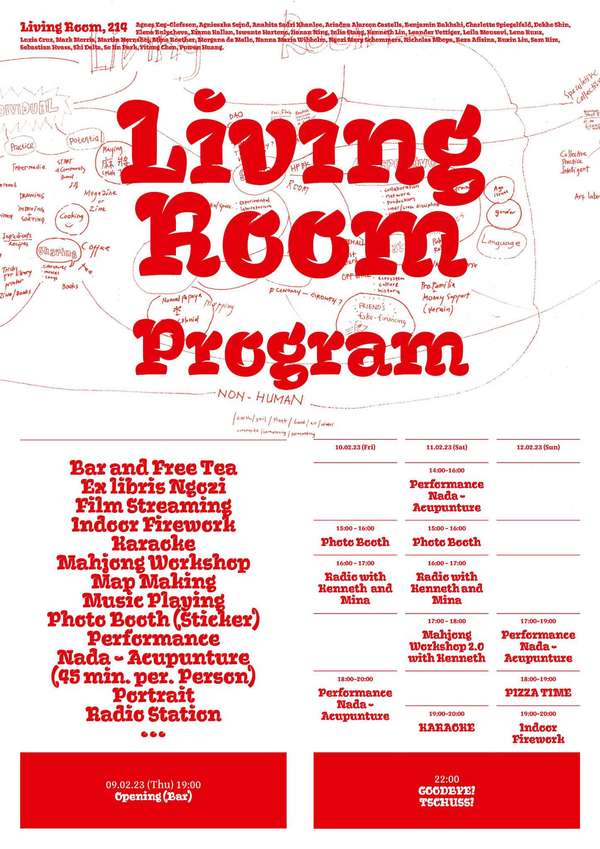
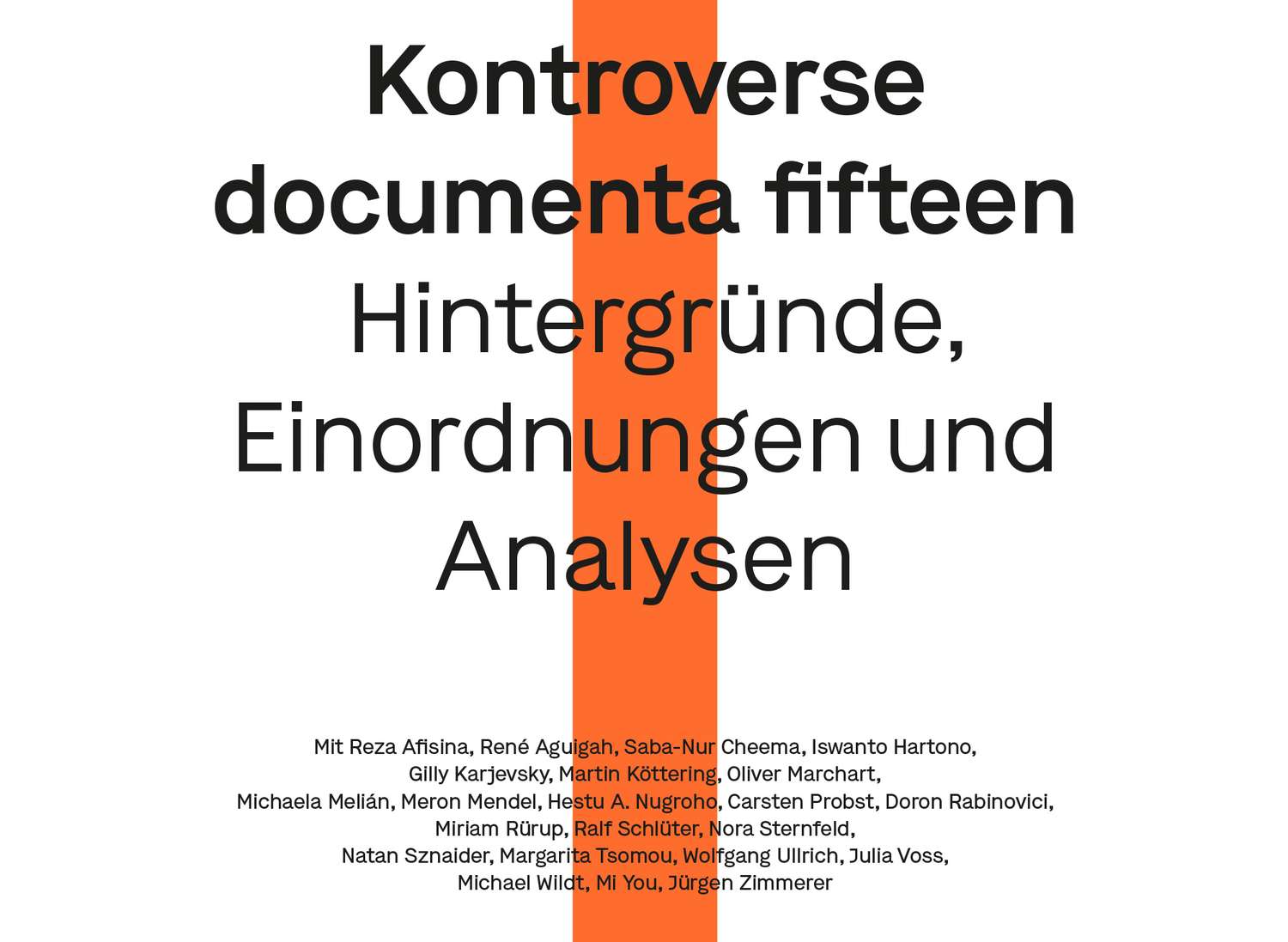
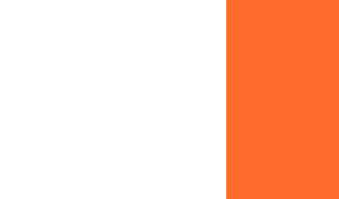
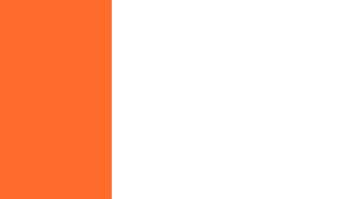
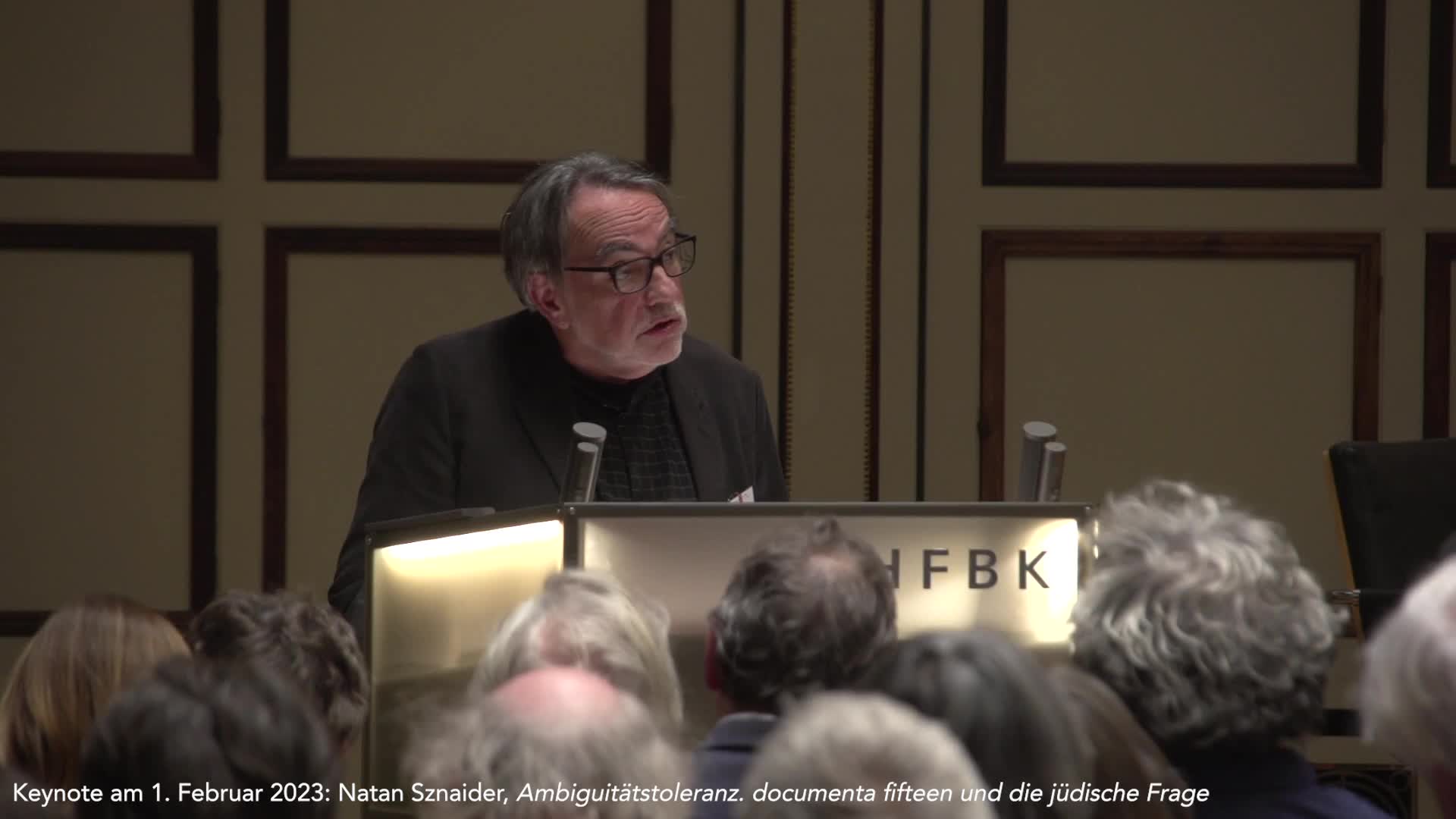
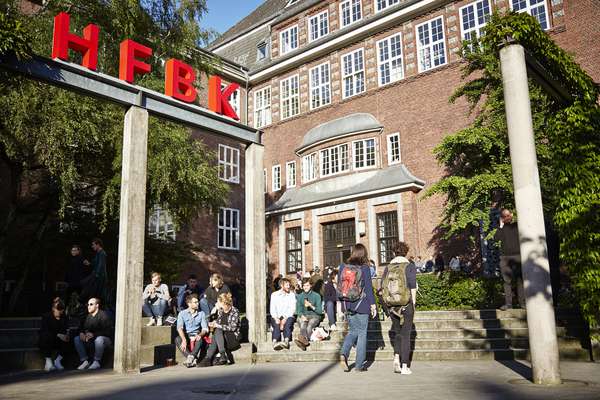
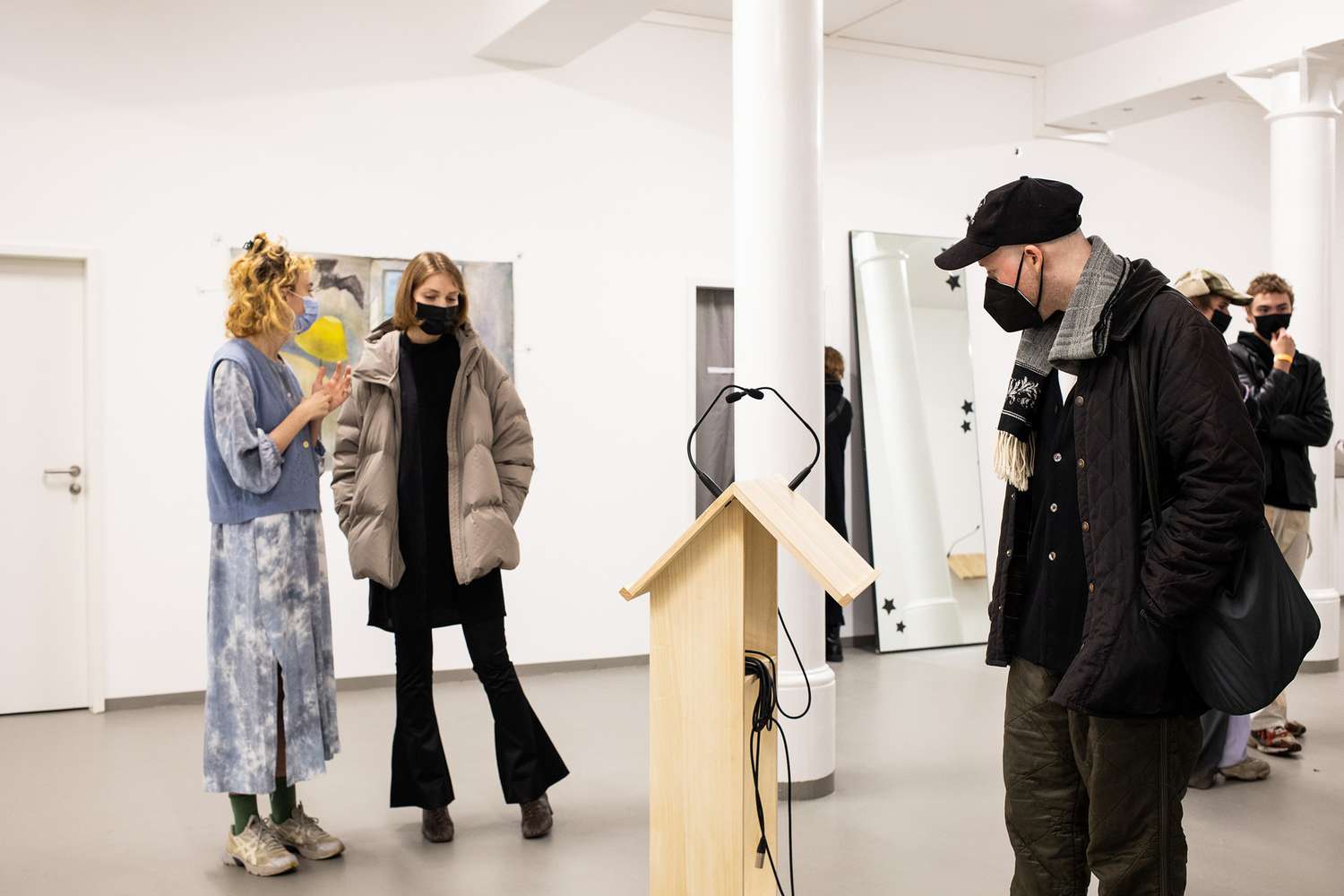
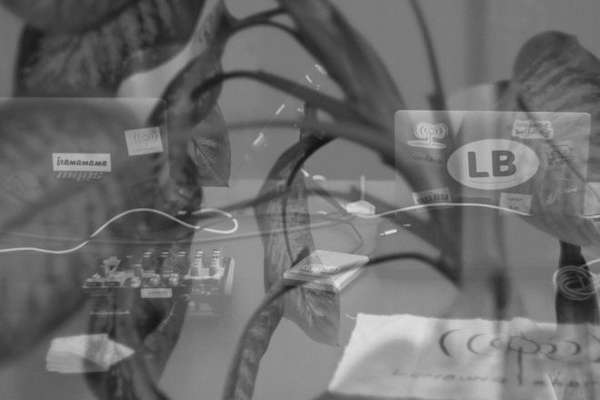
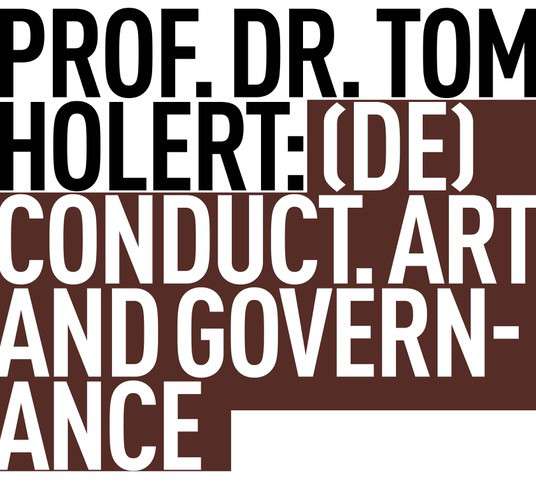
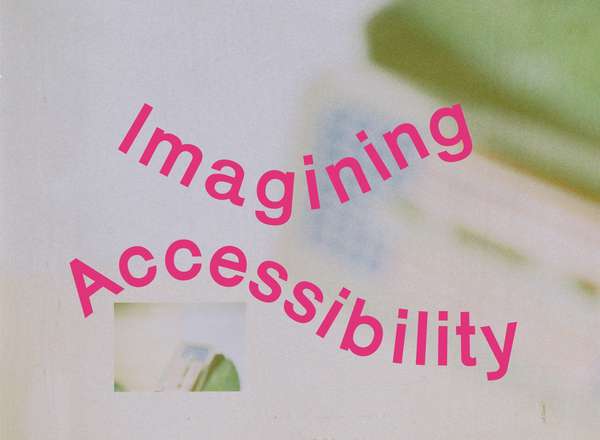
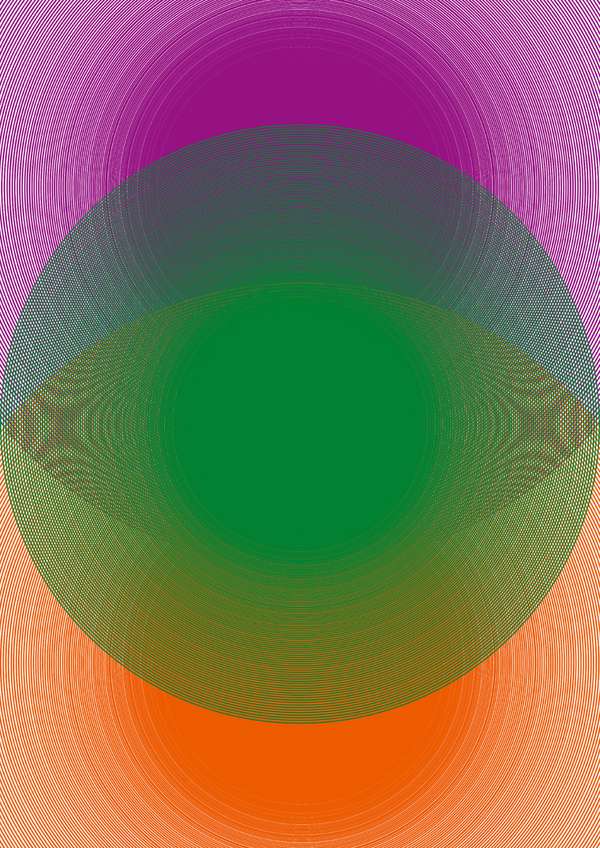
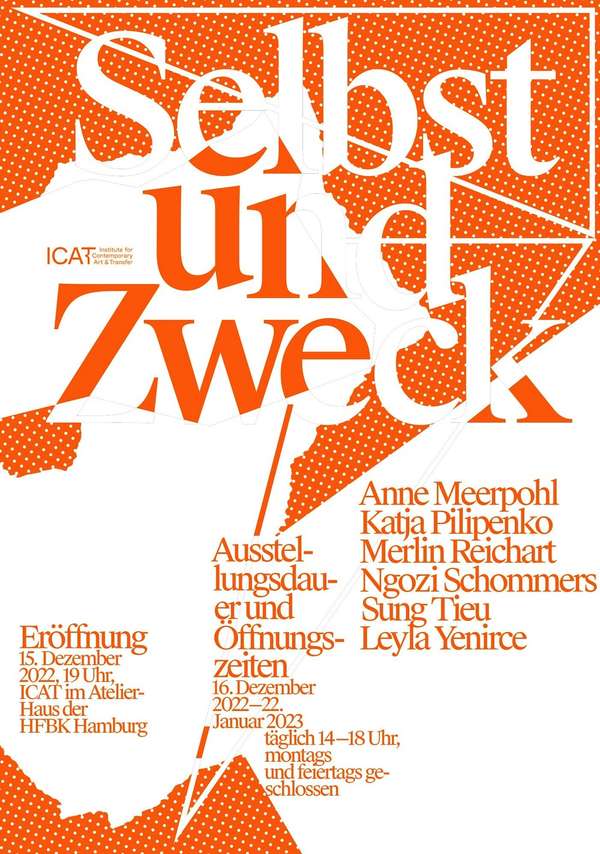
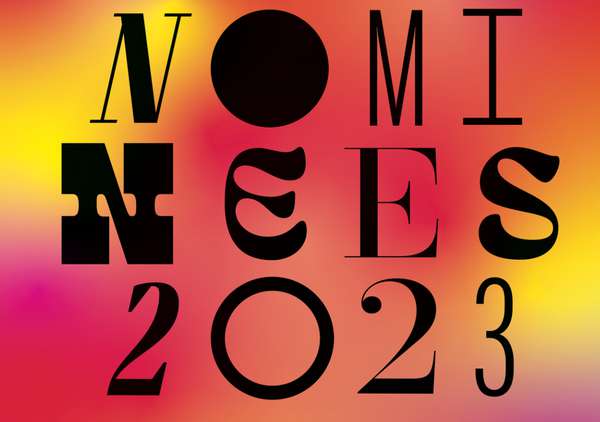
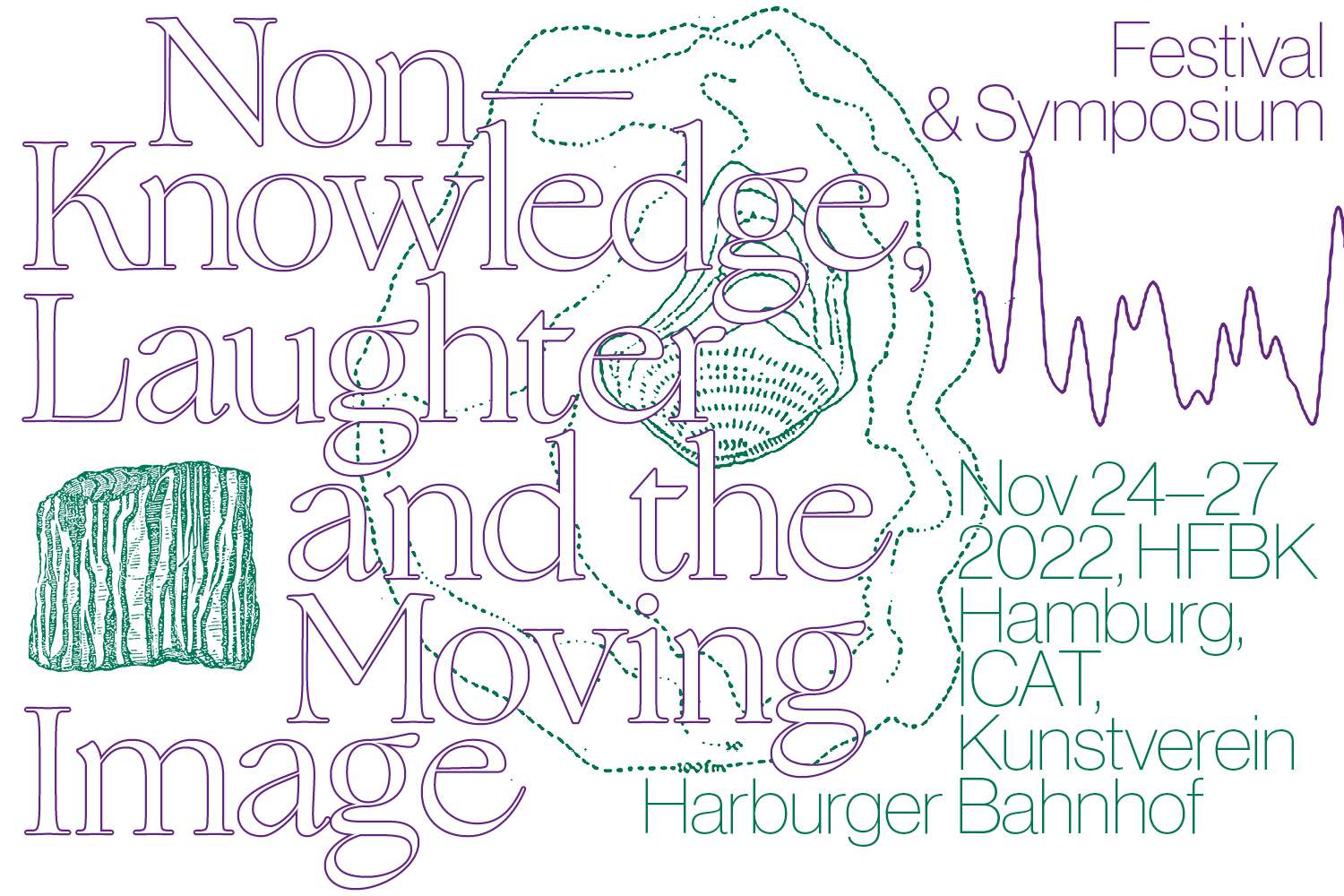
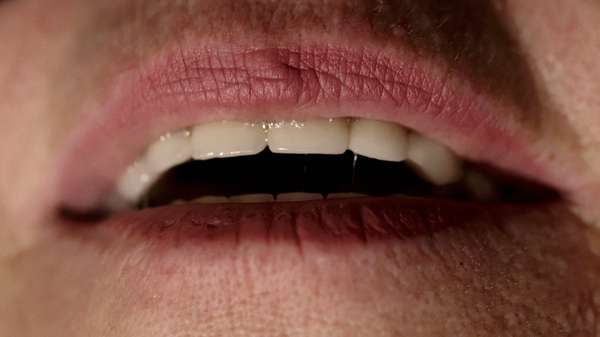
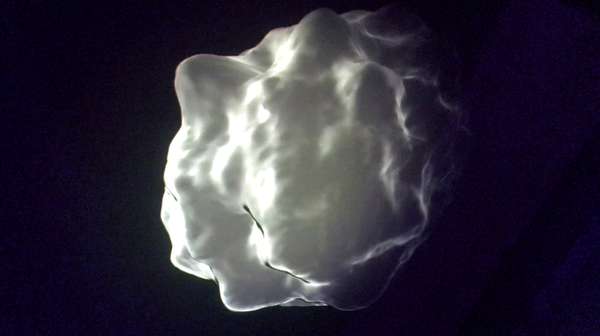
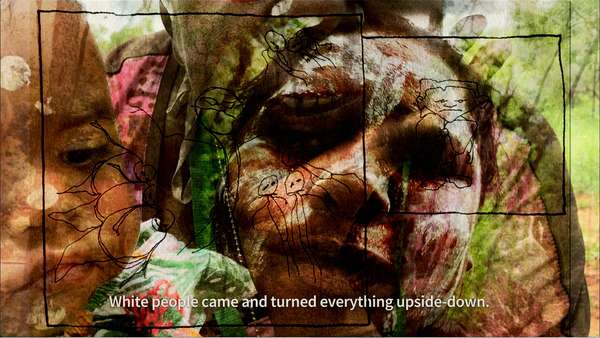
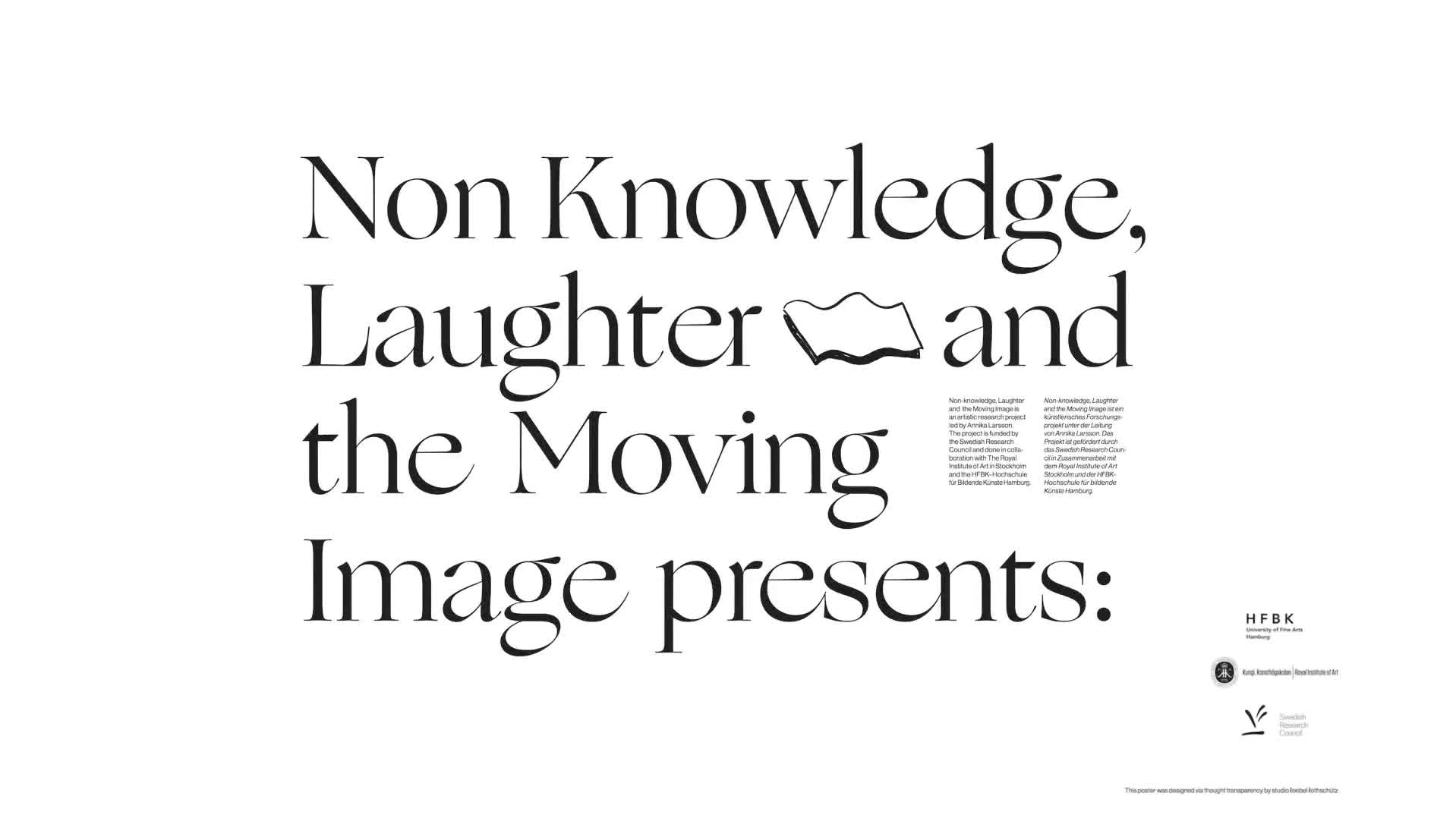
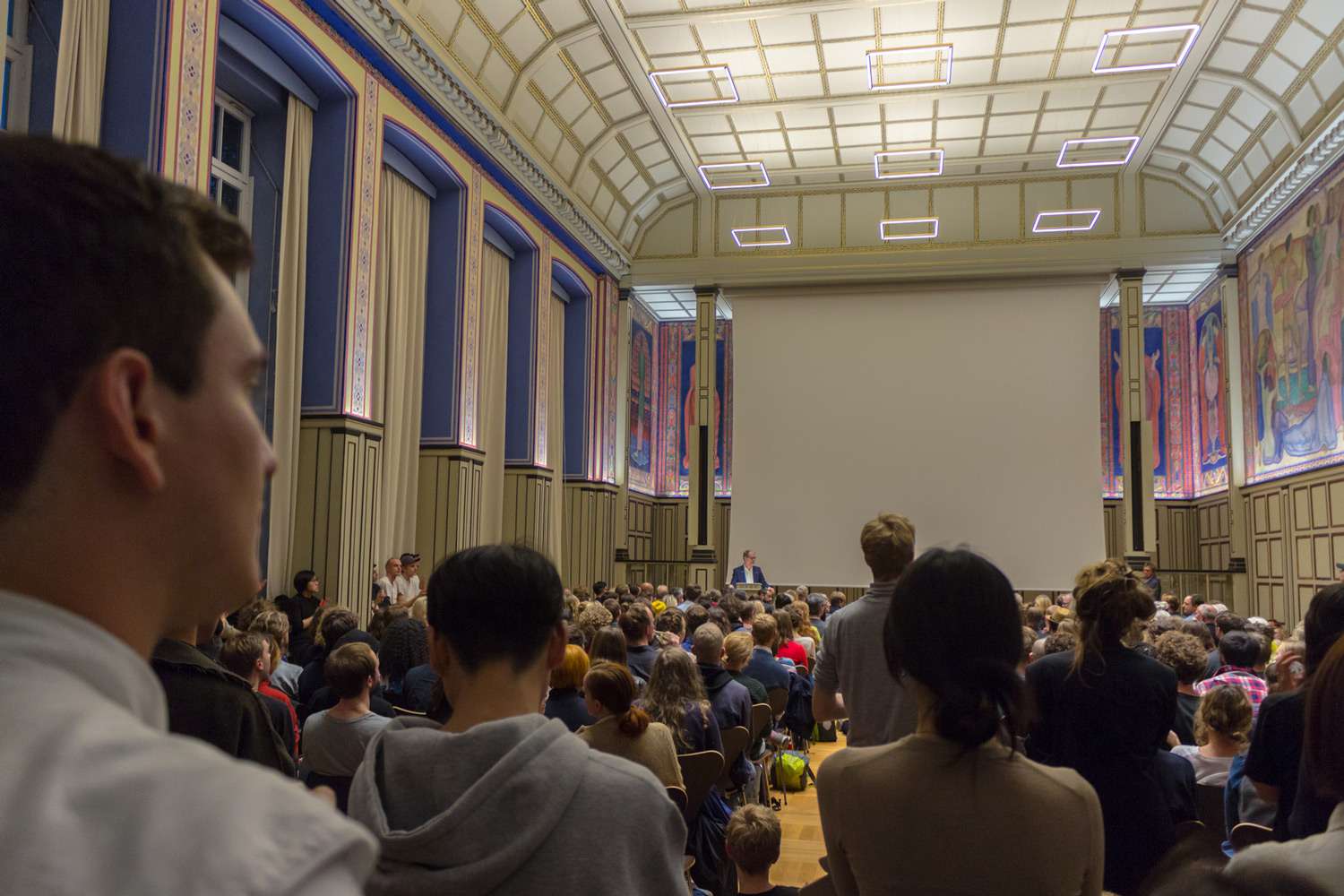
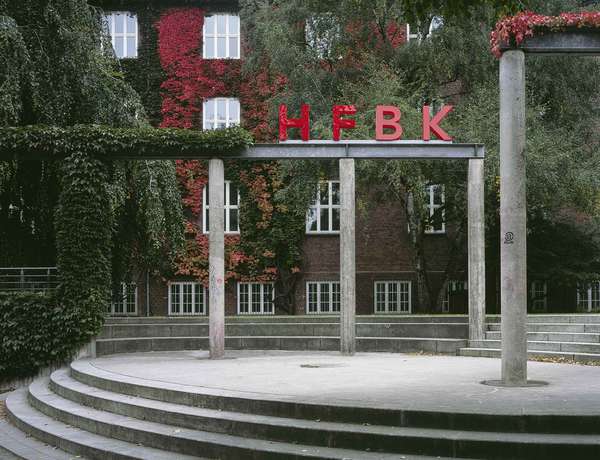
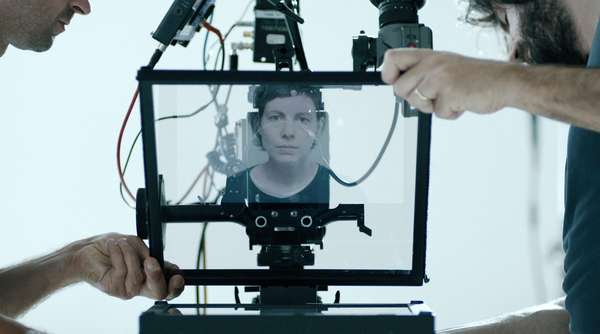

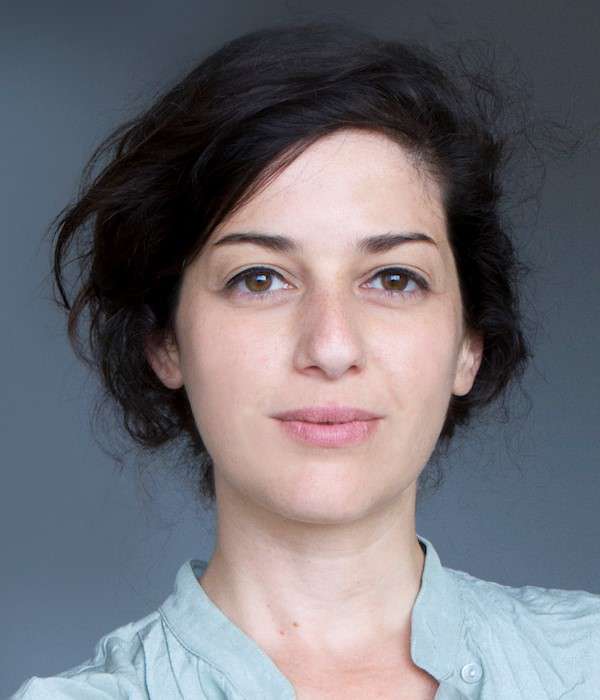
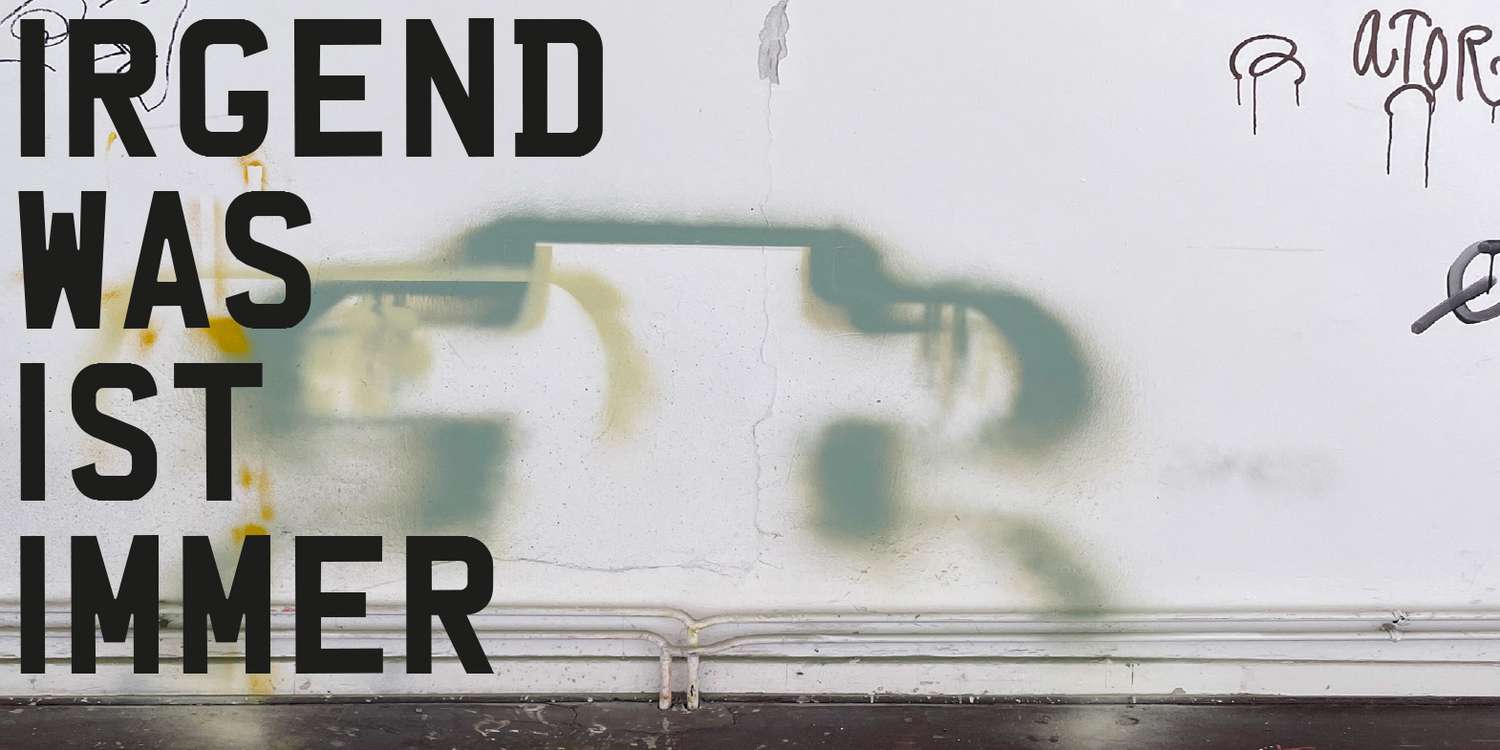
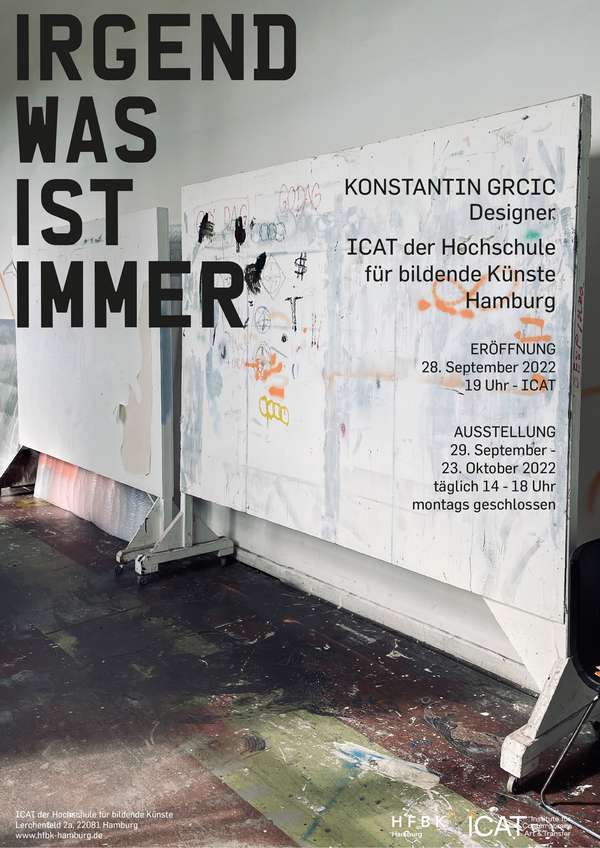
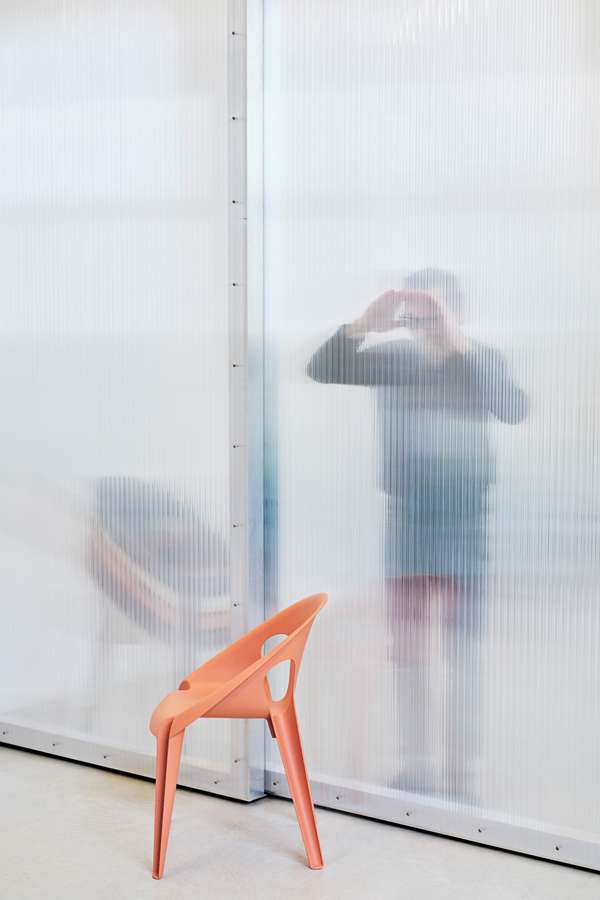

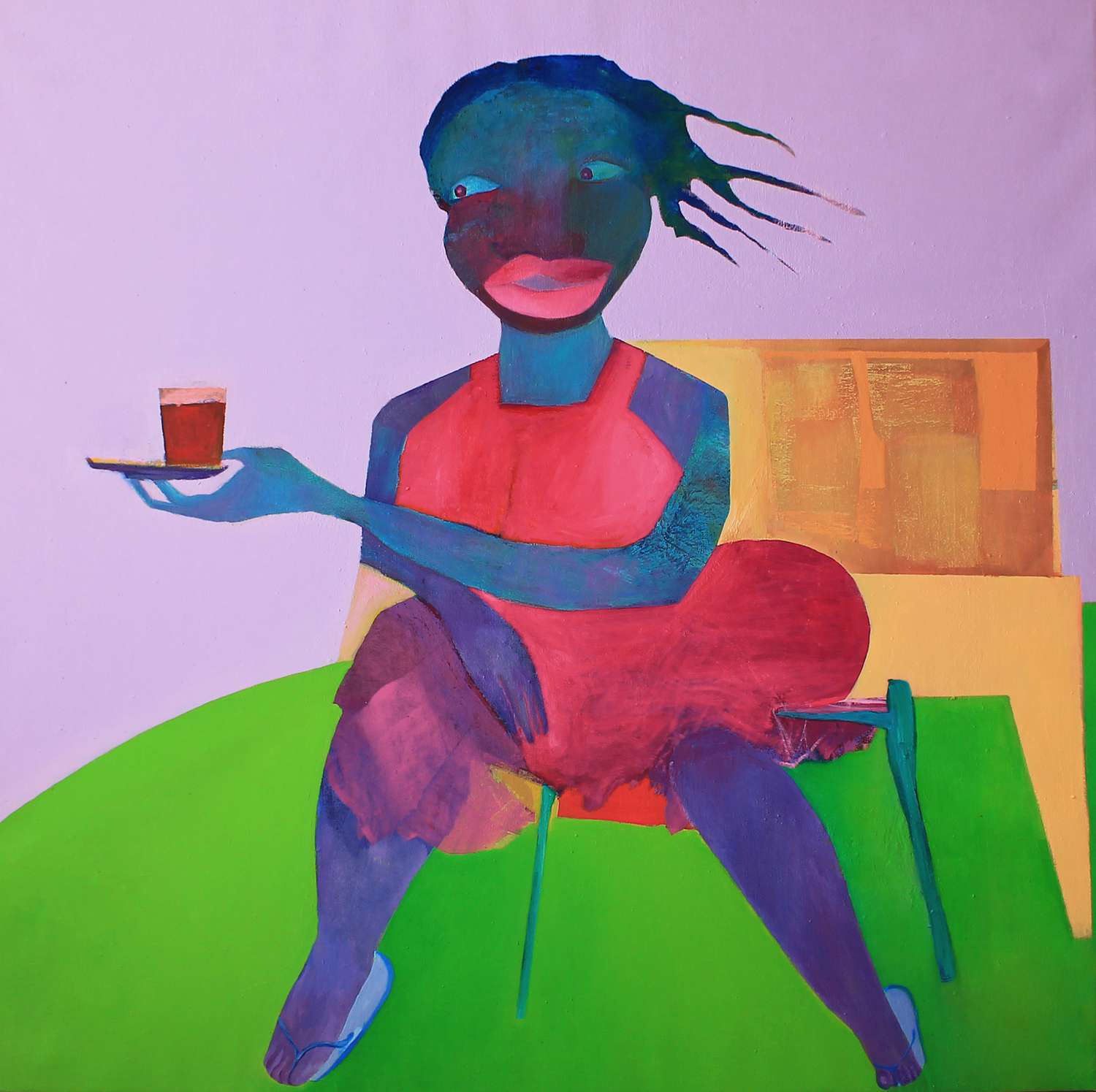
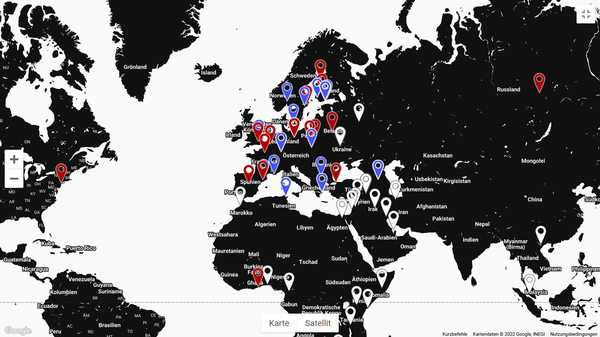
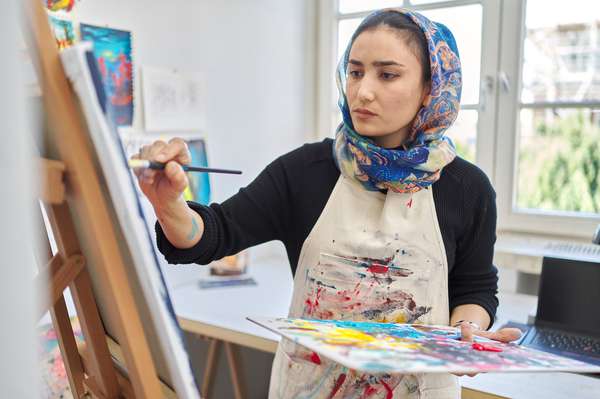
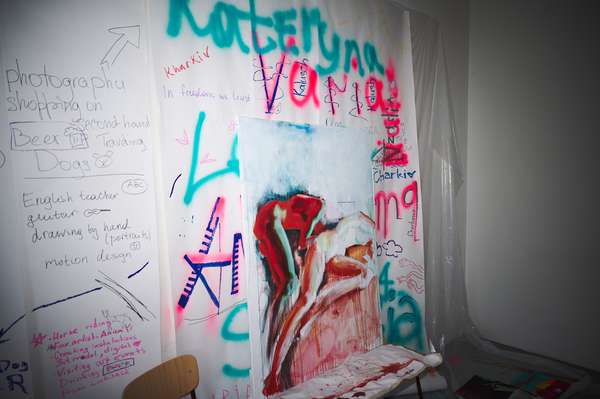
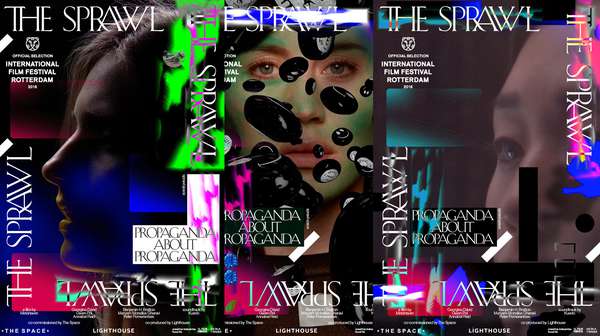
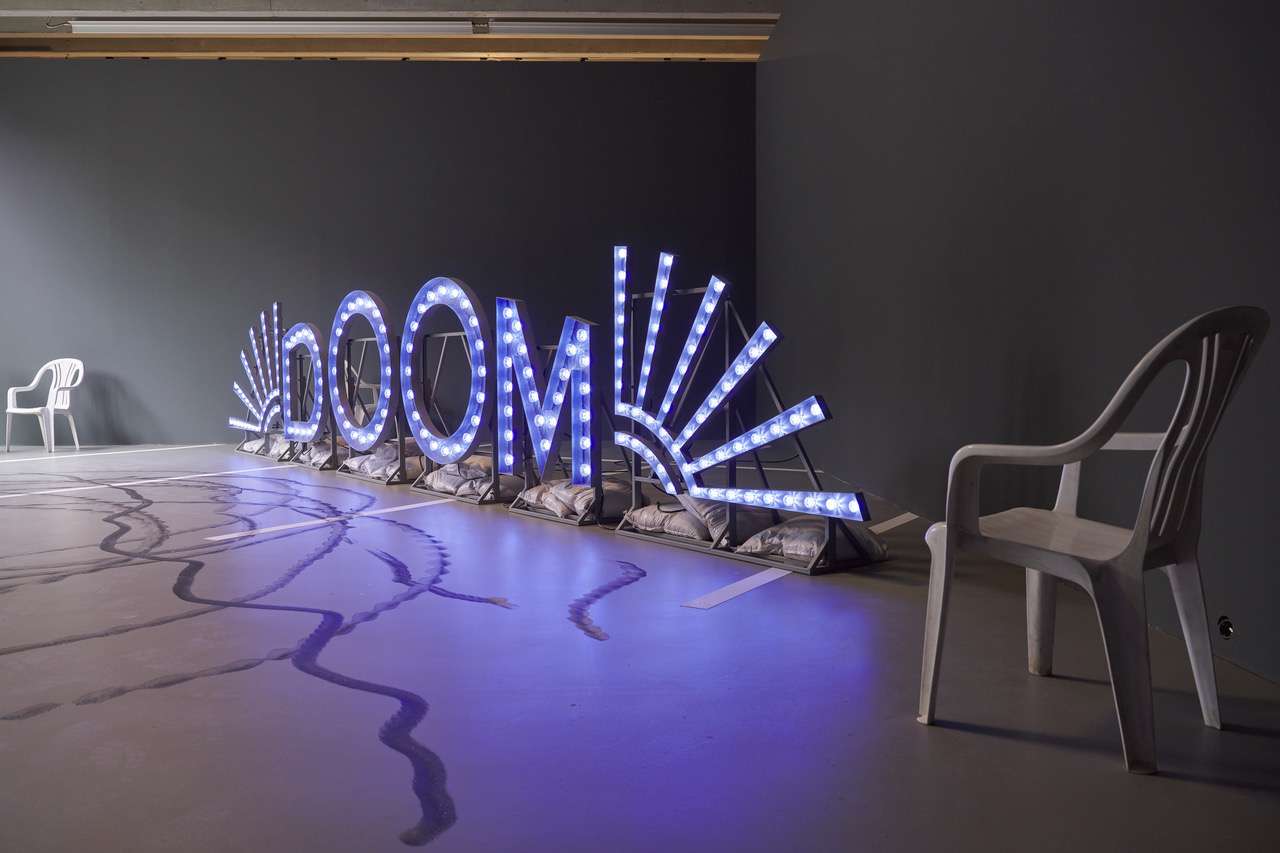
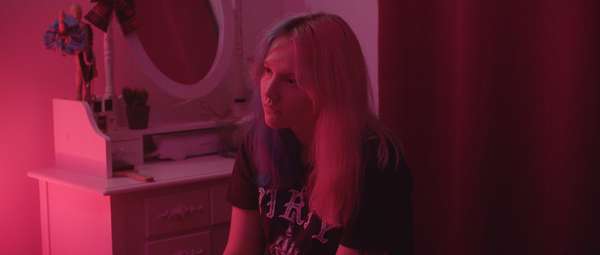
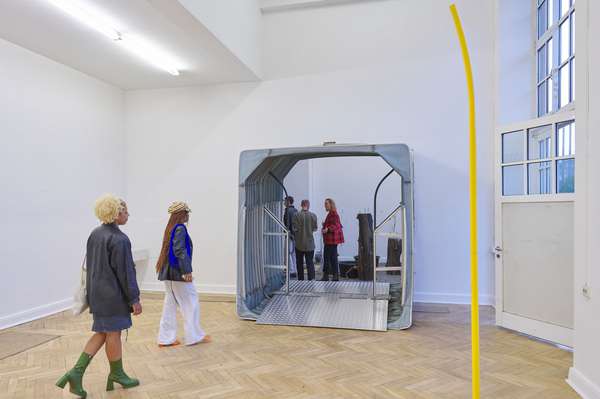
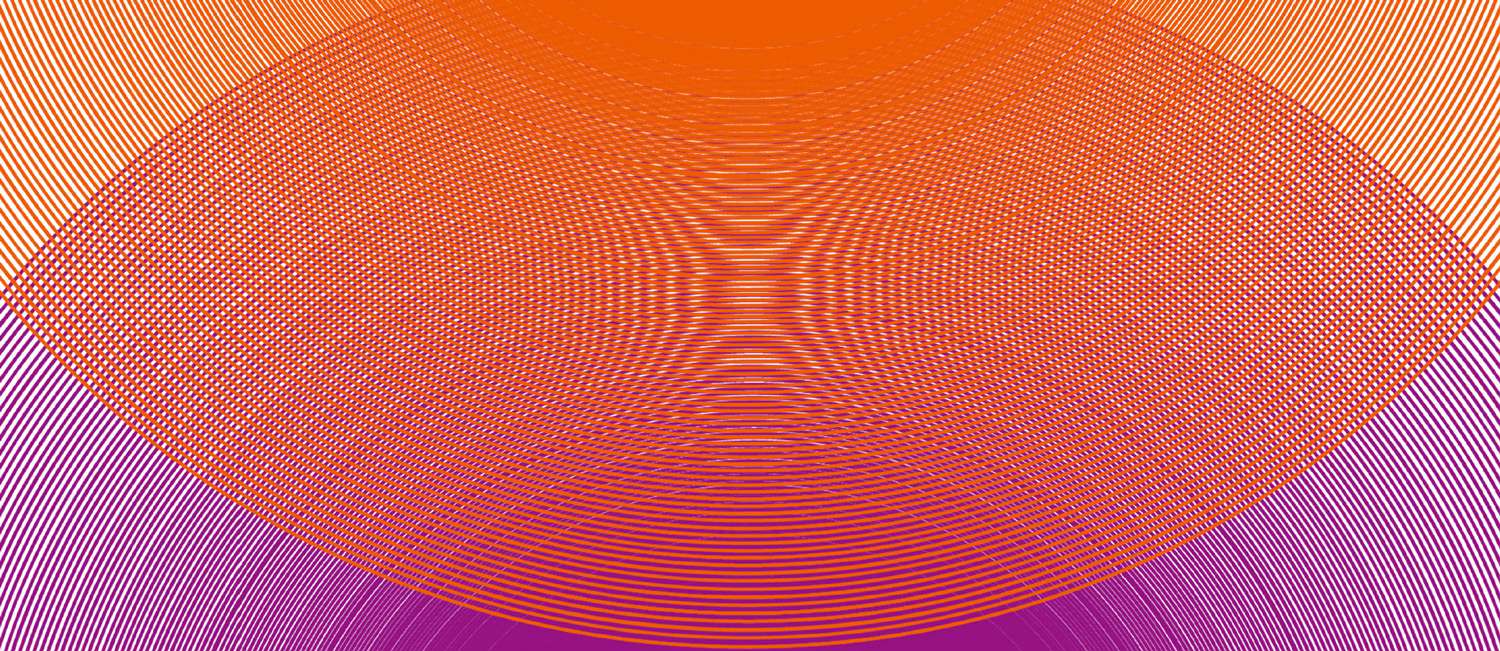
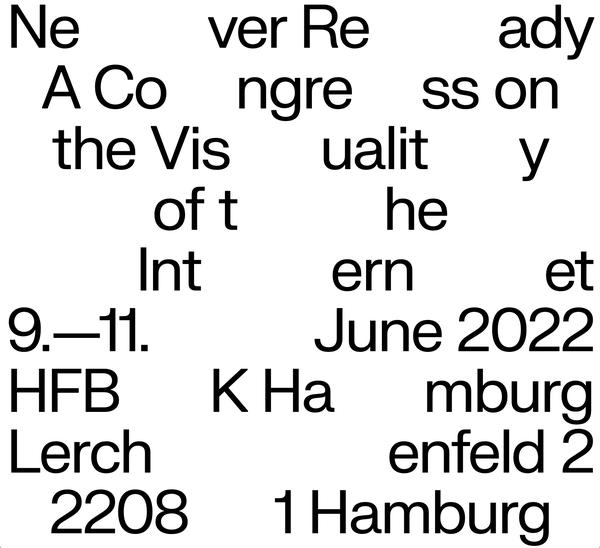
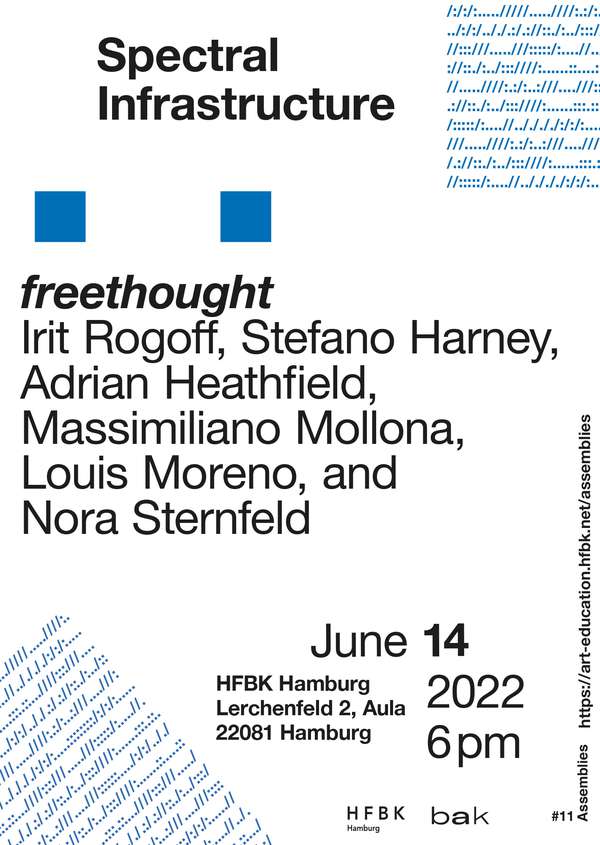
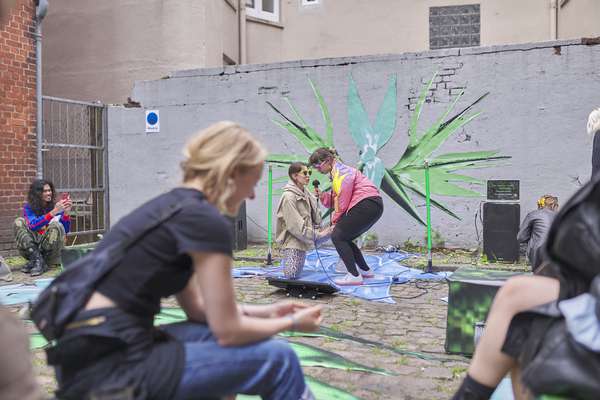
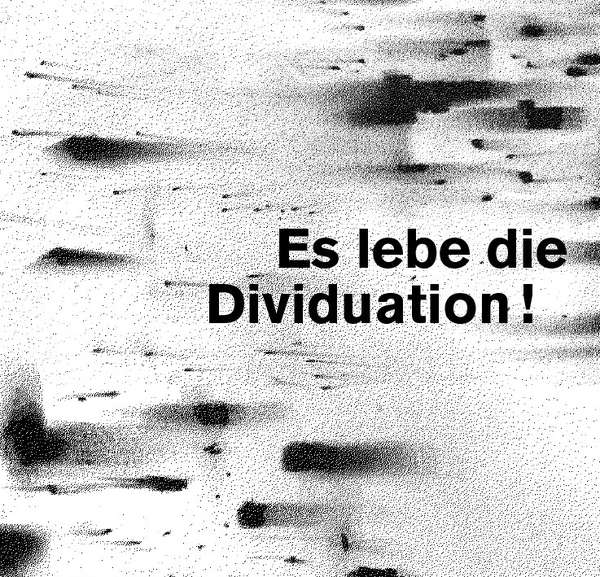
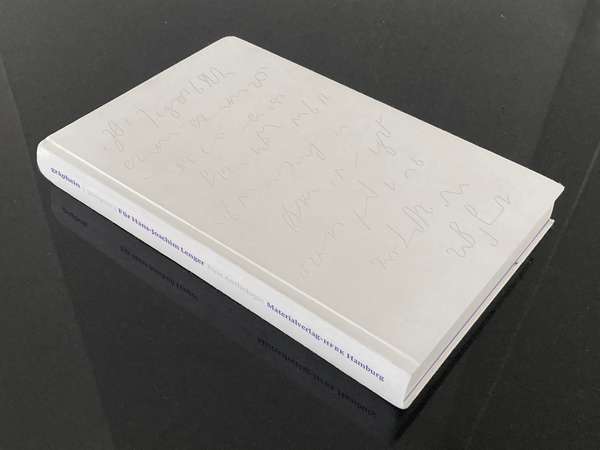
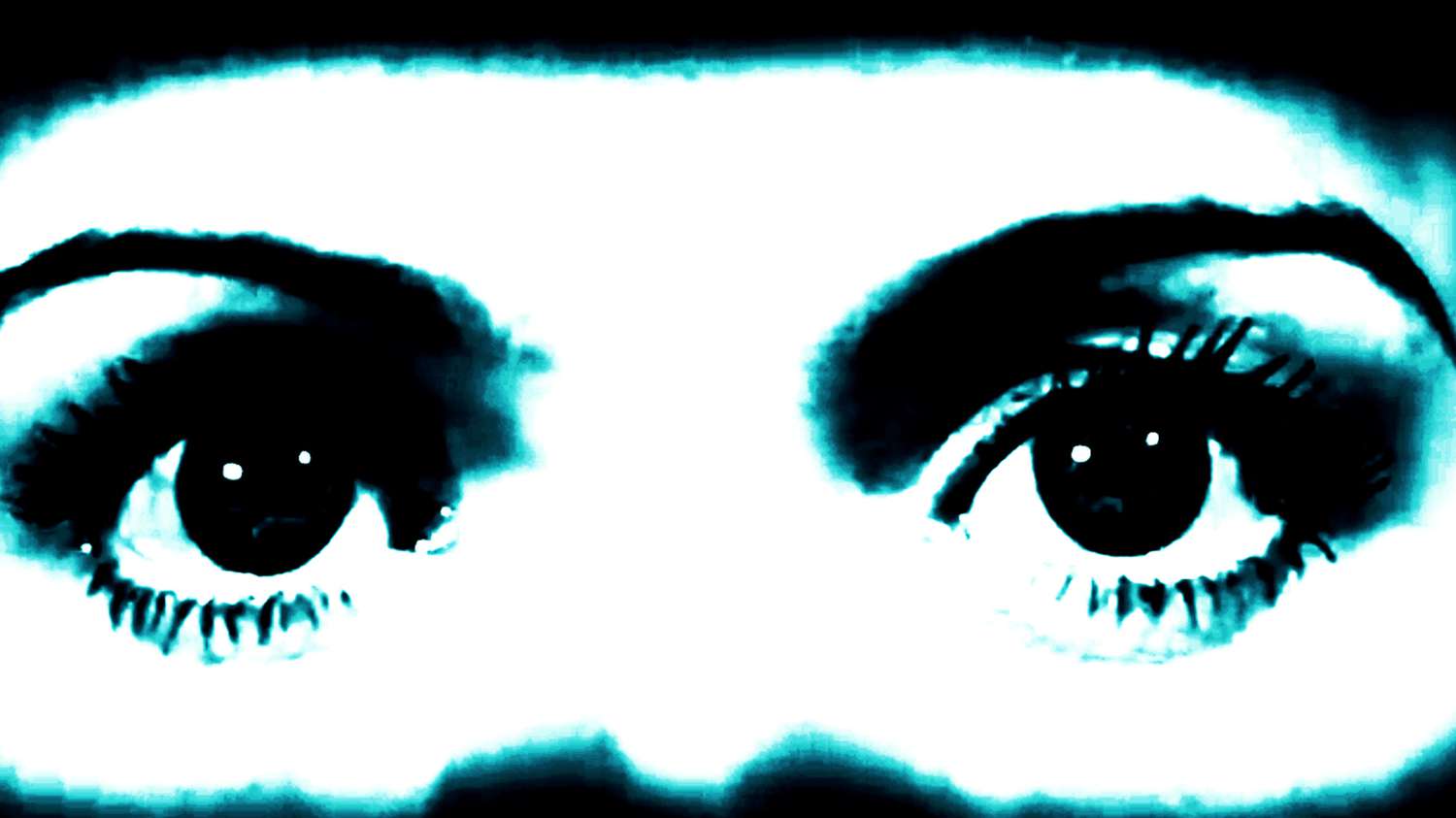
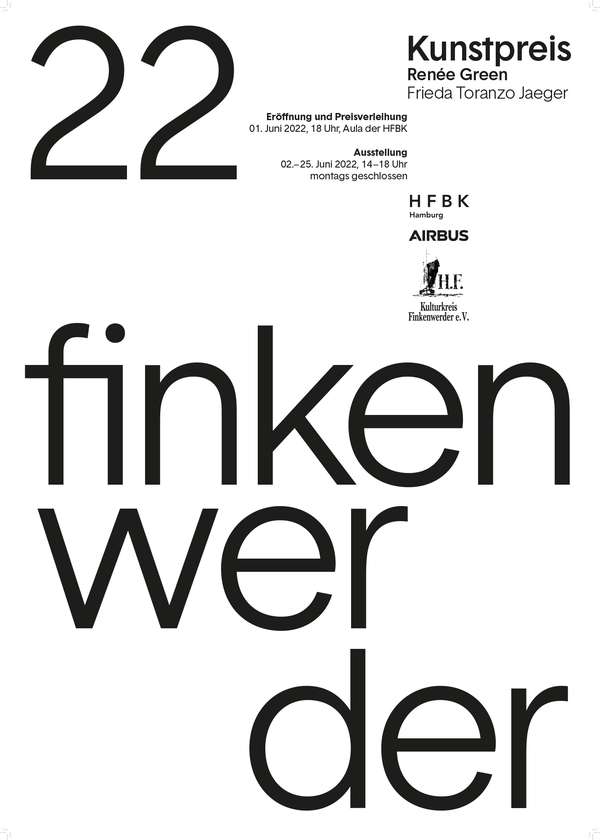
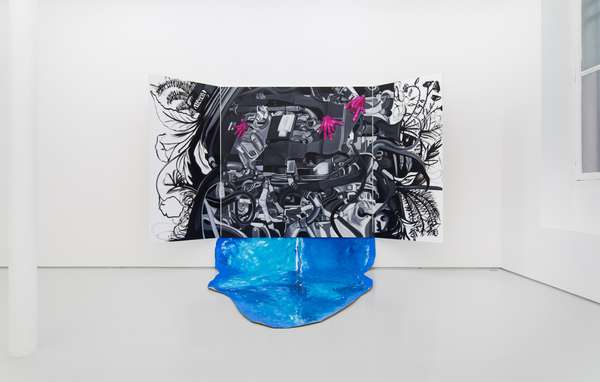
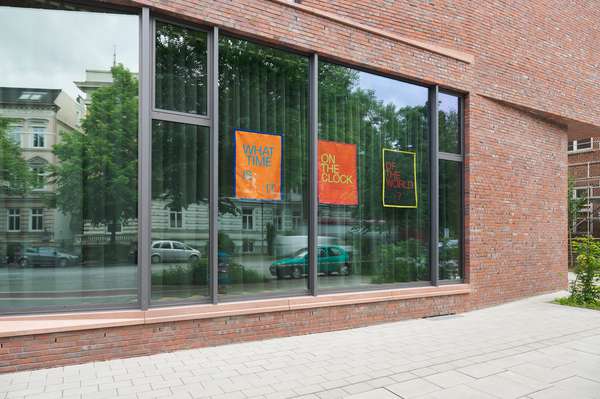
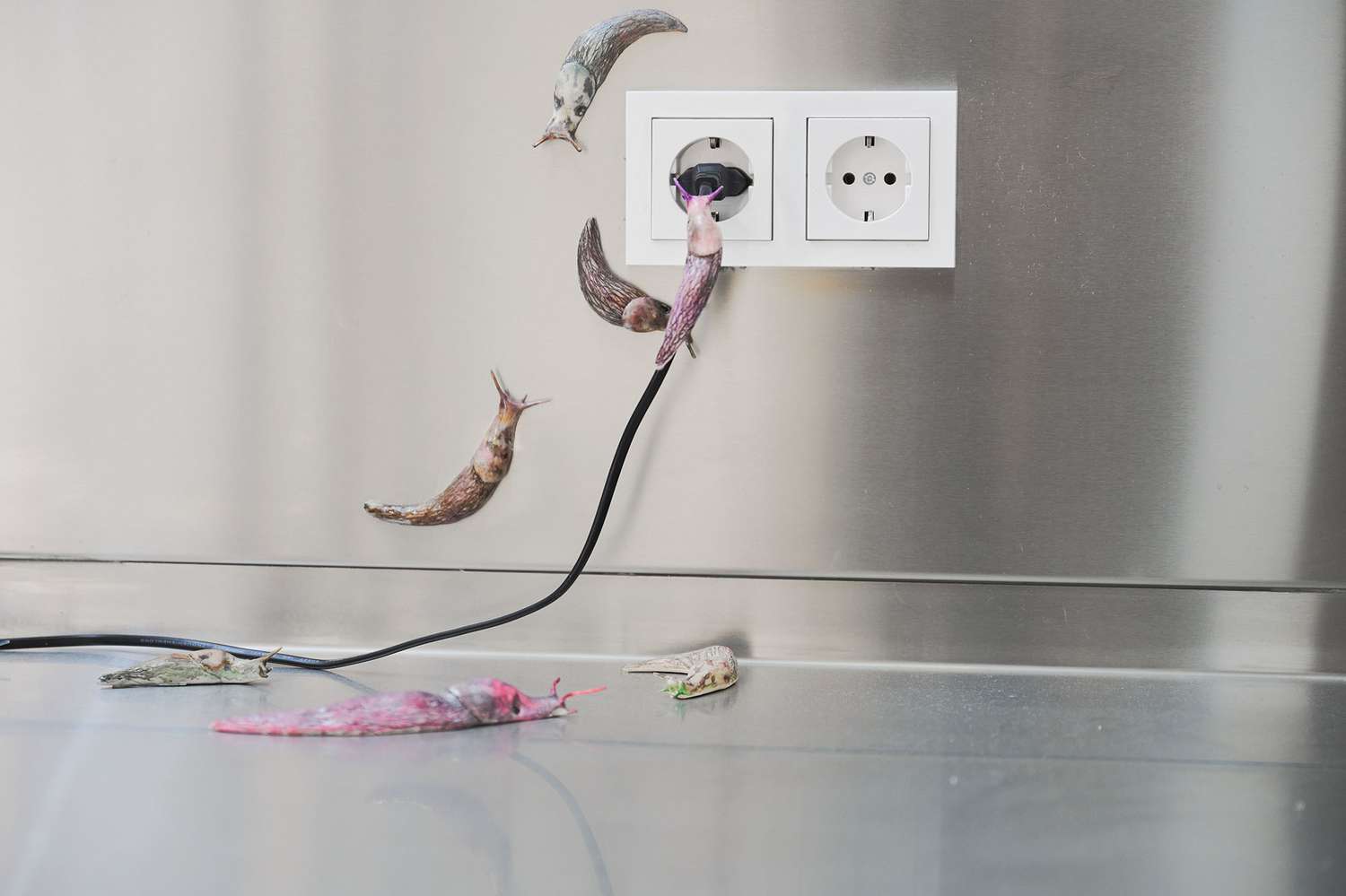
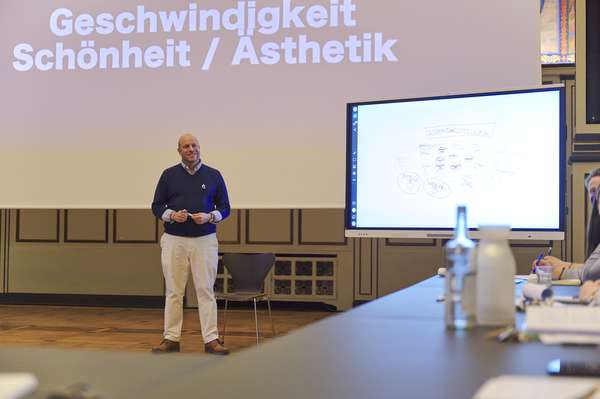
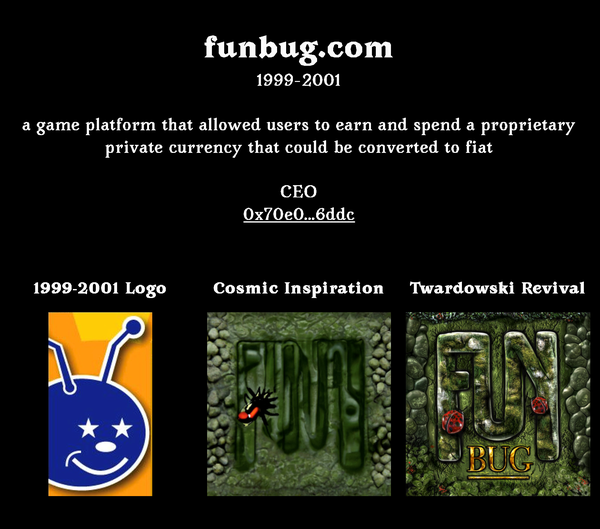
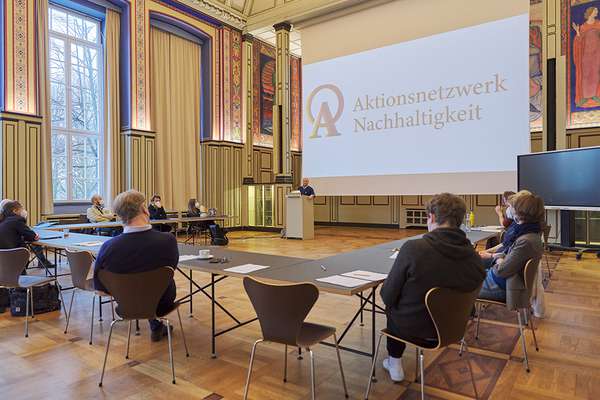
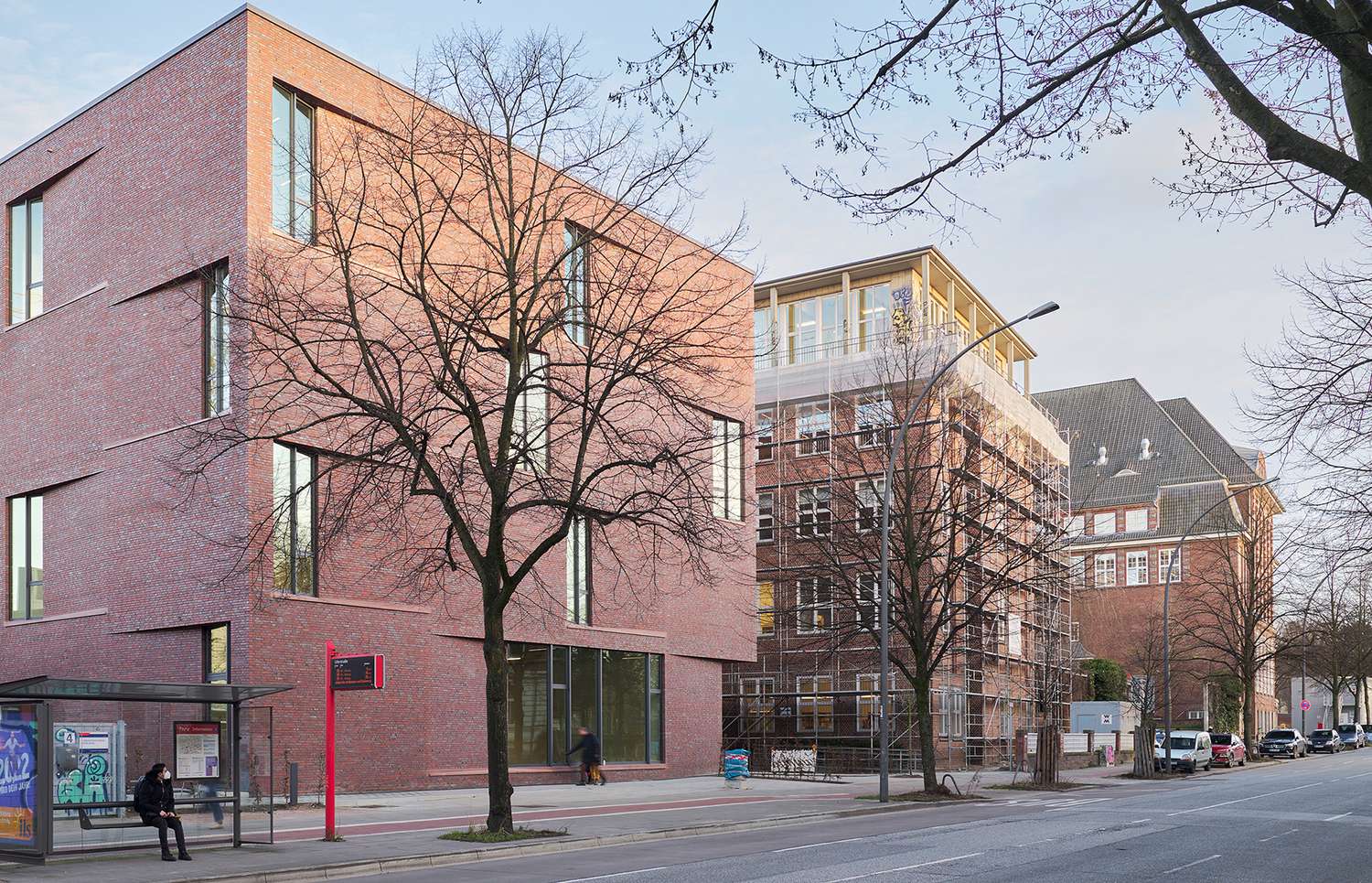
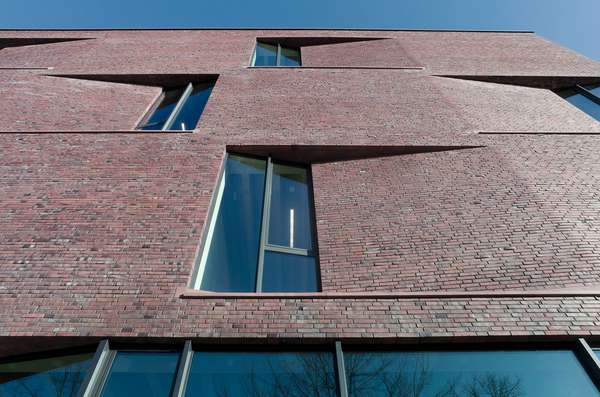
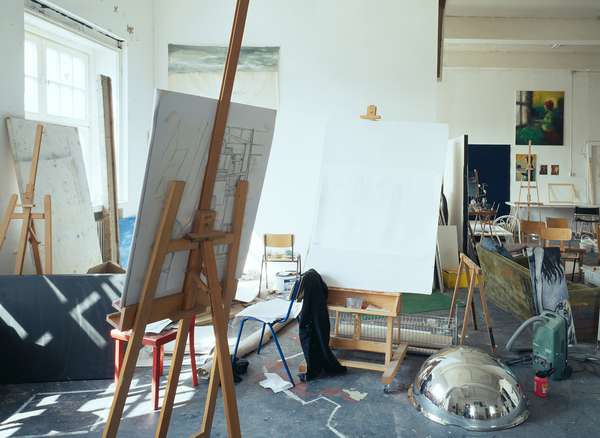
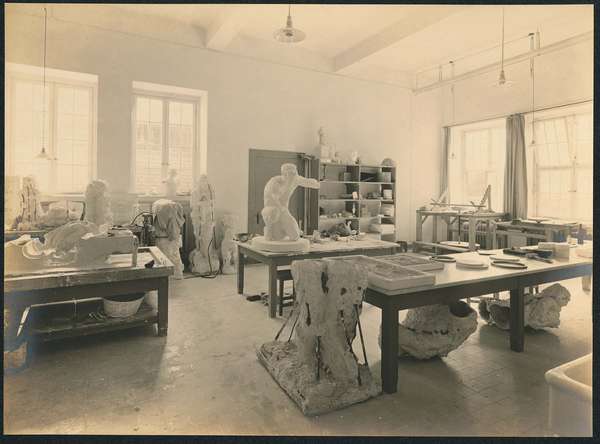
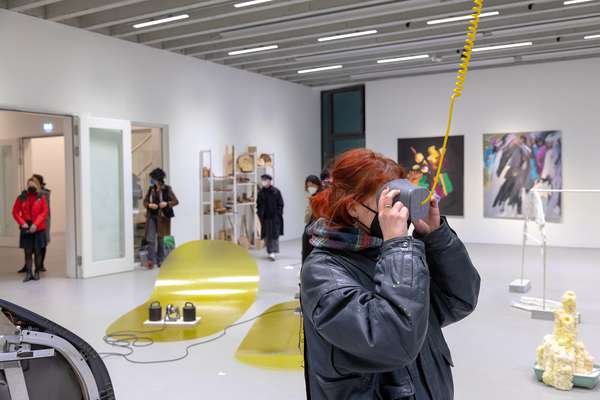
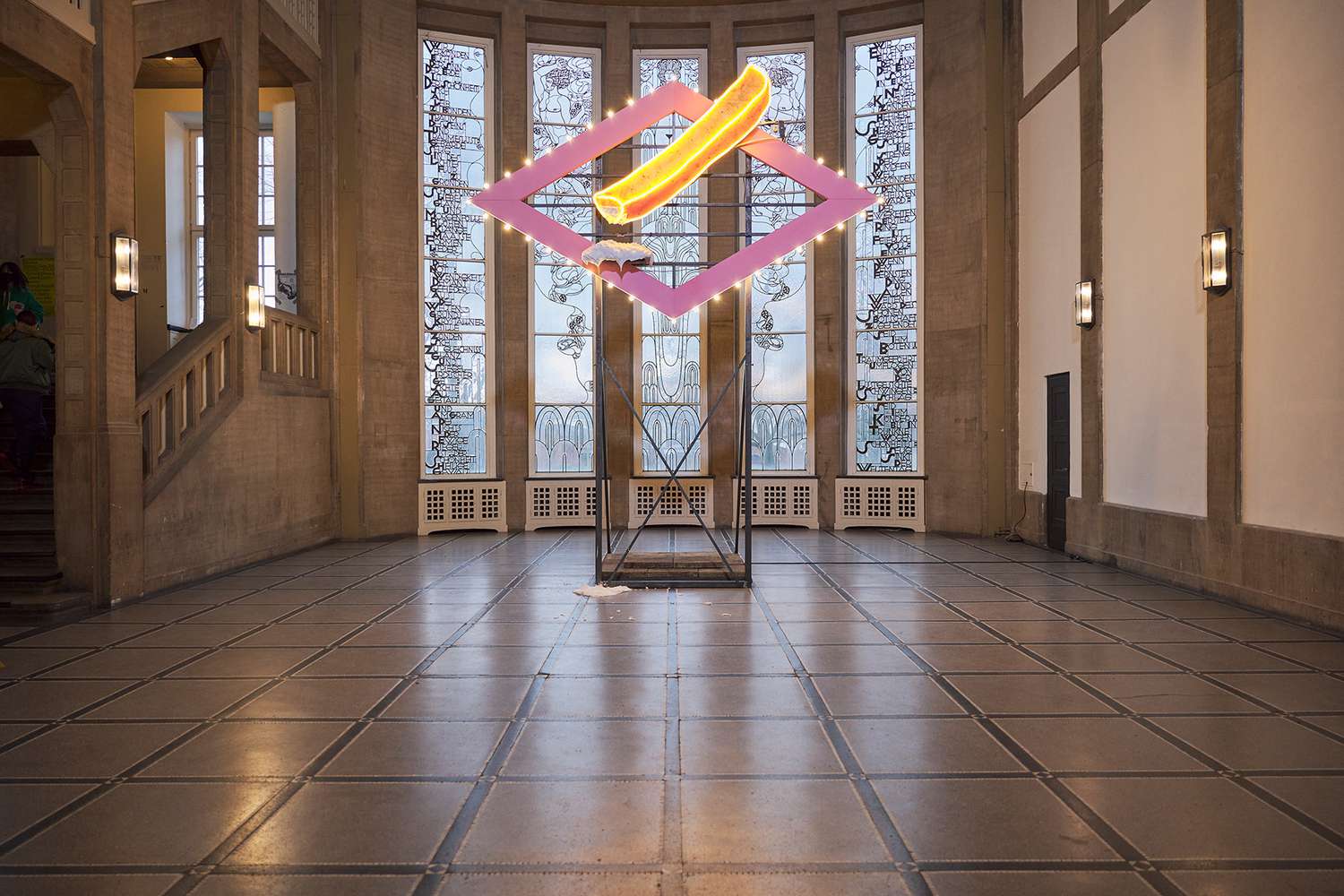
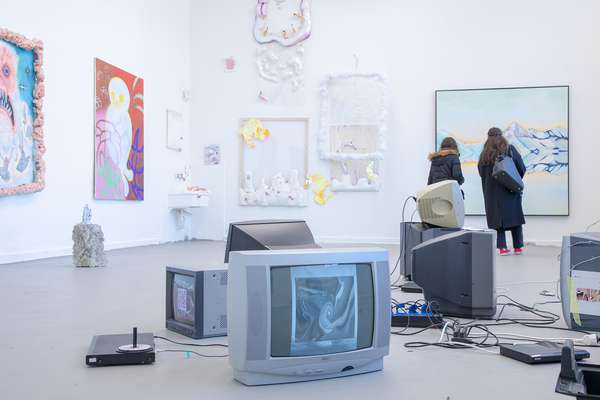
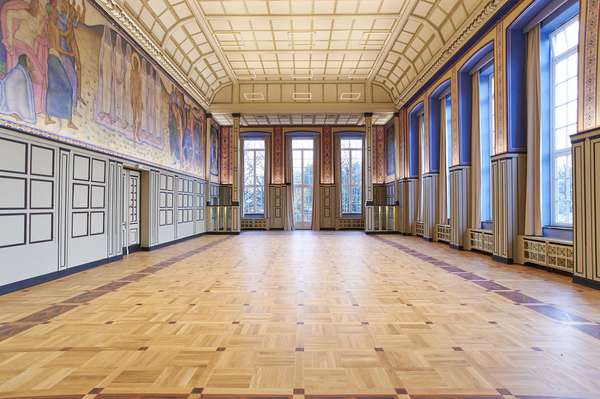
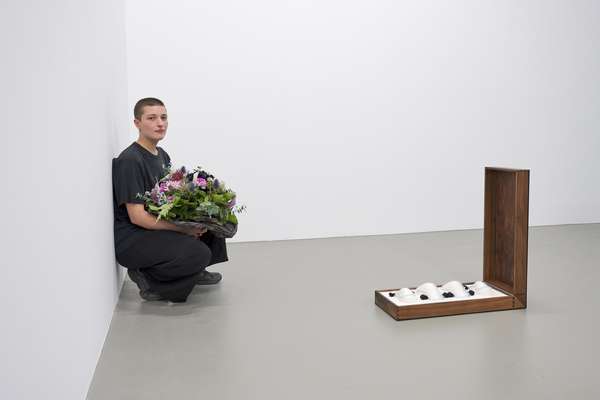
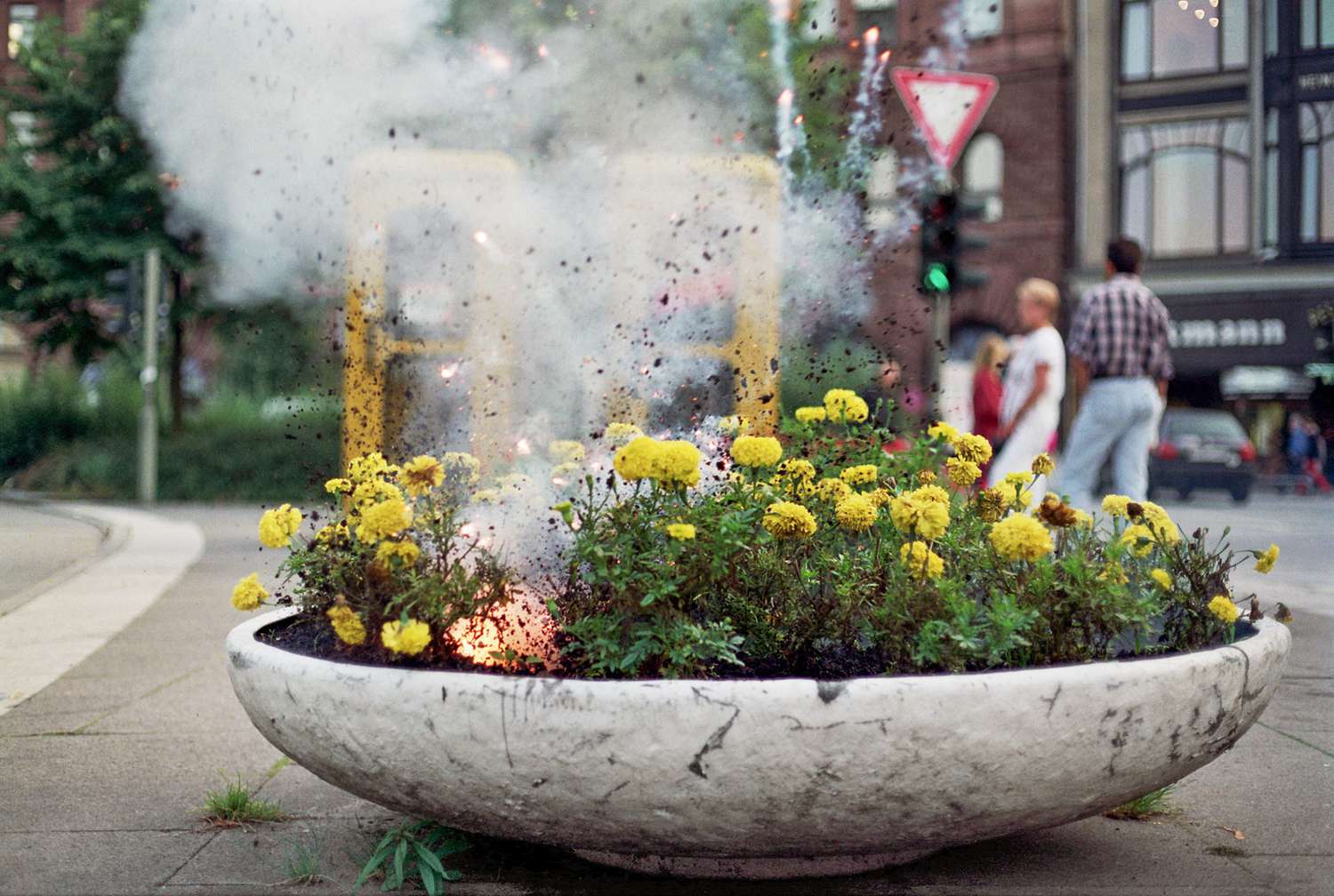
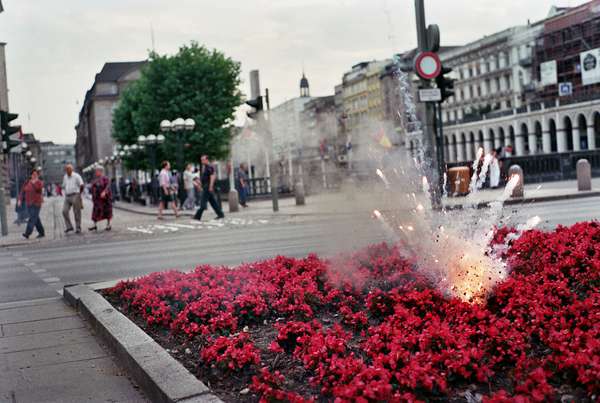
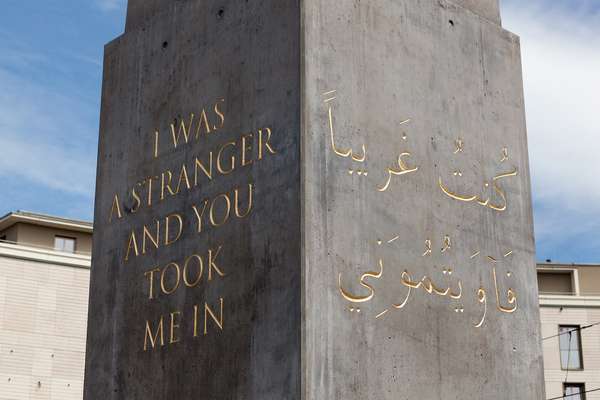
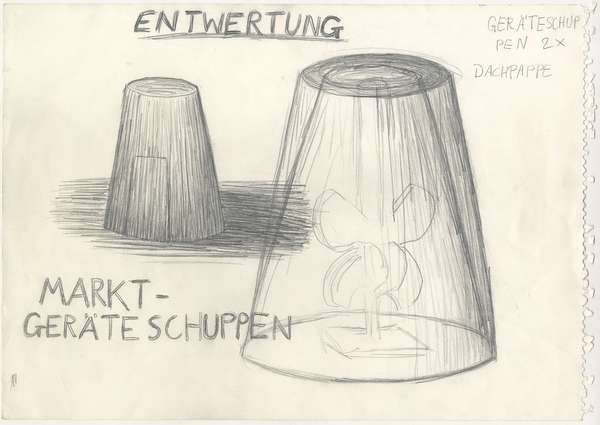
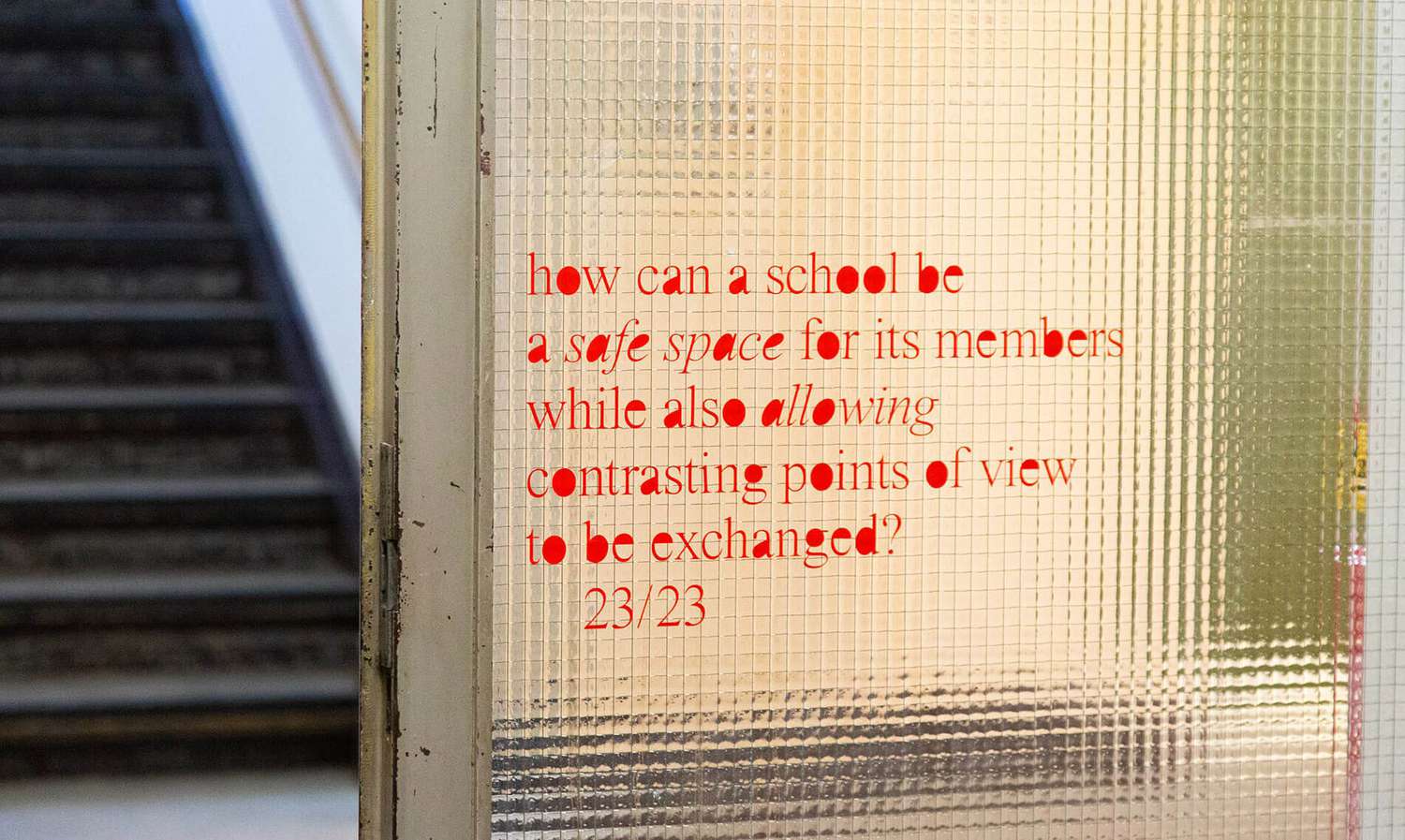
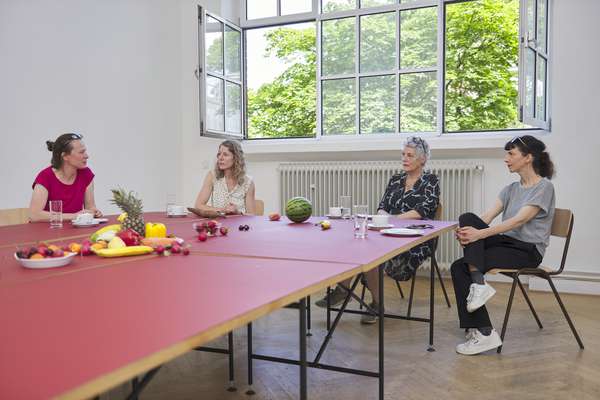
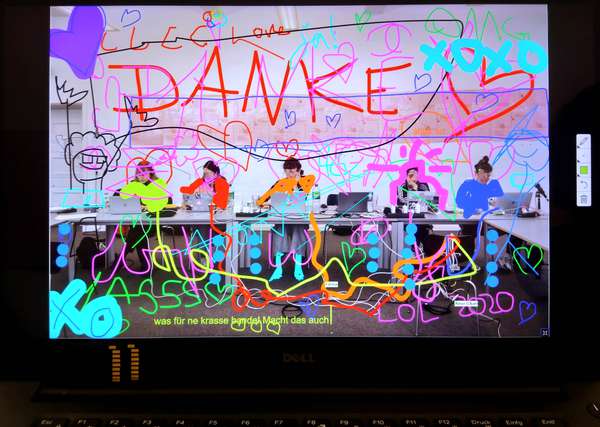
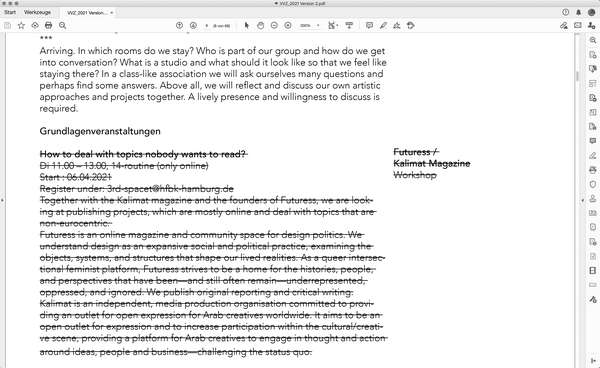
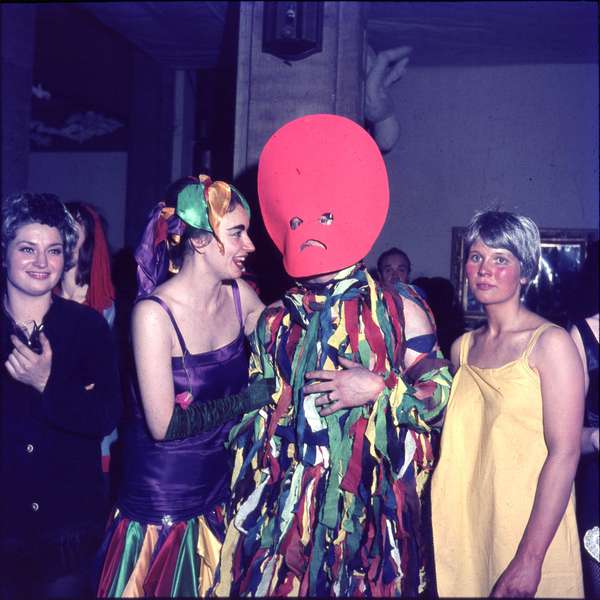
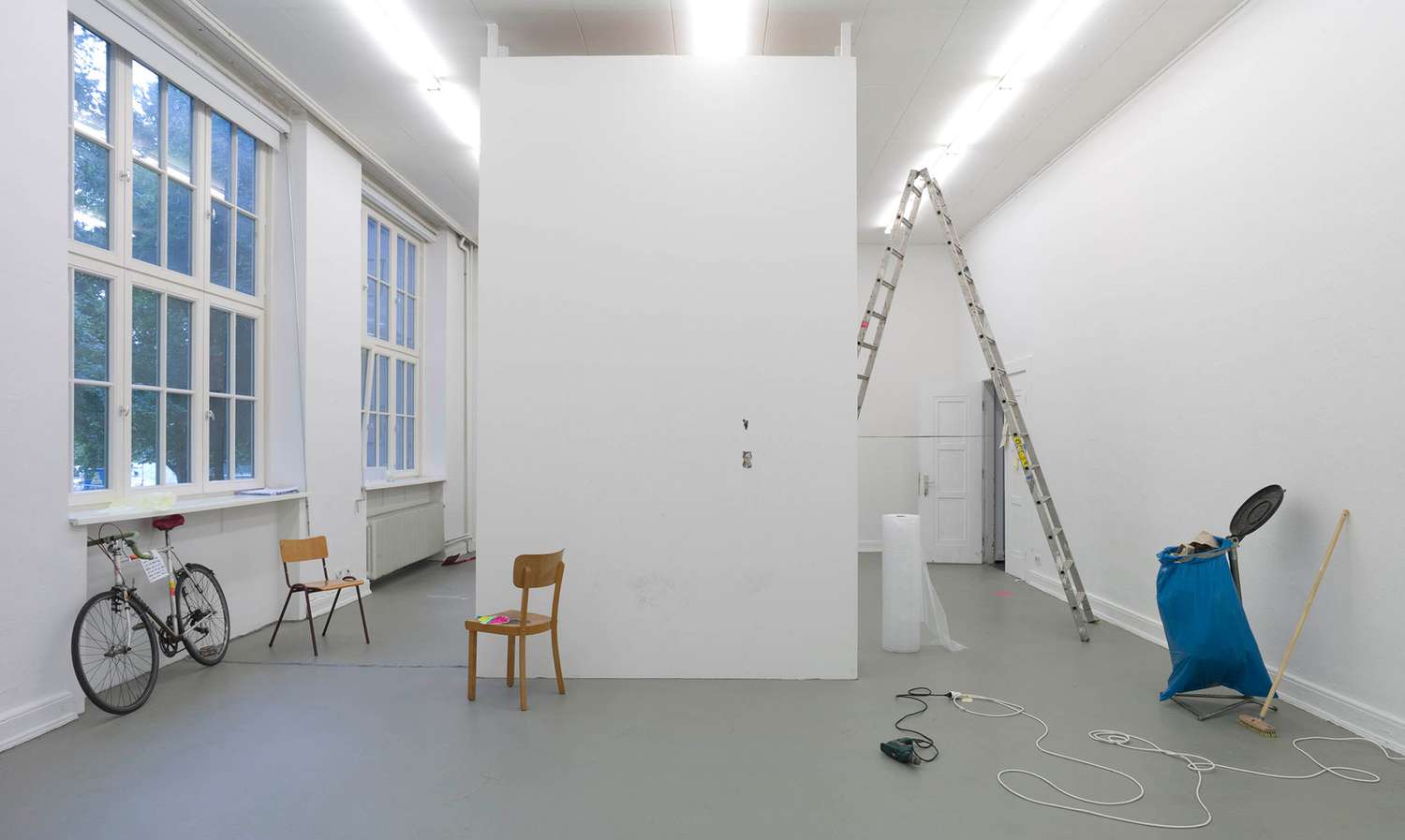
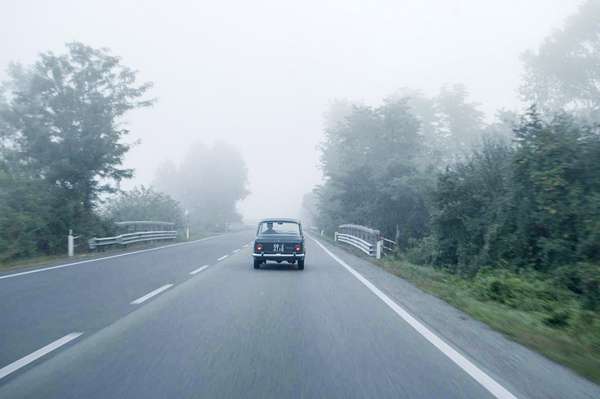
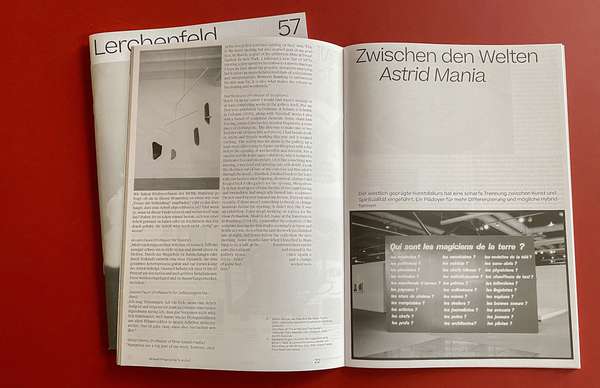
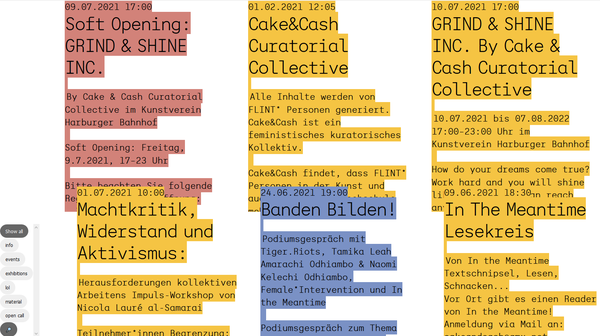
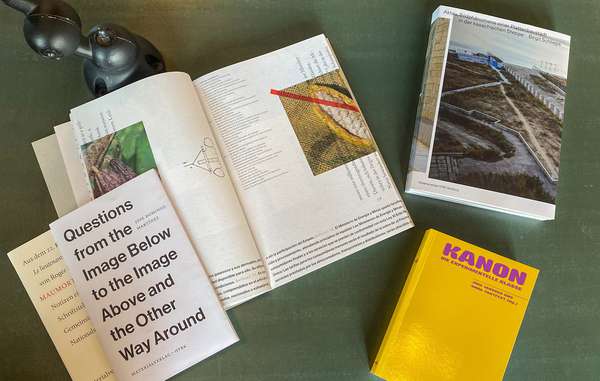
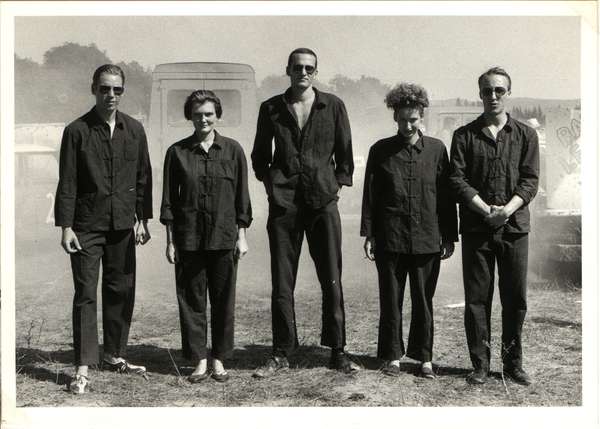
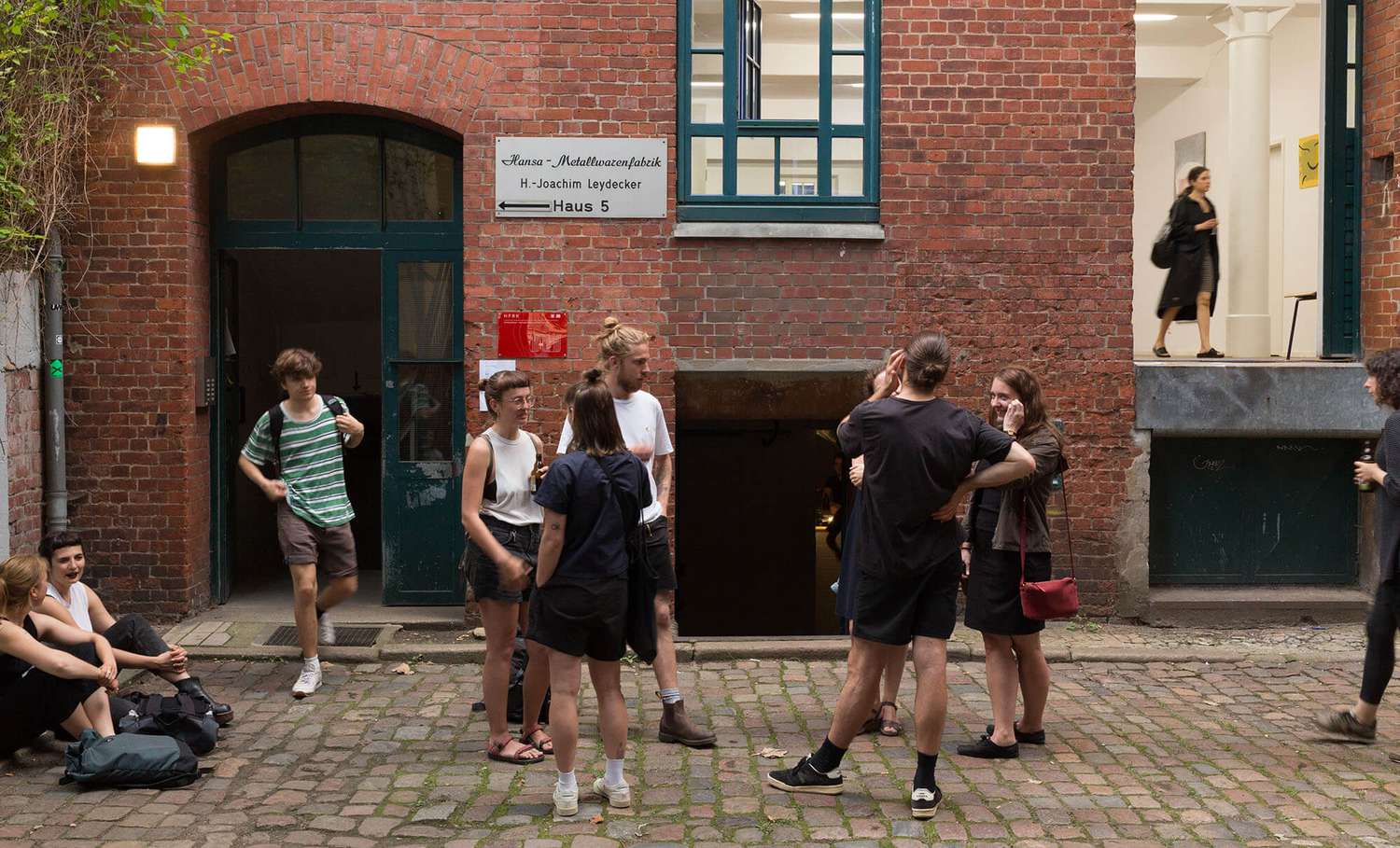
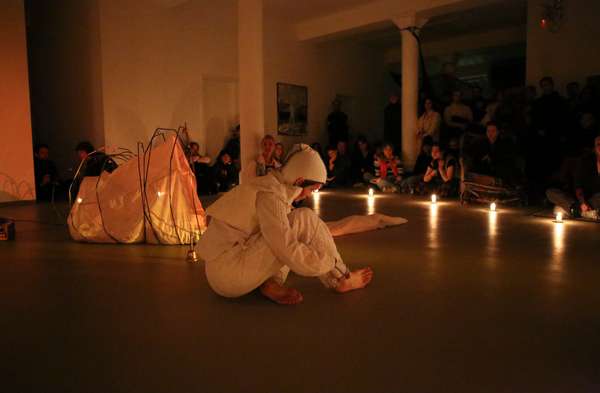
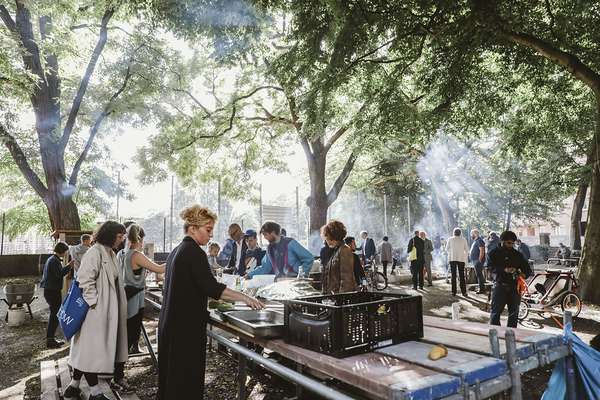
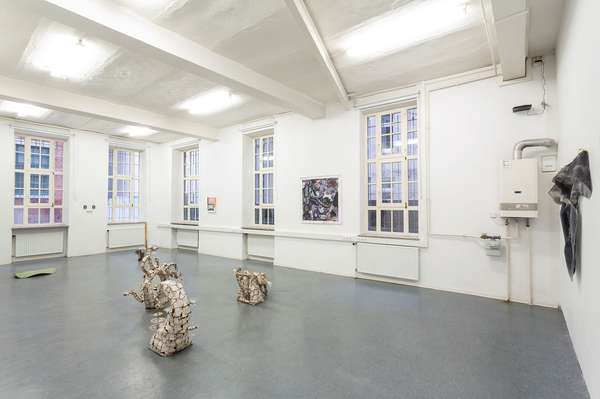
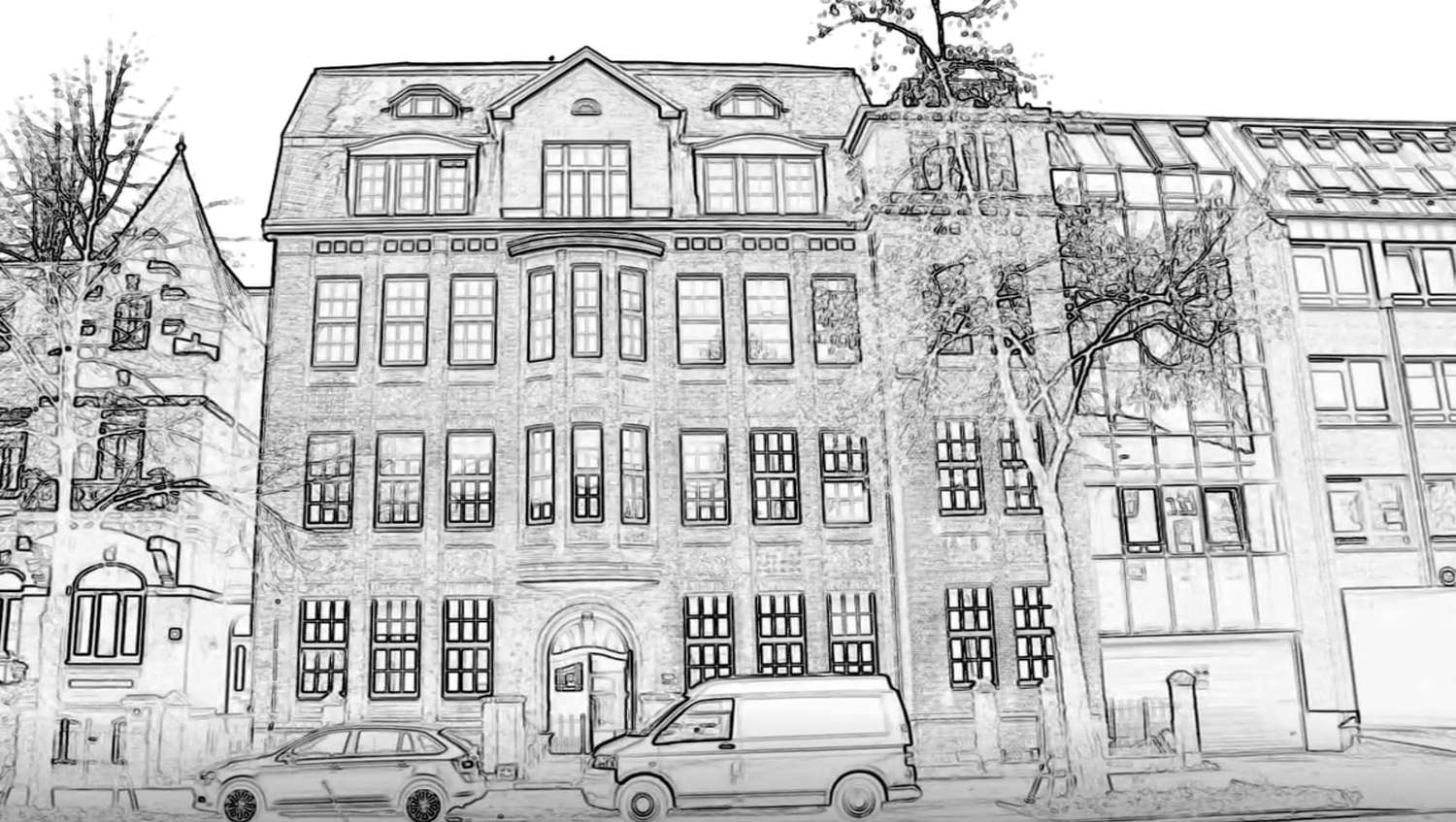
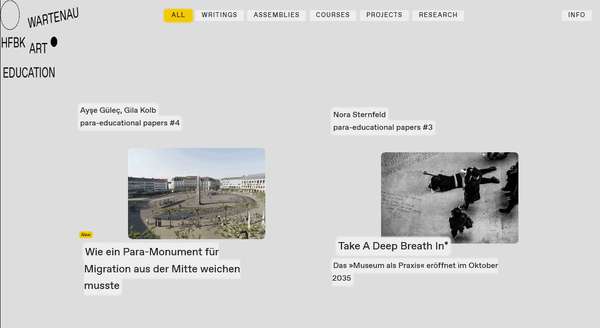
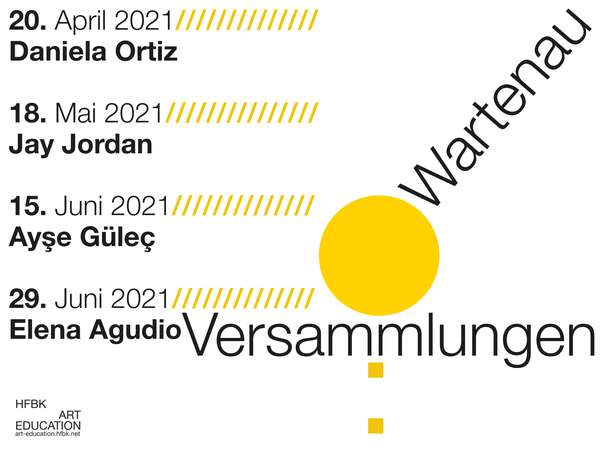
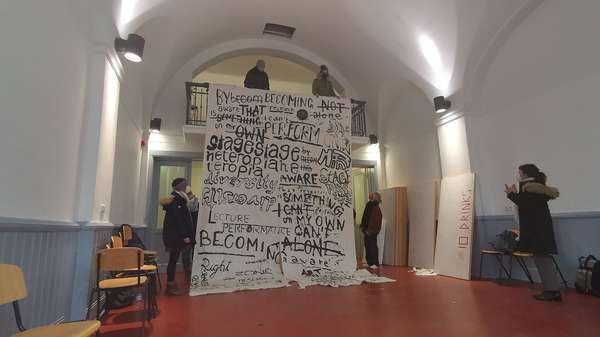
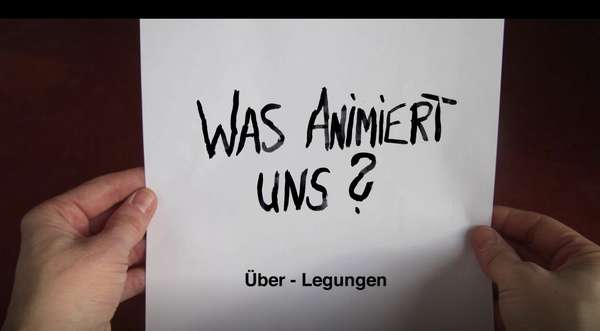
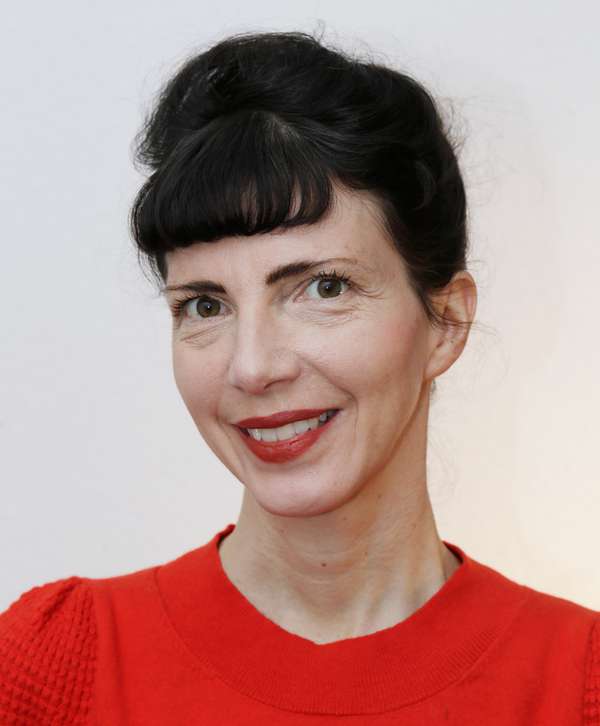
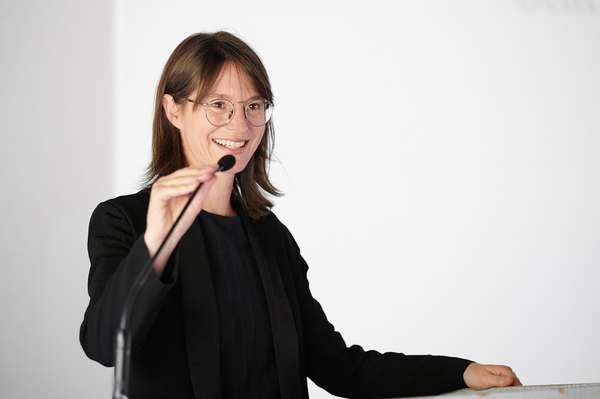
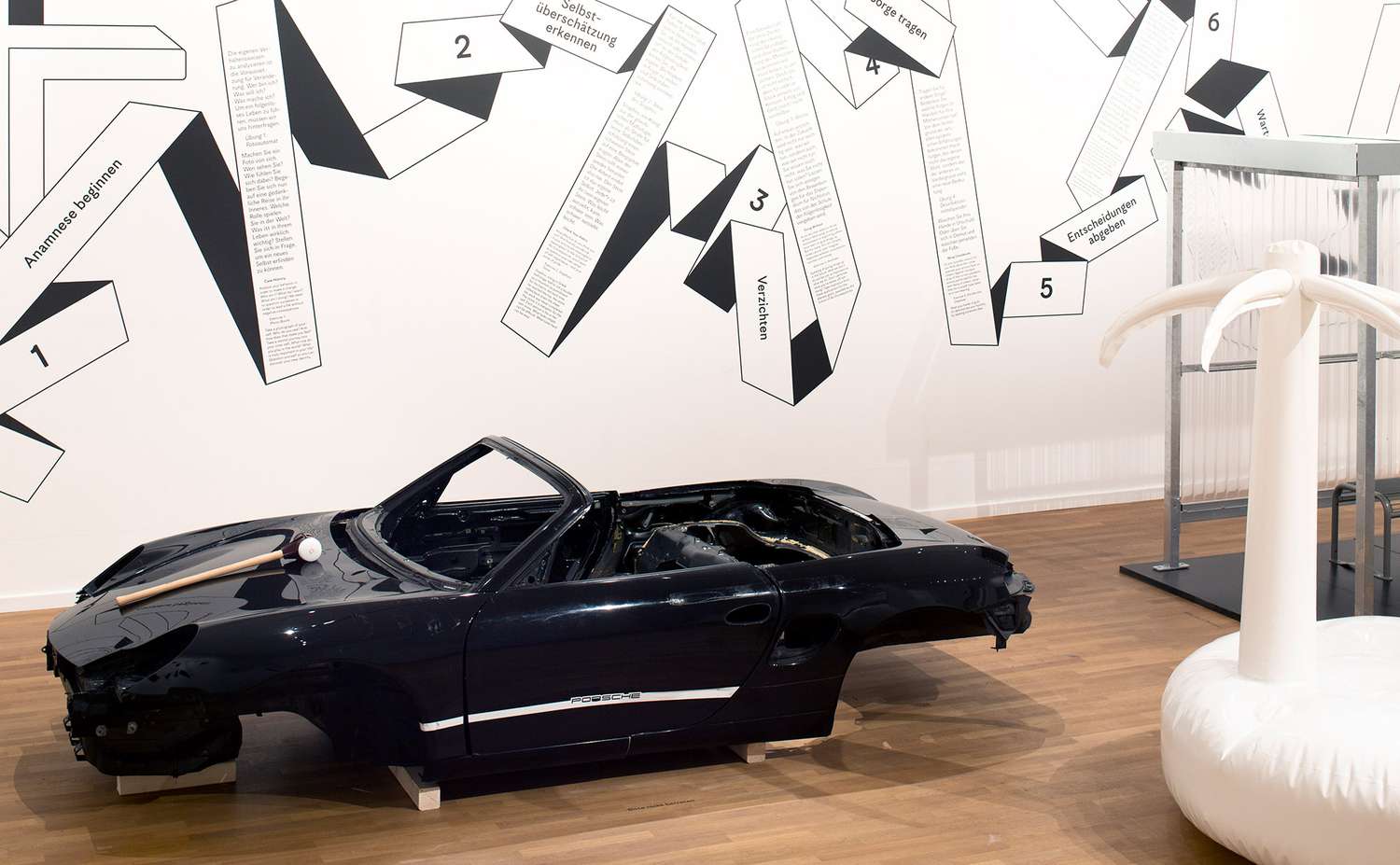
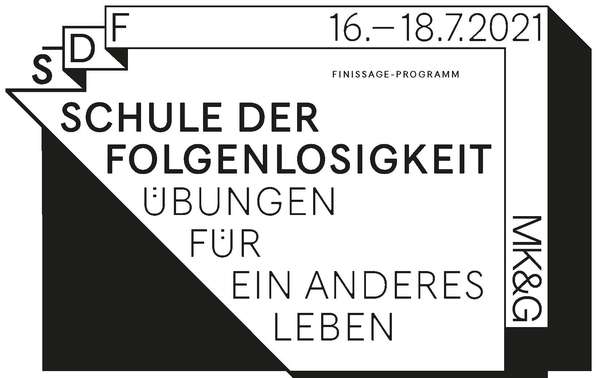
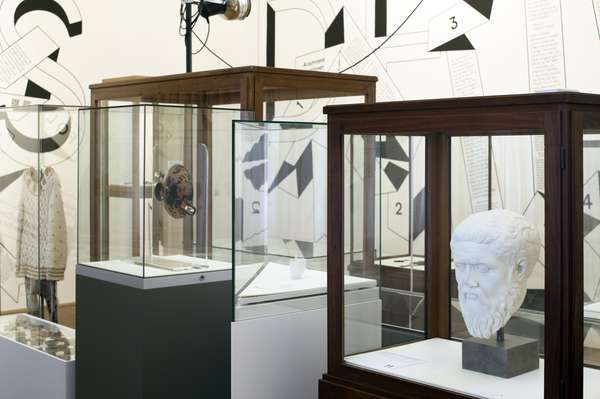
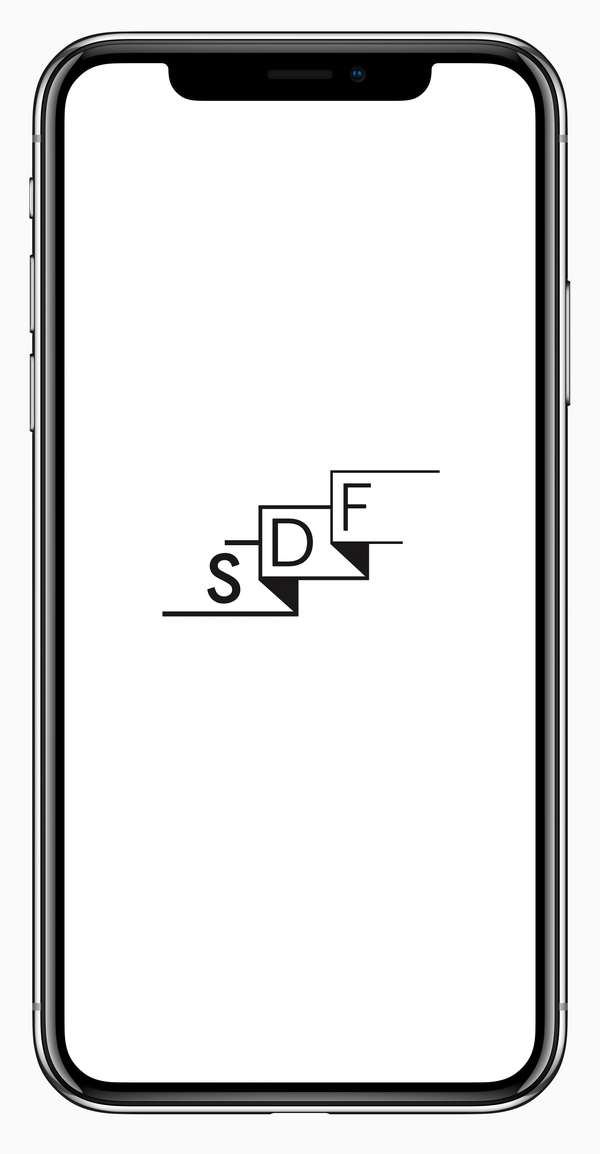
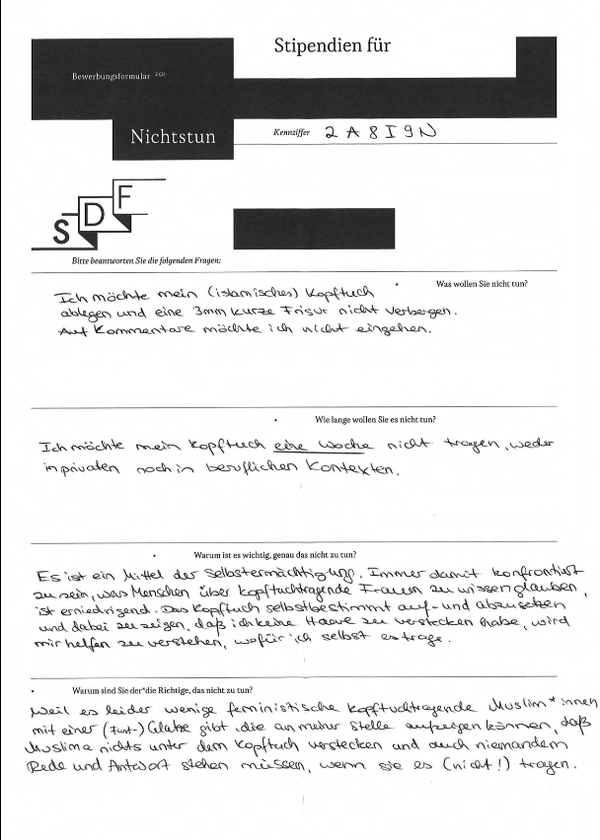
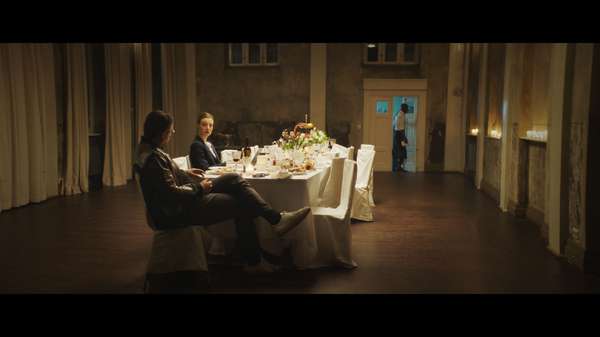
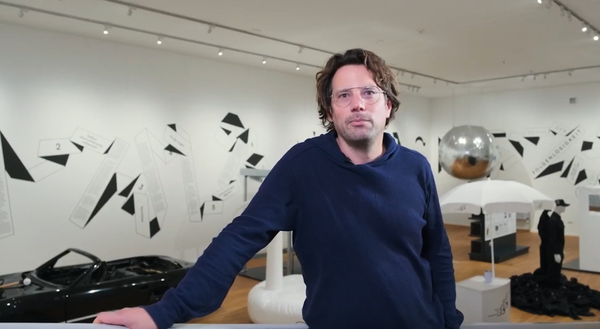
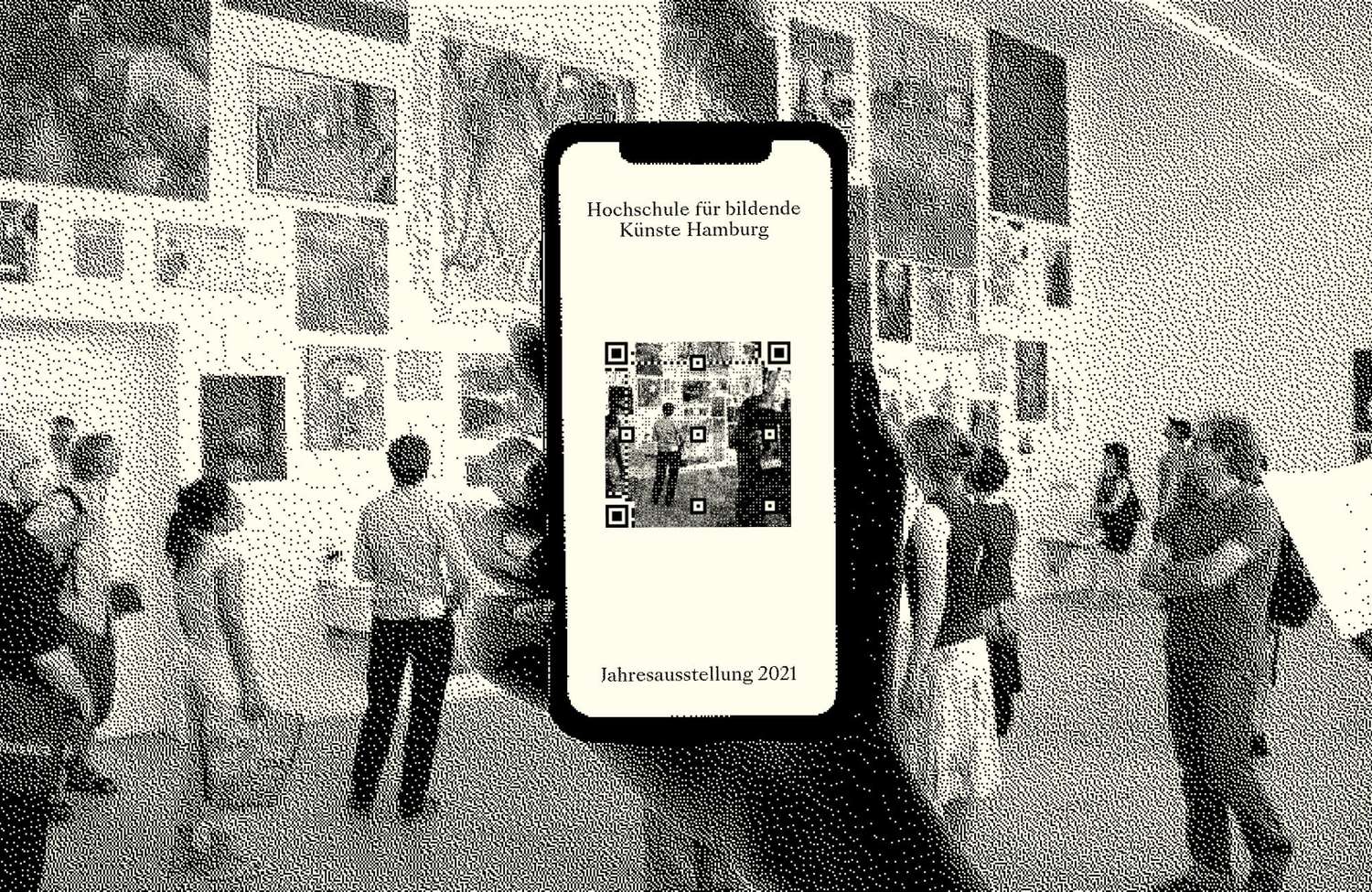
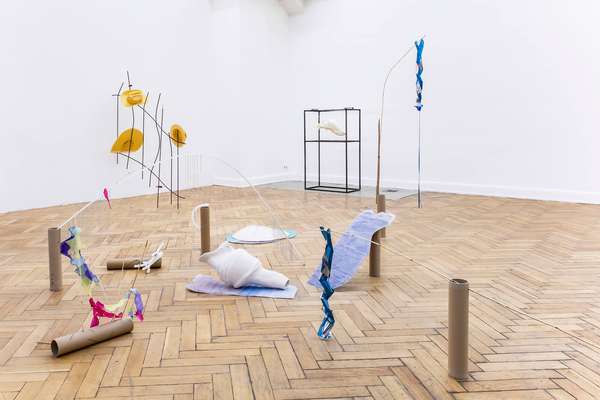
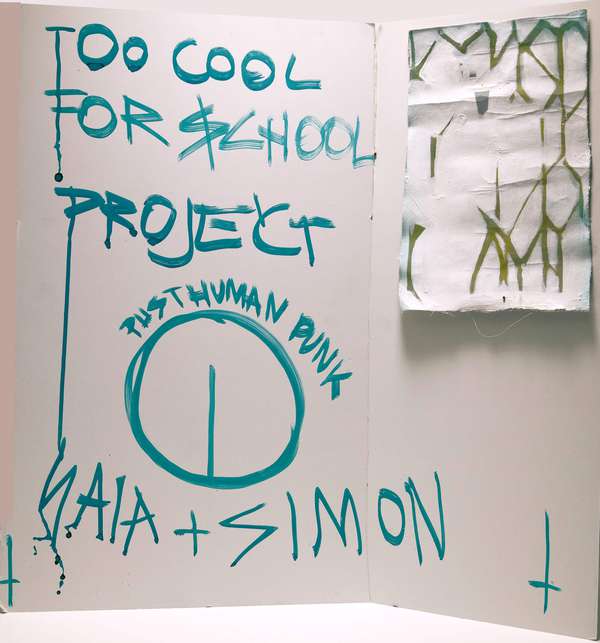
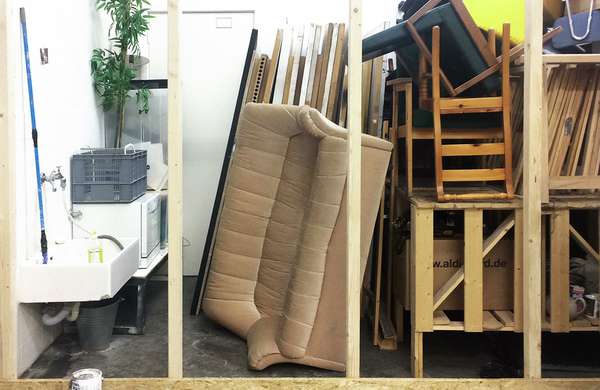

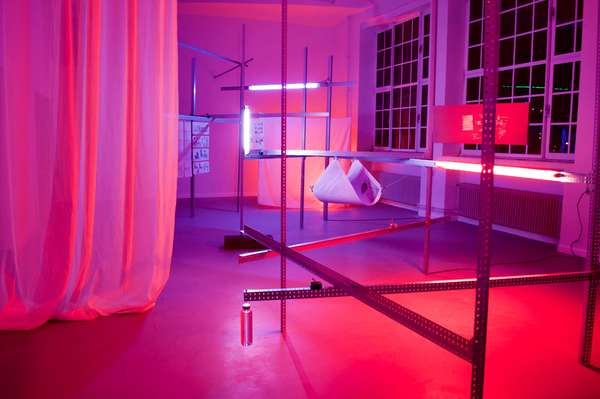
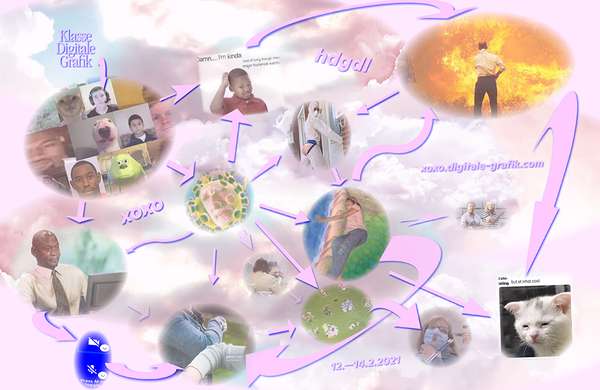
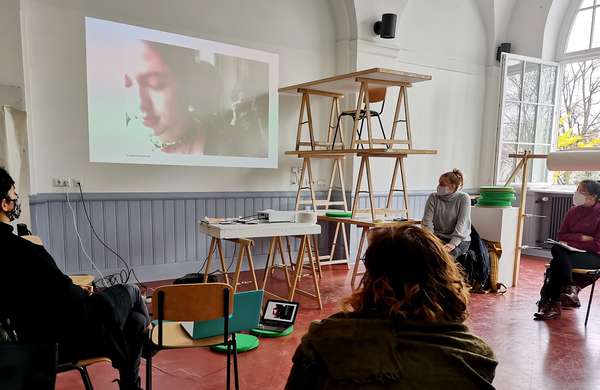
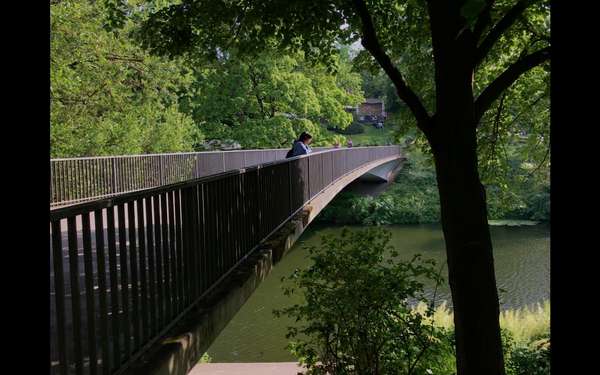
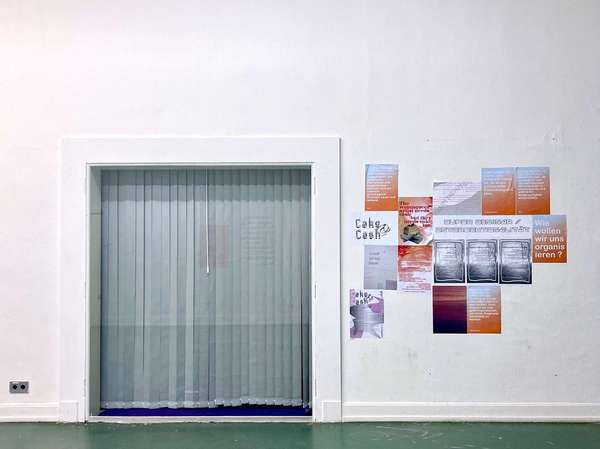
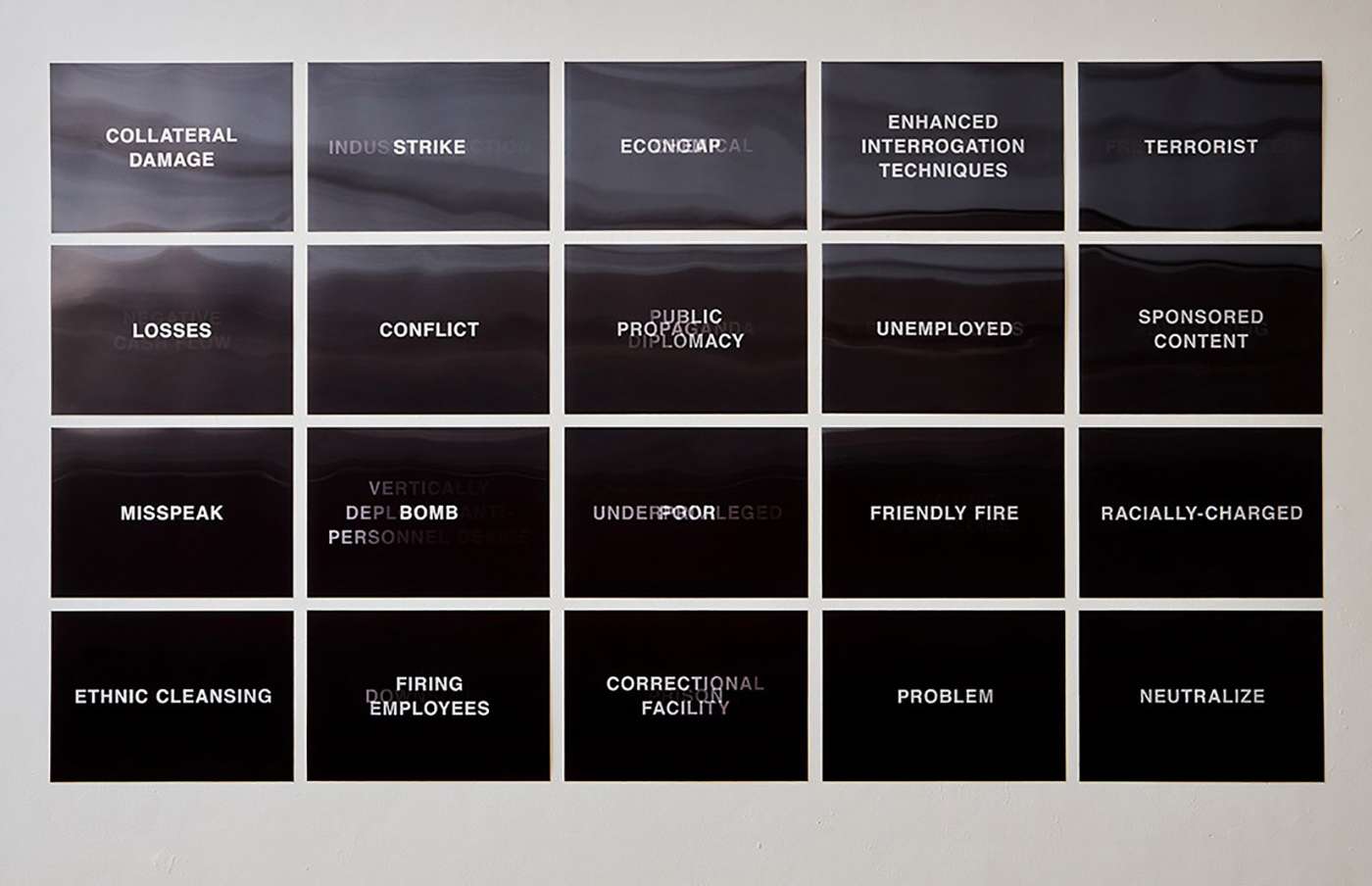
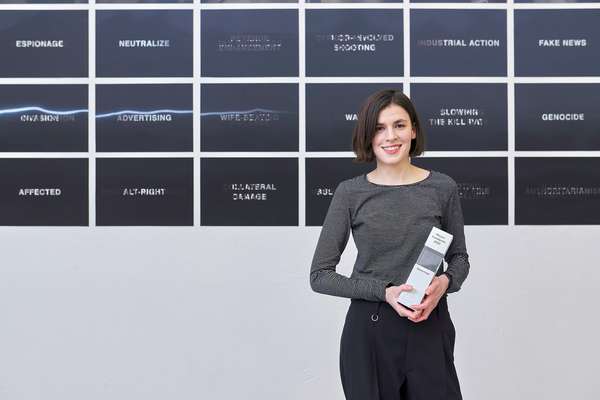
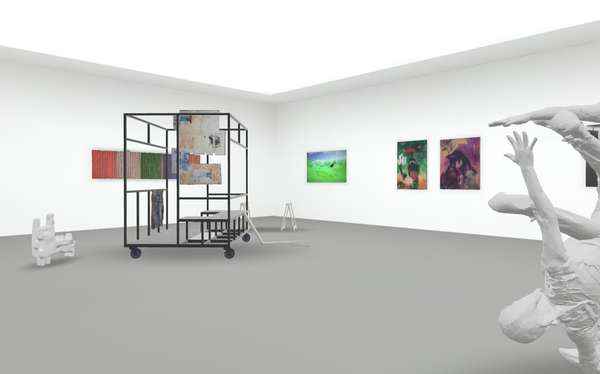
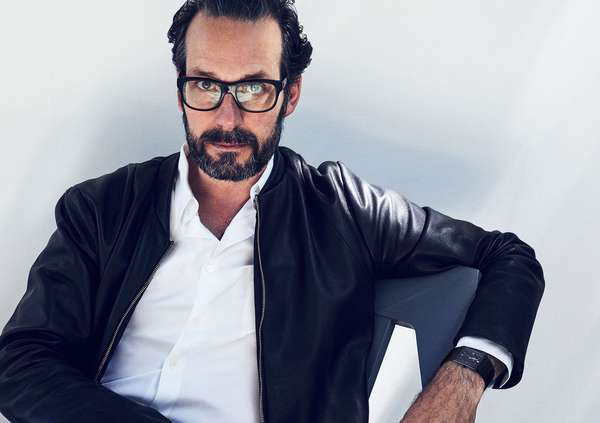
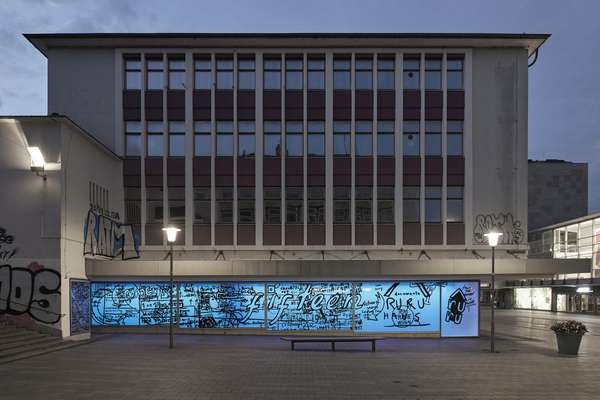
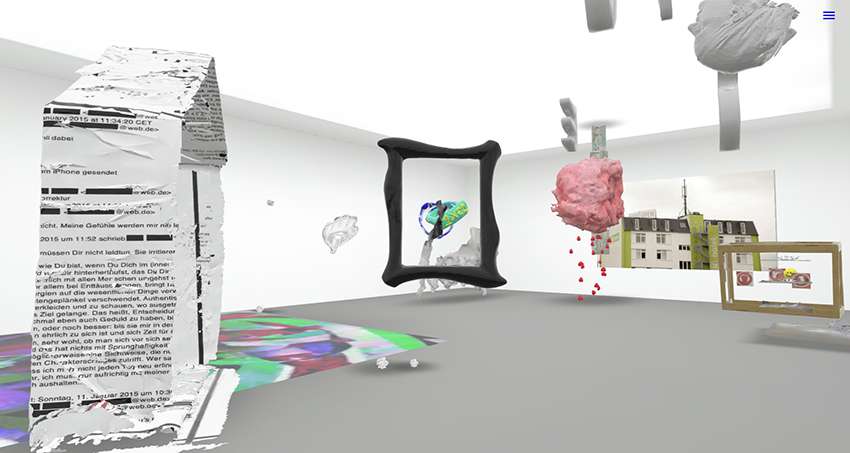
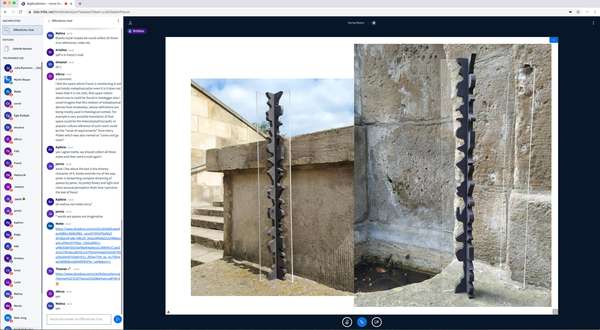
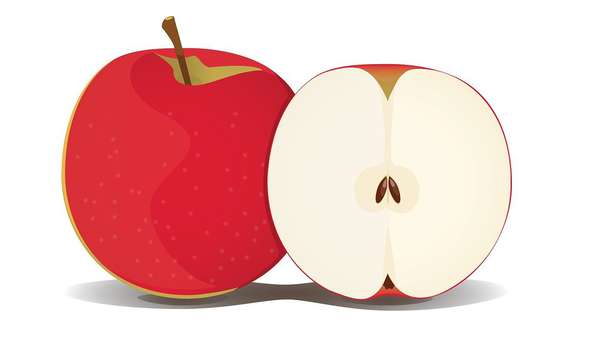
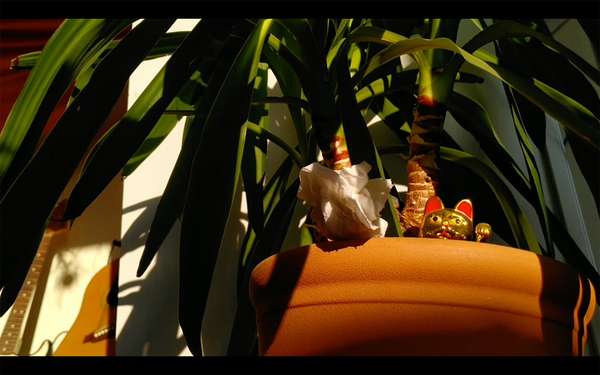
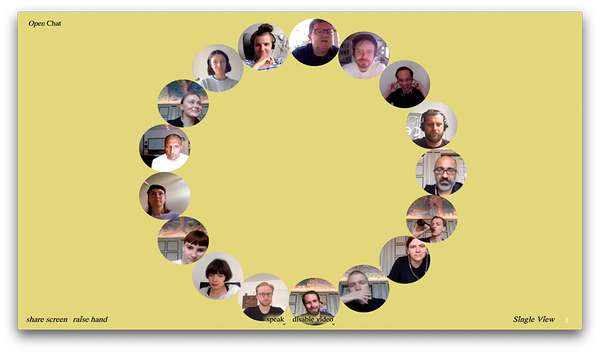
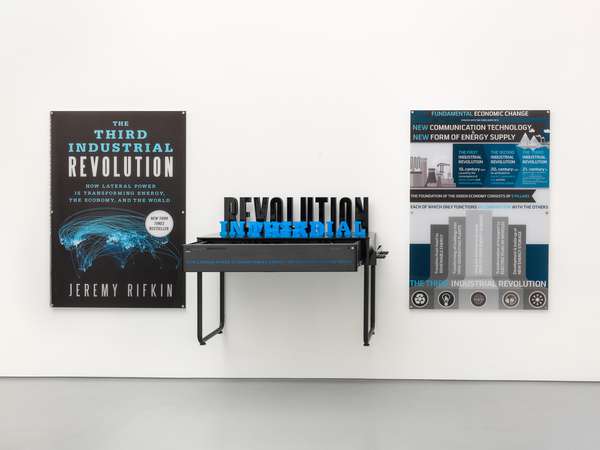
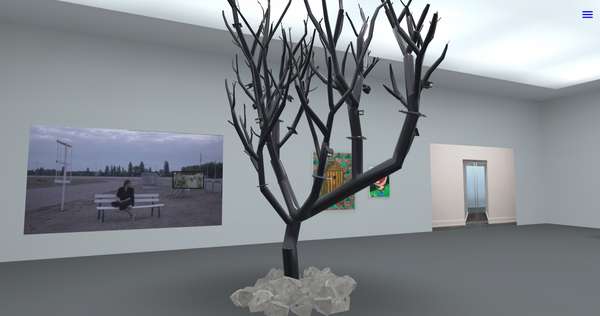
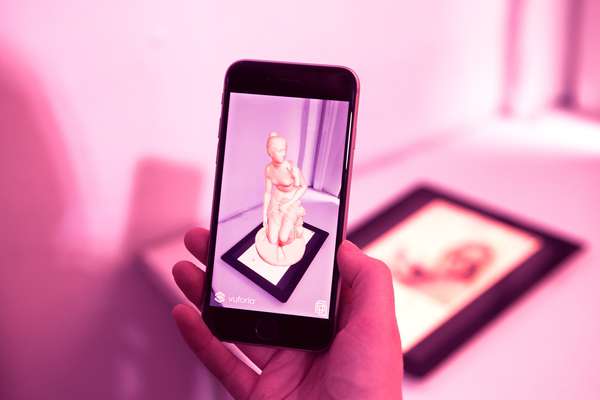
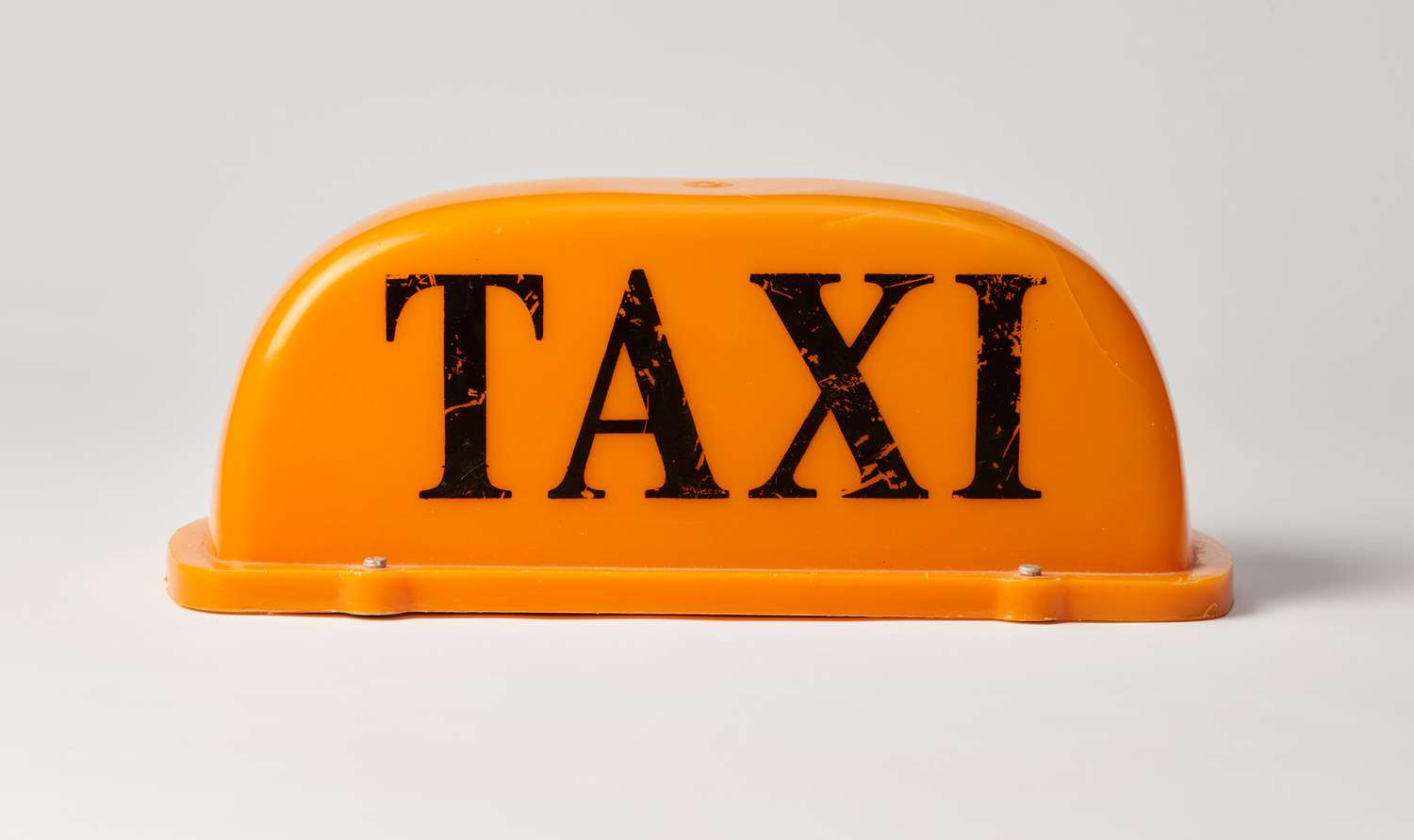
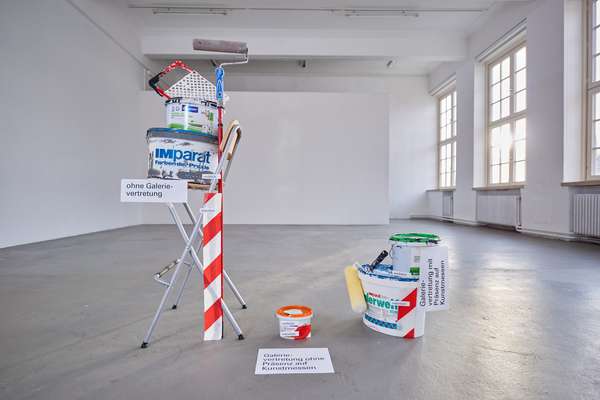
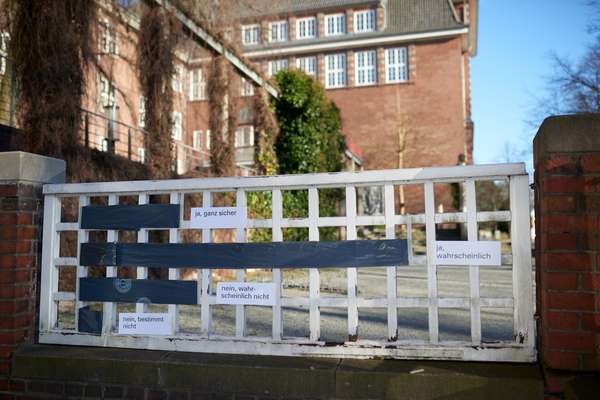
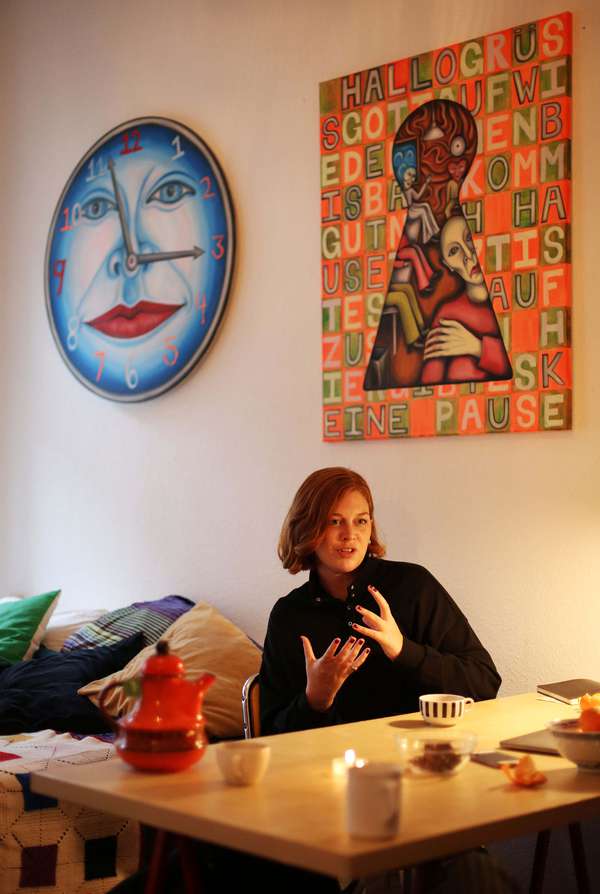
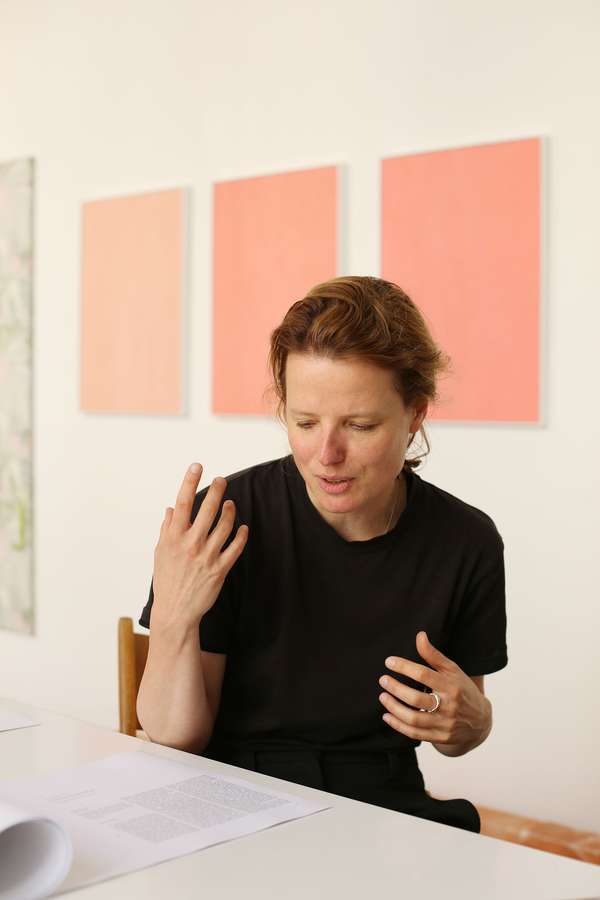
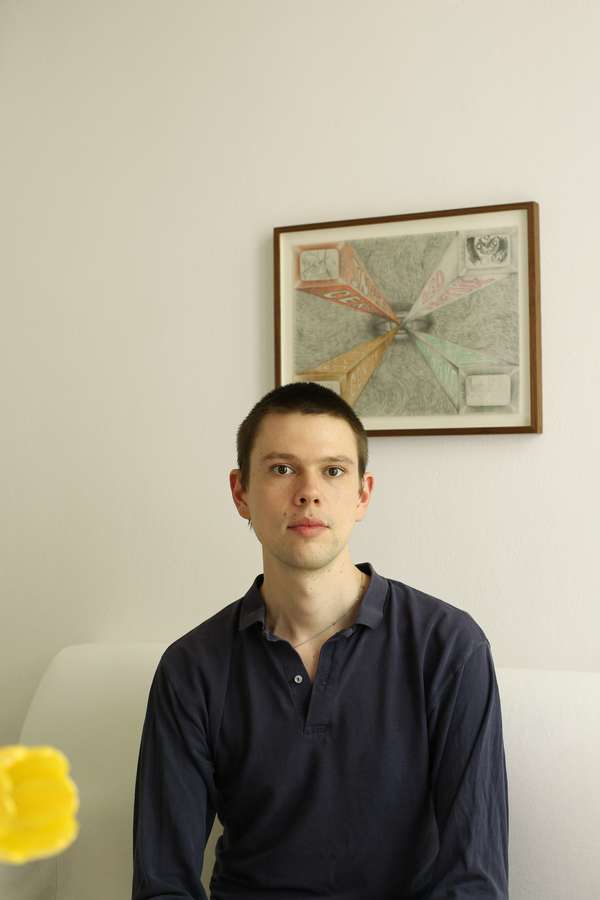
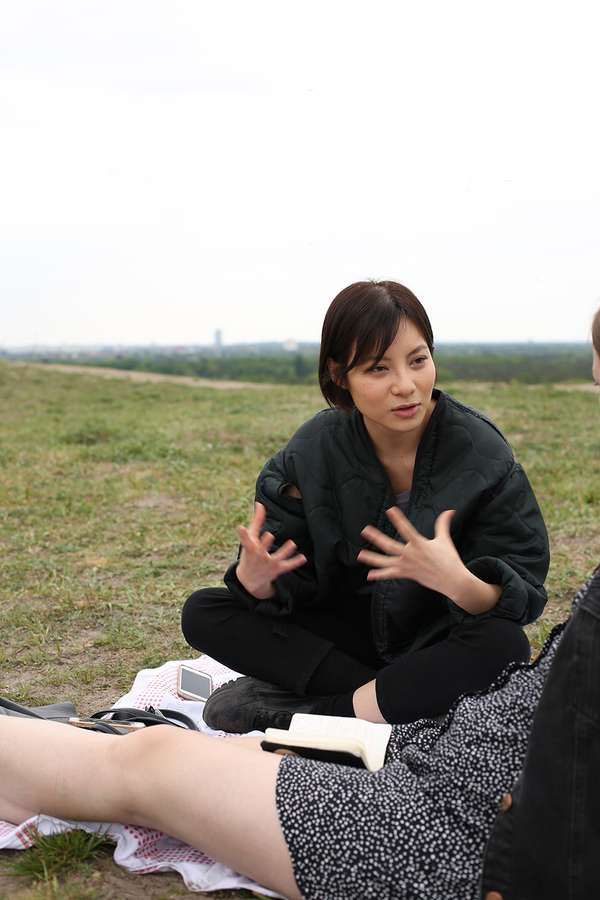
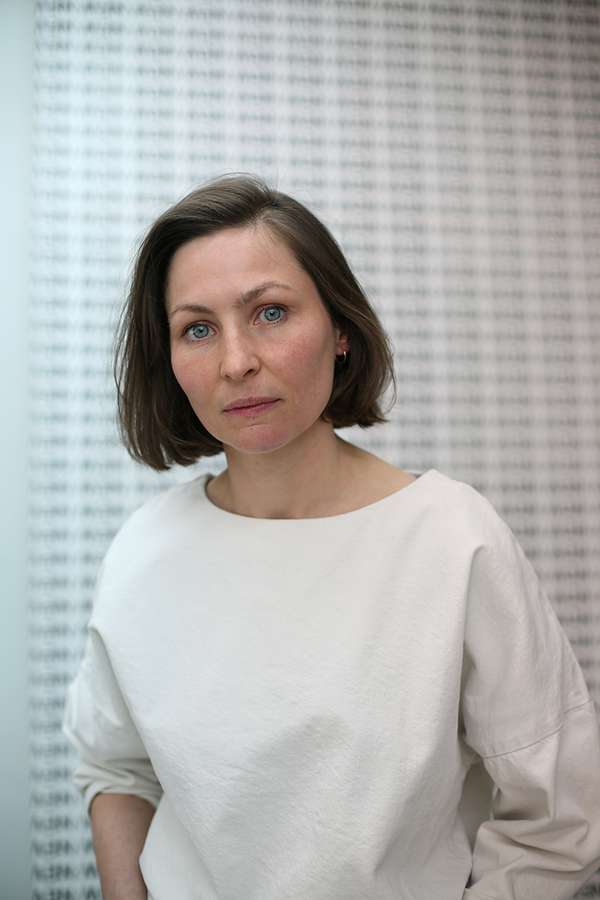
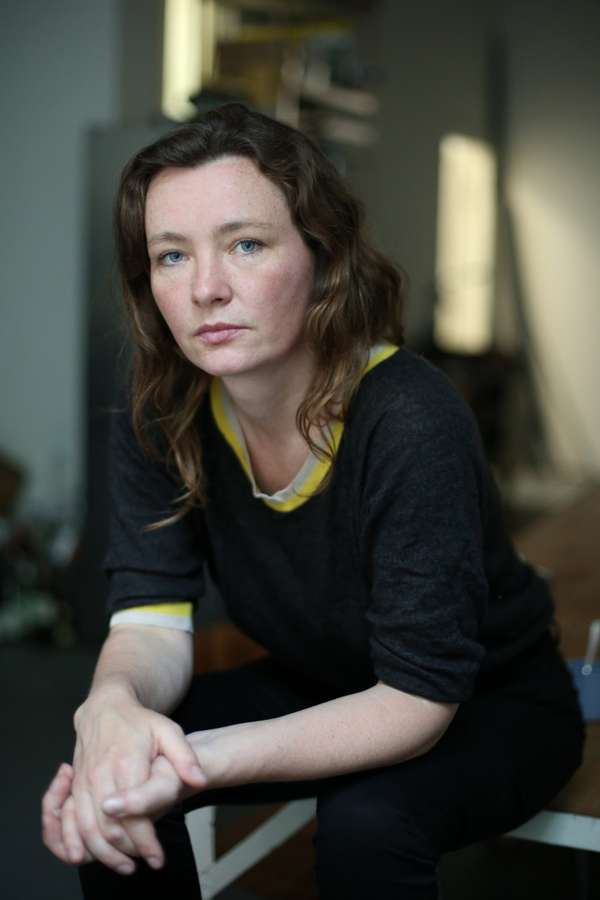
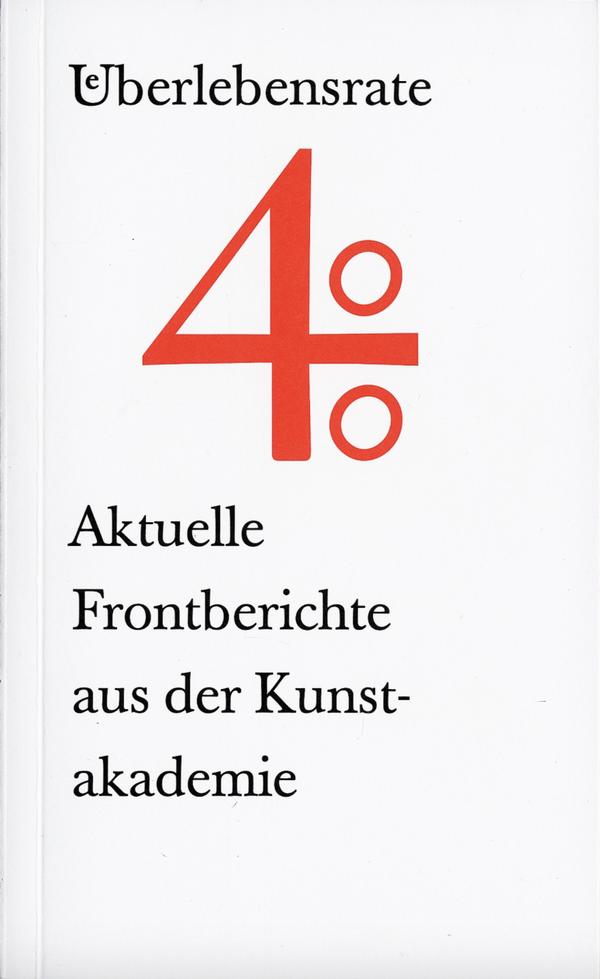
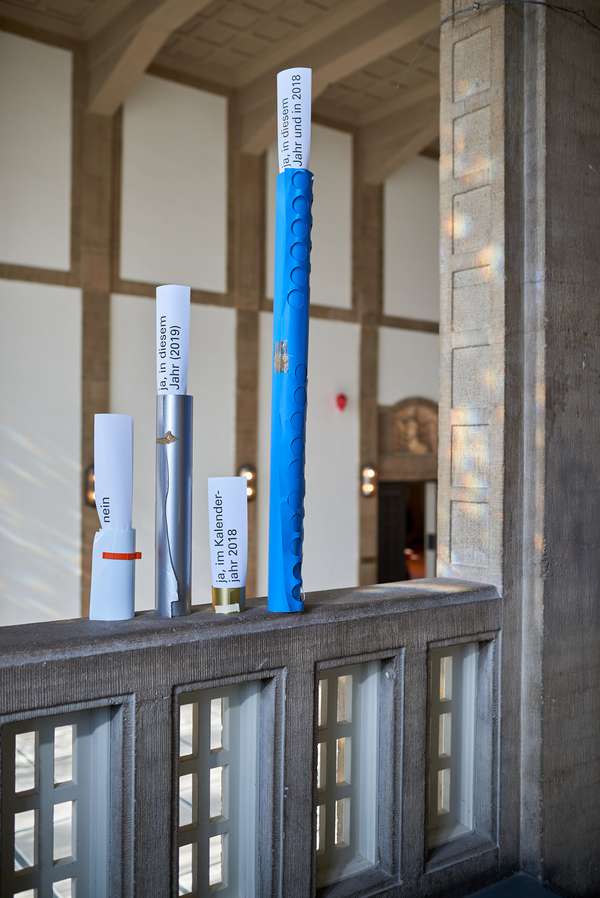
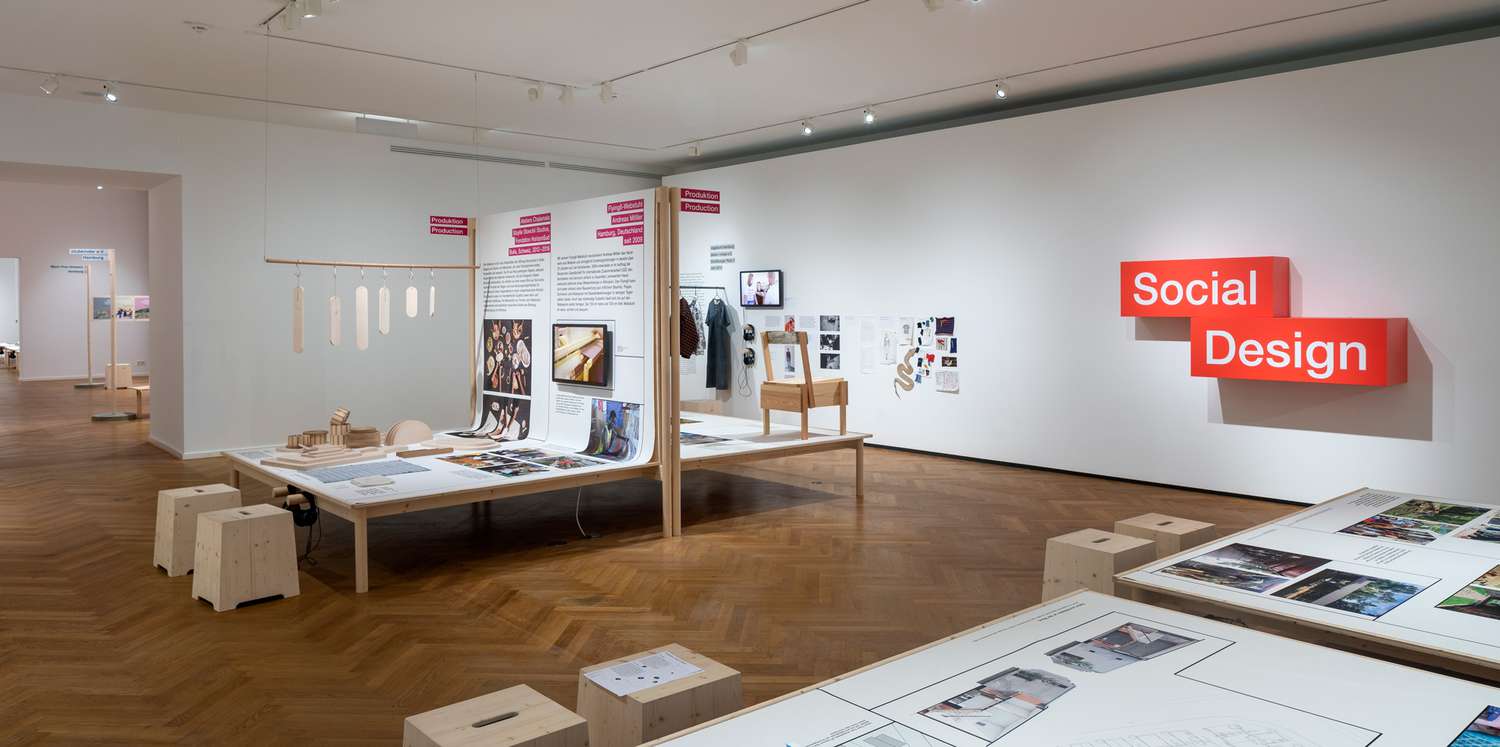
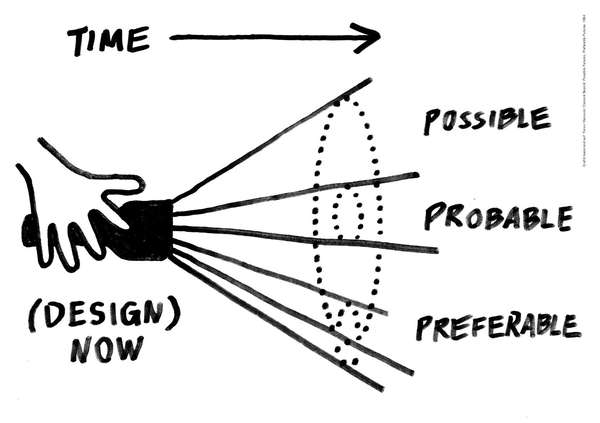
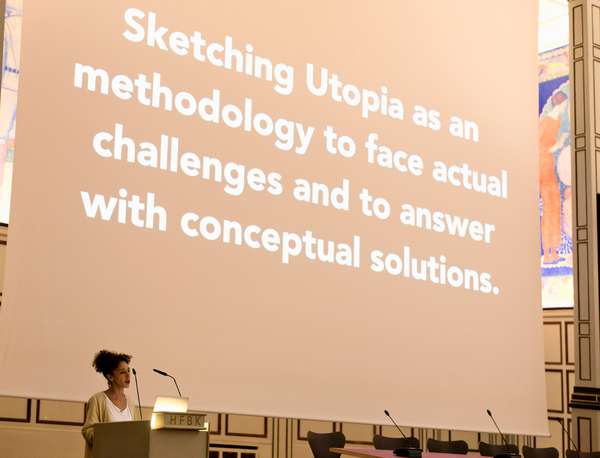
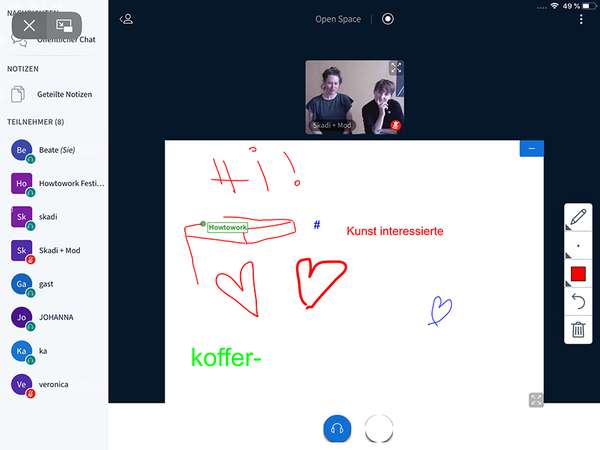
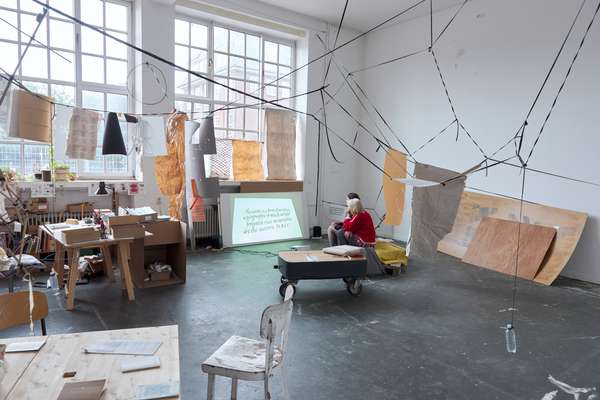
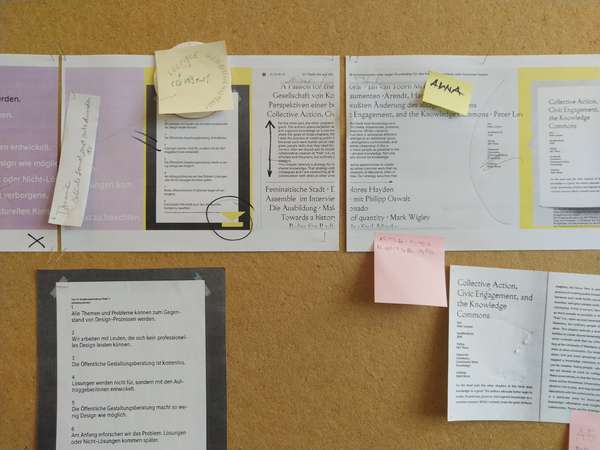
 Archives of the Body - The Body in Archiving
Archives of the Body - The Body in Archiving
 New partnership with the School of Arts at the University of Haifa
New partnership with the School of Arts at the University of Haifa
 Exhibition recommendations
Exhibition recommendations
 Annual Exhibition 2024 at the HFBK Hamburg
Annual Exhibition 2024 at the HFBK Hamburg
 How to apply: study at HFBK Hamburg
How to apply: study at HFBK Hamburg
 (Ex)Changes of / in Art
(Ex)Changes of / in Art
 Extended Libraries
Extended Libraries
 Semester Opening 2023/24
Semester Opening 2023/24
 And Still I Rise
And Still I Rise
 No Tracking. No Paywall.
No Tracking. No Paywall.
 Let's talk about language
Let's talk about language
 Graduate Show 2023: Unfinished Business
Graduate Show 2023: Unfinished Business
 Let`s work together
Let`s work together
 Annual Exhibition 2023 at HFBK Hamburg
Annual Exhibition 2023 at HFBK Hamburg
 Symposium: Controversy over documenta fifteen
Symposium: Controversy over documenta fifteen
 The best is saved until last
The best is saved until last
 Festival and Symposium: Non-Knowledge, Laughter and the Moving Image
Festival and Symposium: Non-Knowledge, Laughter and the Moving Image
 Wishing you a happy welcome
Wishing you a happy welcome
 Solo exhibition by Konstantin Grcic
Solo exhibition by Konstantin Grcic
 Art and war
Art and war
 Graduate Show 2022: We’ve Only Just Begun
Graduate Show 2022: We’ve Only Just Begun
 June is full of art and theory
June is full of art and theory
 Finkenwerder Art Prize 2022
Finkenwerder Art Prize 2022
 Nachhaltigkeit im Kontext von Kunst und Kunsthochschule
Nachhaltigkeit im Kontext von Kunst und Kunsthochschule
 Raum für die Kunst
Raum für die Kunst
 Annual Exhibition 2022 at the HFBK
Annual Exhibition 2022 at the HFBK
 Conference: Counter-Monuments and Para-Monuments.
Conference: Counter-Monuments and Para-Monuments.
 Diversity
Diversity
 Summer Break
Summer Break
 Live und in Farbe: die ASA Open Studios im Juni 2021
Live und in Farbe: die ASA Open Studios im Juni 2021
 Unlearning: Wartenau Assemblies
Unlearning: Wartenau Assemblies
 School of No Consequences
School of No Consequences
 Annual Exhibition 2021 at the HFBK
Annual Exhibition 2021 at the HFBK
 Semestereröffnung und Hiscox-Preisverleihung 2020
Semestereröffnung und Hiscox-Preisverleihung 2020
 Teaching Art Online at the HFBK
Teaching Art Online at the HFBK
 HFBK Graduate Survey
HFBK Graduate Survey
 How political is Social Design?
How political is Social Design?